A small pocket of Albany Highway in East Victoria Park may well be one of Perth's most resilient food hubs. While Mount Lawley's Beaufort Street and Subiaco's Rokeby Road go through cycles of relevance and gentrification, Albany Highway seems sometimes stable almost to the point of stagnation. While we wouldn't have the street any other way, it's refreshing to see modest new takes on food bubble up within the scene. A delight which is embodied nowhere better than Yuuma's menu filled with modern Japanese. We sat down with Yuuma's owner and head chef Sean to talk about modern Asian in one of Perth's most fascinating food hubs. "We looked at Leederville, Mount Lawley, a few suburbs, but ultimately saw Vic Park and saw how we could make something for this particular restaurant strip. We're good at Japanese and we knew that we could bring something new to the strip." Sean worked as one of the original staff in Crown Towers' Nobu, and after seven years in the restaurant, believed he was ready to start a place of his own. "I think I was twenty nine and was thinking about opening a restaurant as my ultimate goal. I thought, if I wanted to make those dreams come true I needed to start now." said Sean. "We took around three months of looking, driving around looking for places. My old boss opened Tsukaya in Mt Hawthorne and I helped him out, working full time but still looking for the place for myself." Bringing Fusion to Vic ParkThere is a clear rift between the Japanese food served throughout Perth and that which is served to locals in Japan. But while Sean respects and loves Japanese cuisine, he says he understands the crossing of food cultures perhaps even better than most. "People often do say to me 'Sean, you're not Japanese, but you're doing Japanese.' It's true, I can't make truly authentic Japanese cuisine, but I love the soul, the attitudes behind it. I'm Malaysian-Chinese, we were migrants to Malaysia. When Chinese people went to Malaysia they brought their own cuisine into the mix. The flavour memory we have is already combined. Nobu isn't traditional Japanese either, at Nobu we would combine Peruvian and Japanese. The combination of spice, citrus and fish textures worked really well. When we created something new we followed a theory from Nobu San that we should still keep more than fifty percent of the ingredients and style Japanese. We try not to overcomplicate or to lose the original in the fusion. Australia is a bit like Malaysia to me. We can't say Australian cuisine doesn't exist, we have what we enjoy here, and when we bring in our own cuisine, we understand that we need to bring Australia halfway. We want to bind the two food cultures." Bringing Japanese Flavour to AustraliaWhile modernisation and fusion runs thick through Yuuma's menu, the importance of Japanese flavours is not lost on Sean, who has had to find creative and ways to bring the foundational elements of Japanese cuisine to Australia. "Australia and Japan are both islands, but the climates are very different," says Sean. "There are many traditional recipes using ingredients which we can't find here or which you can't find in high qualitiy. We have to find creative ways to recreate those recipes with local and high quality ingredients. It's a challenge." However Sean has found several clever ways to adapt local ingredients to the Japanese palate, from substituting Japanese yuzu with local citrus, to employing more easily obtainable umami rich ingredients. "Japanese cuisine uses a lot of kombu and dashi stock as crucial ingredients. For example, when we do shiitake rice, we need a lot of umami from the dashi to make the rice really fragrant. But bringing in a lot of imported ingredients brings up the cost and lowers the quality. Instead we found that we can substitute dried shiitake instead of katsuobushi. We can use locally grown mushrooms and get the same level of umami." In sourcing fish and seafood, Sean says Australia is in a particularly fortunate position: "At first at Nobu we flew in a lot of fish from overseas, but slowly as the Australian fishing industry caught on we were able to take advantage of Australia's great sea water and actually manage to get local fish of a world standard." said Sean. "It's now to the point that some Japanese restaurants have to get their fish from Australia. We get tuna from Rottnest island, Salmon from Tasmania, Kingfish from a farm in South Australia. Tasmanian sea urchin is even coming up on a world stage- it comes in so bright and creamy, with a perfect layer of shiny fat." Modern Vic ParkSean says his overarching philosophy includes constant improvement and attention to what resonates with his customers. The restaurant puts on routine Omakase set menu nights which allow for experimentation, and from which the highlights become regular menu items. Customer feedback and their time in the space have led to a number of changes to the fit-out as well. With a small open fridge for sushi prep now filling the front counter. Art has been hung to cut down echoes. The impression is set that Yuuma is modern not only in fitout and menu, but in outlook too. "I had a menu and an experience I wanted to provide in mind. We struggled a bit at first when realising it. We wanted to give people a different experience for Japanese cuisine, but knew that from a business side it still needed to work. What helped a lot was realising that people liked what we were doing. We now have a lot more confidence and direction, which has informed a few early renovations. We're building a home for ourselves to serve people out of. We want the menu and decor to reflect that. " Yuuma are open from Friday to Monday 12-2pm and 5.30-8.30pm in 861 Albany Hwy, East Victoria Park. Follow them on Facebook.
0 Comments
19/6/2020 0 Comments Chu Bakery: Serving Hyde ParkChu is a little patch of heaven for anybody willing to wait in line. The tiny bakery has appeared just short of bursting at the seams from just moments after their opening in 2015. We spoke to owner and baker Ryan Chu about sourdough, Hyde Park, and the small ambitions which created the longest queues in Highgate. Small Space, Humble Beginnings "After my second year working as a baker I become really interested in sourdough bread. There weren’t many places making it, so I started to make my own. I kept experimenting and eventually got to a point where I thought I wanted to share it with everyone- that was the start of the business." Ryan and his wife Seren saw out their vision in the lease of an unexciting but well located corner store on William street. Taking the bare minimum of space they needed for Ryan's baking and for Seren to create pastries. Leaving just enough space for a snaking line of customers and deliveries. "It’s a limitation but we make it work," said Ryan, "we’d love a few more square metres." Ryan and Seren wanted to create just enough for the local community, without wholesale orders or expansion. Expecting a slow start, the couple were shocked by just how well their venue resonated with the community. "It was really flattering to see people come as far as they’ve come from to buy our pastries and bread. It was a happy surprise, we were expecting to be very low key, very quiet. Instead we were working just about all of the time." said Ryan. French Inspired, Fiercely Local"The French patisserie acted as a kind of blueprint," said Ryan, "We fell in love with the old traditional style of breads and pastries, and cakes, and although we love it we did want to modernise it in our own way, to create different aesthetics while respecting the original." Ryan heads the bakery team, creating "base product, the doughnuts, the croissants, the eclairs, tarts," staging and preparing everything for Seren's pastry team. "They do the fillings, the garnishing. It's all a two step process." He turns back to their small and local values as a nexus to focus on constant improvement in their products: "We try to source the highest quality we can get, and to make everything from scratch so we can control every component in our pastries and our bread." "All our wheat is stone floured wheat from Gunnedah in New South Wales, they have a large stone mill and support a lot of small farms. We buy organic wheat and get to contribute to sustainable, environmental farming with a small ecological footprint. It's really important to us." he said. Ryan and Seren's attention to detail extends out to coffee offerings among the best in Perth. As well as admitting themselves as fierce coffee drinkers, they realised that opening in the midst of Perth's specialty coffee revolution would mean getting serious about their brewing. "We take every component of our business super seriously, we can't focus on any one thing and let another go." said Ryan, "Coffee is a religion in Australia, we knew we had to get it right." "We've always loved Dukes and developed a really good relationship with the roaster and owner while they were roasting in Small Print. Simon the roaster was incredibly supportive and knowledgable, and was excited about our project." A glance at Chu's long queues when driving past may be enough to dissuade many, but while easy to dismiss it as Highgate hipster trend obsession, it's encouraging to remember that the venue's owners are firing up each morning from 2am, all with the simple ambition to serve their local area with the best they can bake.
When we asked Ryan what was next for Chu, his answer was simple: "There's no desire to expand, we just want to continue to refine our product, make it better and more accessible, and give the community as much of our product as we possibly can." 30/3/2020 0 Comments The Local Winemakers we LoveThe government has thankfully amended their liquor sales restrictions to allow local wineries to sell up to a 12 bottle case to each WA home per week. What this means is that not only is ordering direct from a local winemaker now the easiest way to stock up on great wine, but it comes with the benefit of helping out real people who are sharing the same struggles we are. Over the course of running 12th Avenue we've been really lucky to meet a bunch of winemakers around Western and South Australia, all of whom have shown themselves to be kind, generous, humble and lovely people. We've created this list to shine a light back on the people who have been wonderful to us. Our list is by no means exhaustive, and we have no doubt that we've left out a bunch of incredible people and winemakers. We really encourage you to order wine from these people. We're not economy savants (hence running a food blog) but we do know that if your wine buying dollar can't go anywhere better than into the hands of an Australian like yourself looking to pay bills and survive a difficult and confusing time. Swan ValleySwan Valley WinesPaul and Bree's second-generation family owned and operated estate winery is a funky looking mess of tangled vines which barely rise above knee height. "The inclination, looking at vines like this, would be to tear it all up and start again," Paul told us of the fifty year old vines when we visited their vineyard. Their wines mark a refreshing change for those who may be somewhat fatigued by the larger wineries of the Swan Valley- in a region where great wine exist albeit at a significant premium, here is a young family putting out fascinating and fun wines at prices which won't prohibit mid week drinking. https://www.swanvalleywines.com.au/wines/ Old Mate WinesSam Jorgenson's Old Mate Wine is a label for left of centre wines which can be both fun and challenging. As a truly tiny winemaking operation his wines can be hard to get a hold of, but reward the dedicated. Our own experience with Sam's wines is a fairly funny one- as he had accidentally entered his home address into the 'winery' section of a label and led us to believe that somebody was making wine in Maylands. We set out to find a bottle which was full of huge flavours which we were initially very much not ready for, but stayed with us and eventually became the catalyst for all of our wine adventures. That first bottle may have been a shock, but we have Sam to thank for everything we've loved from him and his many natural winemaking peers ever since. Sam doesn't have a website, but you can often find his stuff at Wise Child, Mane Liquor, and Besk. Margaret RiverSouth by South WestDelightful wine from delightful people— Liv and Mij's South by South West label is a more-than-the-sum-of-its-parts amalgamation of Mij's brilliant design work and Liv's extensive winemaking background. Add to the mix a research trip making wine around the world and management of some of WA's most fascinating vineyards, and it makes sense that South by South West have become so well lauded show a particular talent for taking out People's Choice Awards. You can check out their beautiful website and online store: https://www.southbysouthwest.com.au/shop/ And if you're already enamoured, try their wine very own wine club. LS MerchantsDylan and Taryn's LS Merchants label celebrates wines which manage to feel exactly as raucous as you do- equally at home in a five-course degustation as splashing liberally in a raging party. LS Merchants wine is fun, young and charming in a bring-home-to-your-parents kind of way. We've been missing Dylan and Taryn's penchant for exciting and off-kilter events lately, but a bottle of their brilliant wine brings us right back. https://www.lsmerchants.com.au/new-products Flor MarcheSpanish for Flower and French for Market, Flor Marche is Elizabeth Reed's nine year venture in making wine back home in WA. Her wines are some of those which we first recommend to friends looking to try out the world of small-batch wine— immediately delicious, strikingly beautiful. For updates and wine lists sign up to her mailing list: https://www.flormarche.com/contact/ DormilonaDormilona— Spanish for 'Lazy Bones'- pays homage to a gentle ribbing Jo received while making wine in Spain and finding herself spending so many early mornings surfing and 'being generally Australian' that she'd often be fast asleep by 9pm. Jo Perry's wines are, simply put, some of our favourites. Delightfully balanced between raw and natural, serious and sophisticated. We love everything about these wines and about Jo's earnest and open approach to winemaking. https://www.dormilona.com.au/shop/ Mr BarvalA lot of the wines we've featured so far are delicious, serious wines in fun clothing. By contrast Cullen and Moss Wood alum Rob Gherardi's wines bring flair and fun to a fine wine setting. His wines and history are the sort you can use to impress your friends who think they know a lot about wine, while remaining all deliciousness throughout. https://www.mrbarval.com/shop/ https://www.mrbarval.com/subscription/ Blind CornerA winemaker with something for everyone- Bon Gould's minimal intervention winery puts out a prolific range from easy to serious, dry to sweet, still to sparkling. Newly added is a shiraz in a can diluted with local rainwater and spritzed. With so many offerings it's easy to forget the winery is humbly run by Ben himself and a few close friends. https://www.blindcorner.com.au/collections/frontpage Wines of MerrittNick and Sarah's single vineyard, small batch wines champion off-the-beaten-path varietals which may just become your new favourites. Knowing your supporting such a delightful couple all the while makes their wine just that much sweeter. https://winesofmerritt.com.au/ Sam VinciulloSam Vinciullo's eponymous wine label makes sense when you see his entirely bespoke operation, which involves Sam managing everything from growing to bottling to sales entirely on his own. Sam doesn't stop there, the wines he produces are also completely free from additions or sulphur. Crazy? Maybe. Delicious? Absolutely. http://www.samvinciullo.com/shop L.A.S. VinoNic Peterkin's L.A.S. Vino abbreviates to Luck, Art, Science, denoting his three pillars of winemaking into a phrase he often heard while making wine in Spain. He's since realised they were saying 'Los vino', but took it in his stride as the name had already stuck. Nic's wines feature striking labels and beautiful juice inside. We love them for making a splash on special occasions- if you've ever wanted to get dressed up and fancy to make isolation a bit more fun, these are the perfect companion. https://www.lasvino.com/ Skigh WinesThough named after winemaker Skigh McManus, Skigh Wines is one of the most democratic wine labels on our list- being owned and operated by a bunch of Skigh's mates amongst him. You'll find the wines as friendly and fun as the crew which produce them. https://skighwine.com/our-product/ Great SouthernBrave New WineA creative couple who started their label as "an antidote to working in a commercial winery"- Yoko and Andries create some of the most boundary breaking, weird and delicious wines, each with a beautiful hand painted label by Yoko. If you're looking to try out what wine can be without pretence or holdbacks, start right here. https://bravenewwine.com.au/ FreehandMatt and Danni make no-sulphur wines from their biodynamic vineyard in Mount Barker. Their wines are classic Australian natural wines, funky but fresh, morish and, bright. Add to the mix their delicious tawny and this is a great winery to check out. https://www.freehandwine.com.au/store/ La ViolettaRefined and delicious, Andrew Hoadley makes delightful wines with beautiful labels which we can't get enough of. With funky names, it's sometimes a little ambiguous which particular varietals are in which bottle, but with cool names which describe the character of the wine better than a particular grape will, we still love it. http://laviolettawines.com.au/order Express WinemakersRyan O'Meara makes clean, bright, smashable wines our of Mt Barker and Porongorup. Don't let our description of Ryan's wild, wild hairdo diminish your opinion of these wines, which are exactly as serious as they need to be, and will impress even your snobbiest mates. https://www.expresswinemakers.com/wines That's everything so far for what's become a pretty big list of winemakers we love. We'll be adding more winemakers from South Australia in the coming week.
It's a Thursday night in Wembley and Monsterella is packed full of families, friends and young couples. Next door, their sister wine bar Mummucc is pumping with a similarly diverse crowd. We're speaking to Tania, who owns and operates both venues with her husband Ryan. "We do kind of pinch ourselves regularly," she says. In a city obsessed with high profile openings and surprise closures, Monsterella is celebrating the approach of its third birthday with the same bustle it has steadily maintained since opening. Back to Basics"We wanted to just keep it really simple and fresh. It's not always easy to do simple, you kind of have to nail it."Monsterella and Mummucc specialise in traditional Italian pizza, pasta and insalata. Their food is transparent, often containing each ingredient on the menu listing. For Tania, the quality and freshness of the ingredients themselves is what sets them apart. "Little things make the difference." she said, "If the produce isn't good, we don't use it. I get as much of the salad ingredients as I can from the farmer's market each week, and Ryan makes the dough himself every day." "It's not secrecy, or that he's trying to be a dough master, he just likes doing it and knows what he wants in it. It's all pretty special. The owner is making the dough every day. Putting genuine love into it. My mum makes the pasta every day too." For three years Monsterella has been a family effort, and for Tania a reflection of the incredible food her family has been making for generations. "I've been around good food for forever." she said. "I remember having friends come over when I was in highschool, they would eat Mum's food and just be blown away. For us it was nothing, you don't realise what you've got until much later. In the restaurant I just wanted to share that." "It's not until you're older that you realise how special it all is. Our family's produce all ends up in the kitchen. The sauce days, the sausages, it's all to keep the old traditions alive."Monsterella and MummuccAt age 2, Tania and Ryan's daughter would call all cheese 'monsterella'. Ryan was involved in another restaurant at the time, and Tania was working in the fashion industry. The ideas of homemade pasta and back to basics cooking was in their minds, but it would take several years and the severing of their current ties to become Monsterella. "After a while everything sort of fell into place, and then the bar kind of came to us." Tania mentions that when their landlord mentioned the space which would become Mummucc was available they realised that if they didn't go for it, somebody else would. A small bar had always been on Tania and Ryan's radar, and the opportunity was too good to pass up. "My mum now makes pasta for two venues every day, I guess she didn't bargain for that." said Tania. The bar follows many of the same cues toward freshness and simplicity as Monsterella, but with more chances to be ambitious in specials and menu changes. A lineup of small bath local and Italian wines further reflect the care towards providence Ryan and Tania have dedicated their venues toward. "It's a very good time to be Italian. I think it's all kicking back, and what's doing well out there is back to basics European food." said Tania. Monsterella are open 7 days a week from 4.30 - 9pm. Book through their website.
Tucked into the back courtyard of Fremantle’s Kakula’s Sister is one of Perth’s few bonafide hidden gems. Leake Street Cafeteria is at once a hideaway right in the middle of Freo’s busy city centre, a standout cafe in a place where people can afford to be choosy, and one of Perth’s most interesting hospitality venues. We spoke to Leake Street’s owner, operator and chef Wade Drummond about hospitality in Fremantle, the logistics of operating a tiny cafe, and what inspires him. Creating a Space"I've always had a fascination with food. It's always felt quite instinctive.” said Wade, “I don’t have cheffing qualifications or anything, I learned everything from helping mum cook, making mistakes myself or watching tv and reading cookbooks.” Wade competed in Masterchef in 2012 had spent the intervening years selling crumpets at the Subiaco Farmer’s Markets when he stumbled upon the beautiful courtyard outside Kaklula’s Sister. "I always saw so much potential in it. I'd wanted to do my own space and to do something different, so I wrote a letter to Kakulas, we had a chat, and suddenly I had to find money for it.” he said. In early 2015 Wade took to Kickstarter with a fun one-shot promo video and a range of rewards from a bag of coffee beans up to office catering and dinner parties for backers. By the end of the year the Kickstarter had reached its target and the cafe was underway. A Shoebox Cafe"I've had a few chefs walk in and just say 'nope, you can't do what you do here.' It's true, a lot of the time it's just so small it shouldn't work." Within the beautiful courtyard where customers eat and drink, the cafe space and indeed the kitchen in which Wade creates his salads, soups, pickles and sandwiches is smaller than most food trucks. Bench space is at a premium, and the oven is large enough to cook just a single loaf of bread at a time. While he agrees that it’s challenging, Wade admits that necessity finds a way when using his tiny kitchen to fuel the cafe. This includes turning to pickling, which the cafe has become famous for. "I started doing pickles here because I had to. There's not a lot of cooking facilities, no space to fry or sautee. It came about from necessity and I've just looked at how to do them best in different combinations through experimentation.” "Preparation is key when working as a one person operation, you have to plan. I was a 'we'll just wing it' sort of person, but when you're working by yourself you quickly realise that you start running out of everything, and it costs a lot of money to keep running out to the shops.” said Wade, "If we run out of an ingredient, pickling takes three days, sometimes even three weeks. If we run out of sauerkraut, it's three weeks until a new batch is ready, theres a lot of planning in that respect." Wade chases his curiosity to keep his menu and outlook fresh. "I get a bit obsessive.” he said, "I have moments where I'll read something or see an ingredient and just have to try it. It'll sit in the back of my mind until I can actually do it, whether that takes two days, a month, or a year. It'll be there until I scratch that itch." “Recently, I went through Kakulas and they had some black barley, I thought I'd make a chicken and black barley soup, and then kept going through iterations until I was happy with it. Black barley is a two day process, you have to soak it, you have to germinate it a bit, but I knew I’d have to keep going until I had something I was happy with.” 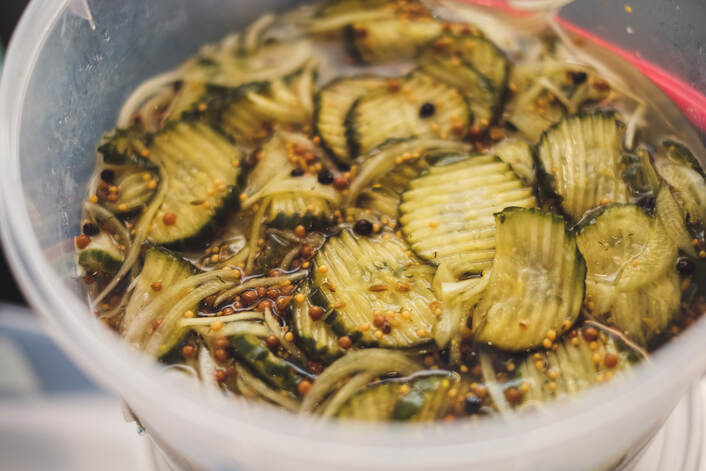 "I have moments where I'll read something or see an ingredient and just have to try it. It'll sit in the back of my mind until I can actually do it, whether that takes two days, a month, or a year. It'll be there until I scratch that itch." No Such Thing as Perfection"I can change things just enough that I see an improvement, and the customer either likes it more, or doesn't notice. Some people have asked why I bother, and I can only tell them that it's infinitely better to try something new.” With no street frontage and a space like nowhere else in Perth, Wade relies on the strength of his product and hospitality to keep people coming back. He mentions he tries to make every person’s visit as good as it can be, and reflects the same desire for continual improvement in his food. "People who come in are very loyal. I get customers who come in on holiday or for an event and stumble upon us. People find us on a whim or a chance and often they come back, even if it's the next time they're in Perth.” said Wade. Leake Street Cafeteria is open weekdays from 7:30 - 2:30, inside Kakulas Sister, Fremantle. Check our their website for more from Wade.
Traditional images of chocolatiers depict European chefs delicately pouring molten chocolate into molds and over truffles, with special attention to the addition of nuts and flavourings. Little, if any attention, is given to the fact that chocolate begins its life as a bean which grows in equatorial climates. In recent years, small batch bean-to-bar chocolate makers have begun to challenge our perceptions of chocolate. These producers bring the focus back to the cocoa beans, provenance and quality. We spoke to Western Australia's smallest bean to bar maker, Mark Carniello, who runs Cailo chocolate along with his wife Simona from their home in Duncraig. We spoke to Mark and Simona about the growing bean-to-bar industry, the challenges of chocolate making in Perth, and how they do their part in educating consumers on the difference between chocolatiers and chocolate makers. Mark succinctly describes that chocolatiers, “Make lovely things like truffles using chocolate made by other people,” and chocolate makers who begin their process with cocoa beans direct from farms, co-ops and wholesalers. Panama to PerthCailo are one of just three bean to bar chocolate makers in Western Australia. Having first encountered bean-to-bar chocolate while living in America in 2010, "I went up to a counter at a coffee shop and they had a little display of chocolate bars, on the back the bars said 'made in Santa Barbara from bean to bar'. I'd never thought about how chocolate was made, but to see that it was made locally got me thinking." "I emailed the guy- it was a gmail address, he was still very small- and asked him how you make chocolate from bean to bar. He sent back some websites and told me about how it was a new thing. I said to my wife, when we move back to Perth we should do something similar." America has led the worldwide small batch bean to bar chocolate movement, and wholesalers now sell cocoa beans in small batches to independent producers. However, arriving back in Perth, Mark found he couldn't get his hands on cocoa beans in shipments smaller than a shipping container. "Gabriel Chocolate import their own beans as a major logistical challenge. If you tell someone in Madagascar that you want to buy some beans, and they'll want to send you at least a pallet if not a container. I researched a little bit and realised it was going to be near impossible." Thinking it too hard to find quality cocoa beans, Mark left his chocolate making ambitions for a few years until he happened upon a stroke of good fortune: Jose, a member of his beach volleyball team had been importing coffee from his home in Panama, and told Mark casually that their next shipment would include a few bags of cocoa. "I asked what he would do with them and he replied 'I don't know, sell them to health food stores for nibs.' and I said, 'You make chocolate with cocoa beans.'" Bean to BarThat initial bag of beans would go on to become Cailo: a joint venture the two families. Jose initially roasted the beans in his cafe coffee roaster, however mark eventually moved to a modified sample roaster which would give better control of his roast profiles. The full process now takes place in Mark’s home, which involved certifying his home kitchen for commercial food production. "in the past if you wanted to make food for sale even in small quantities, you had to comply with all of the regulations which are geared towards big producers, so many things like this couldn't have happened. The council was really supportive. In the past we would have had to sub-lease a commercial kitchen or take on a hundred thousand dollar fitout. We were lucky that things had just changed at the same time we started to do this.” Following roasting, Mark cracks cocoa beans, separates out the husks, and then grinds and refines the beans to a size small enough to be imperceptible to the human tongue. After the refining process and a short ageing process to let aromas settle, the steps begin to resemble what we’re more used to: Mark tempers the chocolate to ensure a firm snap and shiny surface, and then hand pours into moulds. Cailo ChocolateComparisons to specialty coffee and craft beer are hard to resist when chronicling the rise of small-batch bean to bar chocolate. Like coffee and beer, the initial challenges for bean to bar chocolate were for understanding, and now as they begin to get a grip on the market, their challenge changes to how to define themselves.
"To be honest, Cadbury is bean to bar. They buy beans and make the chocolate. They're essentially doing what we do. So it's not just that we make it from bean to bar, but also that we make it in a small batch and to a certain quality.” said Mark. The first step is differentiating bean to bar chocolate making, but the bean to bar label does not, in and of itself indicate a high level of quality. Mark acknowledges that a further indication must be made, and steps being made in the American bean to bar movement towards a guild with a logo and a certain level of quality expectations. Mark now imports cocoa beans from two different origins: His original Panama co-op from Bocas del Toro, and a single farm from Guadalcanal Island in the Solomon Islands. The brand has steadily grown their continued presence in farmer’s markets and specialty stores has begun to put local bean to bar chocolate on the map. As they now progress, Mark has looked at the influence and responsibility they hold. Woodside Cheese Wrights as it now operates was supposed to be a simple side business complimenting a family winery, what owner operator Kris Lloyd didn’t expect to find along the way, was a lifelong passion and international acclaim. We met up with Kris in Woodside in the beautiful Adelaide Hills to talk about how her Woodside and Kris Lloyd cheese labels are pioneering an identity for Australian Cheese. Kris’ beginnings differ from those of many owner-operators in the food industry, relying on her motivation, business acumen and a constant rush of fresh ideas rather than a particular interest in a product of process. Indeed- when Kris bought Woodside Cheese Wrights twenty years ago, she had never made cheese. Not even in her kitchen at home. "I was never going to be the cheese maker, just the manager. I was going to put all of my skills into the systems, but the team was three people, and suddenly someone got sick and there was nobody left to make the cheese: There was milk in the vat and milk about to arrive, and somebody had to do something with it.” she said. An old factory made newt didn’t bargain for absolutely falling in love with the process. There it was as milk, and three hours and a lot of stress later, it was cheese. It started maturing and I ate it and thought I made that!” Married into the family behind Mclaren Vale’s Coriole winery, Kris’ initial move into food from a corporate marketing and development role came when she decided to help out at the winery. "I’d just had my children when my husband asked me to come work at his family vineyard. We did our own olives, oil, vinegars and verjuice, and we all had to do the cellar door.” Kris said, "I realised there was a great opportunity to add value by letting people sit in the beautiful gardens with a bottle of wine, growing to little ploughman’s platters which had our olives and produce we’d made. The obvious thing which was missing was cheese. So I thought, brilliant, let’s make cheese!" Kris bought Woodside Cheese Wrights, then an established but derelict business under its second ownership. She says she spent “About two years throwing out more cheese than I was selling,” and when staffing became an issue, eventually started making cheese herself. "I worked my way through, following steps almost like a chocolate pudding recipe, and made my first cheese by myself: Almost two hundred litres of brie.” Australian CheeseMoving forward twenty years, Kris has learned a lot about making cheese. She judges international competitions, has supplemented the business with a second brand called Kris Lloyd Artisan, and has just entered Wholefoods in the U.S.A. For Kris, a new wave of excitement came when she began exploring Australian ingredients in cheese. Initially, the plan was to market such cheese to China, which Kris admits didn’t work out as intended, however the cheeses did develop a following back at home. “Having been making cheese for 20 years as of this year, one of the things I’ve realised- certainly through my international cheese judging- is that there’s a huge cheese galaxy out there: There’s all these different styles with different milks and blends, but it seems to me that people claim a cheese. Brie, camembert, parmesan, I think they’re already claimed. So I’ve realised that’s not where I should be competing, it’s not my story to tell." "When I started looking at Australian ingredients, I realised that there is a story I can tell there, about things which grow in my backyard. It’s abundant and it’s something which other places don’t and can’t have.” Up the AnthillIn 2015, Kris made a goats chèvre with lemon myrtle and native green ants. The cheese, called Anthill, went on to win super gold at the World Cheese Awards and came #11 out of 3021 cheeses in the 16/17 competition. "Anthill was the sort of catalyst for it all to fall into place in my mind. Green ants are only really available in Australia, in far North Queensland and the Northern Territory. Putting those ants on a cheese and dusting with a little bit of Lemon Myrtle from a farm just down the road really surprised people. It captured their imagination.” "I was judging that competition, but I had to step down from the final judging panel because the cheese got so far. It would have been a conflict of interest.” said Kris, "The cheese.. Either the cheese or the ants, has taught me so much." When creating new cheeses, Kris pairs ingredients the same way a chef would. Being well acquainted with her cheeses, the trick comes with tasting new ingredients and working out how a cheese will best represent it. "We taste cheese every day, so although they don’t know it, my staff’s palettes have become very nuanced and mature. They’ve become my first port of call. I’ve got a fairly good sense of taste myself. We’ll get together two or three different options, and then I’ll always go and see Jock Zonfrillo, a good friend who runs the Orana Foundation.” she said, "He’ll either say it won’t work, or that’s amazing. Often with quite a few more expletives. Jock is very honest, and will tell me whether he thinks it will or won’t work." Before and after Anthill, Kris’ other cheeses to employ Australian ingredients have included lemon myrtle, saltbush, Goat on a Hot Tin Roof, featuring outback bush tomato and pepper berry, Golden Blossom, Blackwood with Native Honey, Picasso with Saltbush and Australian Wildflowers, and Flinders. As the Woodside and Kris Lloyd brands grow, Kris relies on her creativity tenacity as a businesswoman to keep the brands interesting. She credits the confidence in taking her concepts to the next level. For her, artisan cheese making will always be about adding value for their customers. "I believe you can continue to have great ideas- and I’m happy to keep on creating forever - but you’ve got to still be growing and paying your wages, and reinvesting back into the business, which means your ideas need to be able to be commercialised. For us, value-adding in different ways across the entire range has given us a great platform to express our creativity, our place and our skill” Check out more from Kris and Woodside on their website.
Last weekend we were privileged to catch the first Urban Wine Walk in Perth for 2019. While many events are starting to celebrate local and small-batch wineries, we think the Urban Wine Walk stands out for celebrating not only forward thinking wineries and winemakers, but pairing them with some of Perth’s best venues. When covering another Neighbourhood Event Co. event, owner Josh Starick mentioned that the focus on popups in recent events can start to detract from the brick and mortar businesses which contribute to make a city great throughout the year. The same values are clearly evident in the Urban Wine Walk, which combines a great tasting experience with an opportunity to try out a wide range of Perth’s small bars and restaurants. A popup cellar doorThe ability to meet the people behind the wine you drink is rare even during a trip to Margaret River or the Barossa Valley, yet the Urban Wine Walk offers the chance to meet owners and operators. Our own journey began at the newly opened Hadiqa, where Rick Burch poured lovely and refreshing wines from his own Mon Tout label. On such a hot day, our tastes skewed towards the cold and bright such as the beautiful Pet Nat poured by Blind Corner's Ben Gould in the Long Chim courtyard, or our summer favourite South by South West rosé poured by owners Liv and Mij at the Petition Wine Merchant. However with three different wines from each of the winemakers (and sometimes a sneaky fourth) we found the Event would cater to a wide range of palettes. Other independent winemaker included Arimia Estate’s Dan Stocker representing both the Arimia range and his own passion project Heretic Wines at the State Buildings’ underground den Halford. Also amongst him were Skigh of Skigh Wines, Amato Vino’s Brad Wehr, and Walsh & Sons’ Ryan Walsh. Fans of Margaret River staples were still given an opportunity to try their favourite wine amongst smaller producers, with Leeuwin Estate taking residence in Public House, Vasse Felix in the beautiful Stables Bar, and Fraser Gallop Estate in Helvetica bringing their cellar doors up into the city. Meeting your new favourite venueThis year’s wine walk gave us an opportunity to enjoy new wines in some of our favourite venues including Tiny’s, Varnish on King and Petition, but also introduced us to venues such as Alfred’s Pizza, Fromage Artisans and Heritage Wine Bar. In Alfred’s Pizza, The Pawn Wine Co. poured excellent pizza-pairing wines right under a well placed air conditioner, and the lovely staff at Fromage Artisans were able to give us a tour of their cheese vault between tastings with Amato Vino. The event gave visibility to blink-and-you-miss-them venues such as Helvetica, Varnish on King and Holmes & Co. each of which are positioned off the sides of alleyways or the corners of buildings which many people would walk by unaware. Each of the venues showed what they did best throughout the walk with special menus and event-only menu items, and in Halford the lovely staff were very quick to offer us cold drinks to beat the heat. Focus on LocalWith the exception of three South Australian wineries, every producer in the Wine Walk operated less than a day’s drive from Perth. The Wine Walk has branched out into almost every state, even as far as New Zealand, but having started in Perth, it gives a sense of pride in the city and the state which has produced each of the brilliant wineries and venues which make up the event. As we become increasingly fascinated with provenance, a fascination with our own city and state usually follows. Perth is spoilt with brilliant food and hospitality just waiting to be explored: Aspects the Urban Wine Walk does a fascinating job of highlighting. You can follow the Urban Wine Walk on their website and find similar events throughout the year at Neighbourhood Events Co.
26/11/2018 0 Comments Beerfarm: Established for The FutureThe Beerfarm is a well-loved and boundary-breaking brewery made all the more special with a visit to their brewpub headquarters. The converted dairy farm in Metricup finds families, off-duty tradies and locals toe-to-toe with snobby beer enthusiasts and tourists, each on the even footing of great beer in a beautiful atmosphere. We spoke to Beerfarm Co-founder George and brewer Miles about the unique mix of fun, dedication and inclusiveness which make the Beerfarm seem quintessentially Margaret River while at the same time completely unique to the region. Starting the Beerfarm“We were working for a different company and the initial brewery site was going to be the second brewery site for that company, but half way through the building stage, we branched off with a separate vision, and understanding what we wanted to put into the place, the initial venture decomposed and allowed us as a group to take it on our own.” Said George, "We wanted to create an iconic australian beer brand that could be enjoyed by everyone." With a site in place, the Beerfarm crew went about methodically establishing a core range of beers based on their own customer feedback, “We didn’t want to decide what the market wants to drink, we wanted to find out what styles they wanted to drink. We now have a balanced core range between sweet, sour, salty, and bitter drinks.” George mentions that balance is key to the design of any beer, from their ambitious one-off and seasonal releases through to their perennial core range. He also notes that they at they at Beerfarm “like to drink more than one beer,” a habit reflected in their core range erring on the lower end of the scale for ABV. "We try to be ambitious, not arrogant. We didn’t want to put up any barriers to the people consuming our beers, and wanted to give people a gateway into that journey.” Established for the FutureThe logistics of their unique venue have required a better approach to waste management and environmental impact: While many urban breweries can pay fees and dump their production waste, at Beerfarm their used hops are composted in their own vegetable gardens, and spent grain is fed to a herd of onsite Black Angus cattle. "We want to set a precedent and show that it is not hard to reduce the environmental footprint breweries naturally have. We are hoping to change the train of thought and find more value in our waste." said Miles. Beyond their environmental commitment, a lot of the magic of the Beerfarm comes from the way their staff interact, "There is a ladder, but everyone here is colleagues with one and other.” said Miles, "We have a group called the green team who invite anyone who wants to join and put forward ideas. There’s no sense of ‘we’re doing it this way’," "It’s all passionate people. You want to work in a place that you want to be a part of.” Beer for All PalatesAs they have solidified their core range, the brewers at Beerfarm have established a reputation for the brand with collaborative, experimental and ambitious seasonal and one-off releases. Among these are the Shirazaweiss, a collaboration with local winemakers LS Merchants, and the ongoing Native Series, which uses native botanicals to create unique brews.
“The whole idea behind the native series is to work with traditional custodians of the land, those guys are developing these ingredients sustainably, so we work with those growers in a sustainable way, and we only do one run of each. The brewer’s love it, they get to do a new style each time." The native series has involved collaborations with Fervor and beers brewed with strawberry gum, saltbush and finger lime. The beers are challenging, unique and delicious. But rather than expect everyone who visits to put their usual tastes on hold, they are more than happy to leave the experimental beers to those who want them, and provide a range of flavours throughout their beers to suit everyone. Even a cider which is fermented in house for those who do not drink beer. "We get a whole range of people here in Margaret River, it’s not just snobs, there’s families, younger people, we don’t want everyone to like all of our beers, but we want to make a beer which is suitable to each person.” said George. While Subiaco’s New Normal may be the first kitchen to commit to minimal waste, all West Australian produce, or a constantly changing menu featuring wild-foraged ingredients, the combination sets them apart as one of the most delicious and progressive restaurants we’ve seen. We spent an afternoon in New Normal’s kitchen speaking to head chef Charlie about how the small team go about making simple dishes taste so great. A New WA“Probably over 50% of our ingredients come from our main supplier, and the rest come from small farms and farmers markets. Many farmers such as Torbay Asparagus prefer to go through a market than come up to us each week, but some will come in and deal with us directly. We’ve currently got a lady coming up every thursday droppping pork and macadamia nuts from her farm. We deal directly with Cooladerra for our olive oil out of Frankland river, and Wagin duck comes tuesdays and thursdays.” Charlie said. "We find a lot of herbs wild. Our sous chef Vince is really good at finding things. You can be walking or driving by somewhere and think you can see something, then come back and check it out a bit later. Then sometimes we're directed or we call out for it. A few weeks back on instagram we were looking for quandongs and kumquats. A lot of people have abundant fruit and just throw it out because birds and pests come for it." Charlie admits that for many great chefs, attention to local and seasonal produce is just good cooking. For New Normal, however, attention to WA produce is taken a step further and the entire menu is comprised of Western Australian produce. The singular exception being some of the spices they use. "When we opened up we said we were going to let our spices come from where they come from. WA doesn't really have a lot of spices growing. You can't get fennel seed, you can't get coriander seed. That's the only thing I would say that we source from outside of WA." Simple DiningNew Normal’s menu reads as small groupings of ingredients scribbled onto the large blackboards which feature in each corner of the restaurant, but this effort toward transparency does not imply that the dishes aren’t well considered and contemporary. During our visit we tried dishes including heirloom carrots, a dish of spring peas, Shark Bay cuttlefish, Torbay asparagus, and Pressed lamb. Each dish simultaneously storied, understated, and crafted. “We've just been through winter where everything is quite dull, and now it's springtime, peas are coming in for a couple of months, the suns out, and everything is getting more colourful.” Behind their pea dish is a water made from the juice of pea pods and emulsified with butter, alongside a powder from the spent pea pods. The peas are cooked in leek, garlic, chilli and oil, and finished with garlic flowers, sol, goats curd from Geraldton, and wagyu fat smoked by Adrien’s continental. The heirloom carrot dish is similarly detailed, and features a chickpea puree similar to a hommus but without tahini (which Charlie notes is difficult to find or grow in WA) a North African sauce of coriander stems, chilli and cumin gives it kick alongside whole chickpeas and coriander. Minimal Waste CookingWhile showcasing the diversity of West Australian produce, each dish at a New Normal also represents their commitment to minimising waste. In their carrot dish, this is as simple as washing and soaking the carrot tops in order to incorporate them back into the dish. For the pea dish, incorporating the pea pods back into the dish was a more labour intensive process of juicing and powdering the pods. "Often things are reused into the same dish, but a few cross into different dishes. For example our asparagus dish uses a ricotta made of the buttermilk left over from our homemade butter." "There's a bit of trial and error, especially with the stuff which you usually throw away. There are a few attempts which don't work out, but once it does work, you know you have another use of it." While they commit to their ideals harder than most kitchens, what makes New Normal work is a backbone of great cooking from their talented staff. Charlie has been in Perth for ten years, having spent his time here as head chef at Gordon St Garage, Fraser's and Balthazar. Many great kitchens will incorporate local providence and talented chefs are always looking at new ways to work with ingredients. New Normal may not have pioneered their particular approach, but they have singled out the ideas and put them to work in creating great food in a beautiful restaurant. New Normal are open Tues–Thursday 5pm–late, Friday 12:00pm-late and Saturday 4pm–late. Keep up to date on their instagram.
|
Archives
March 2020
Categories |
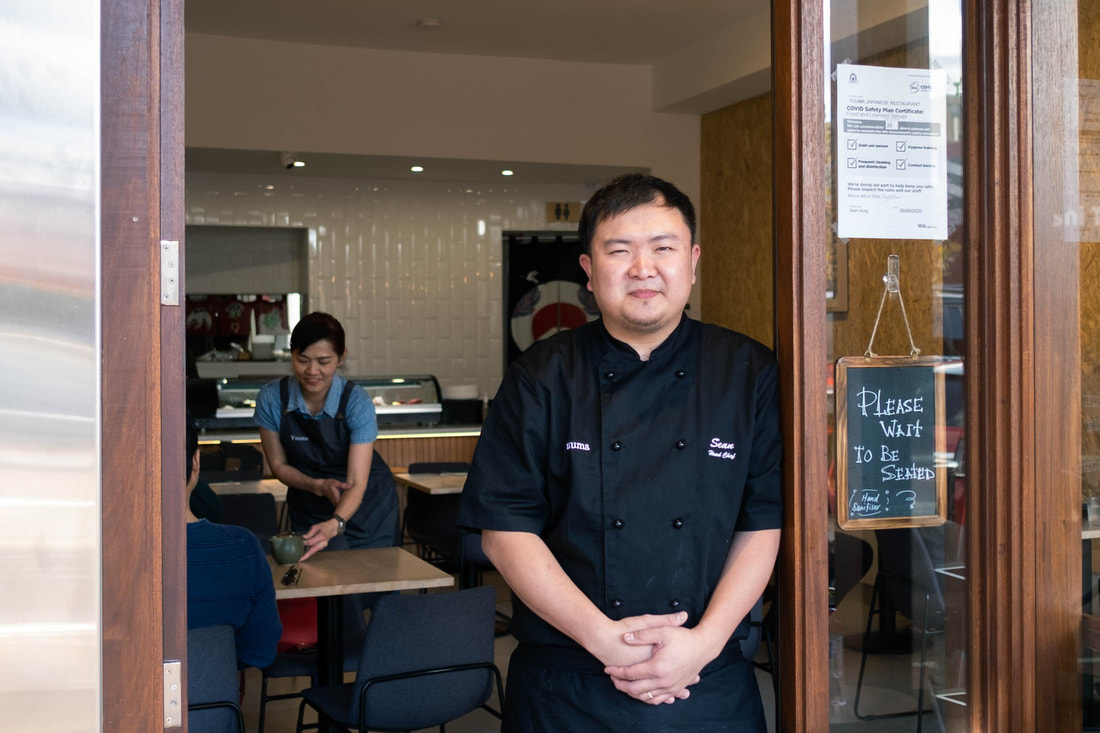
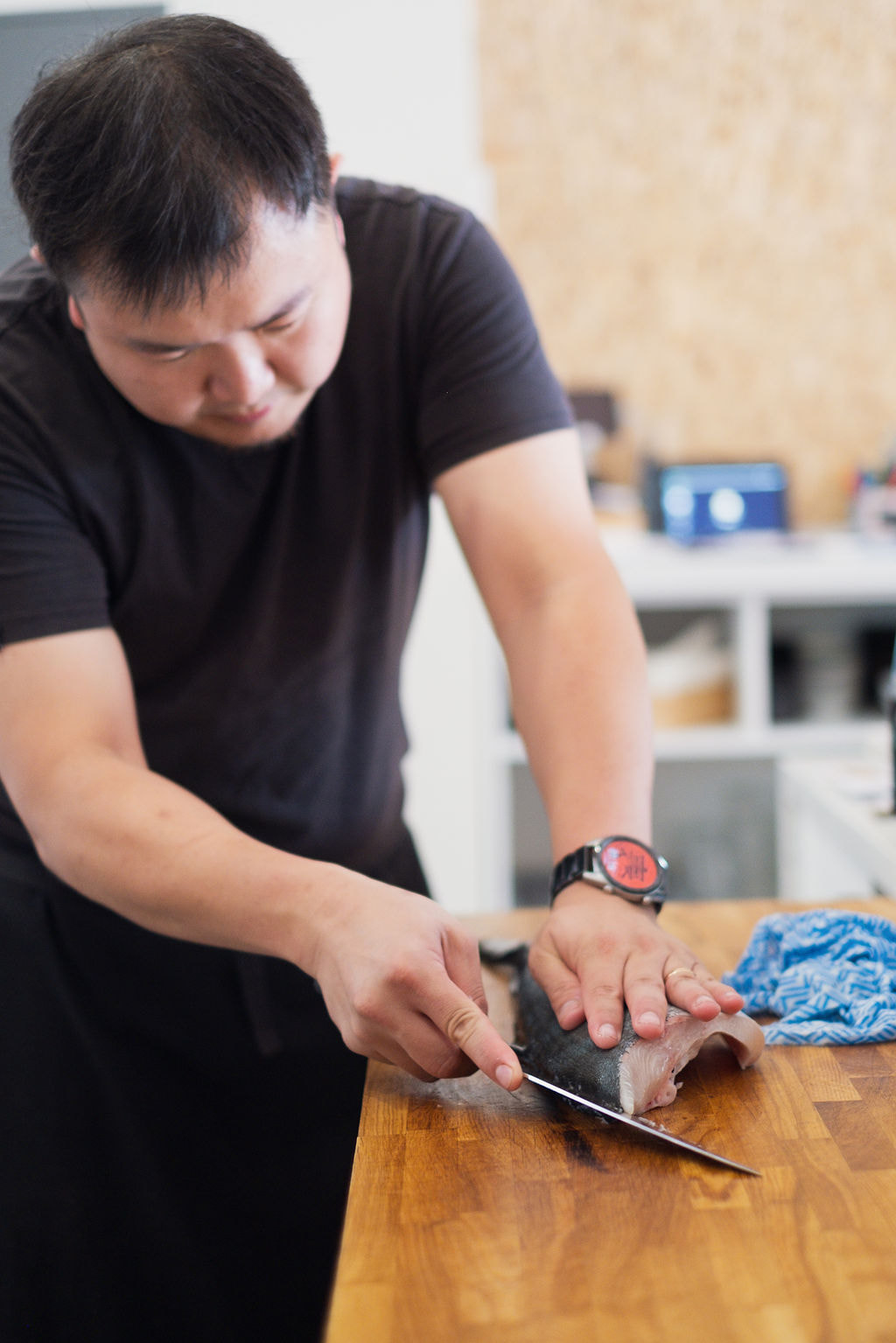
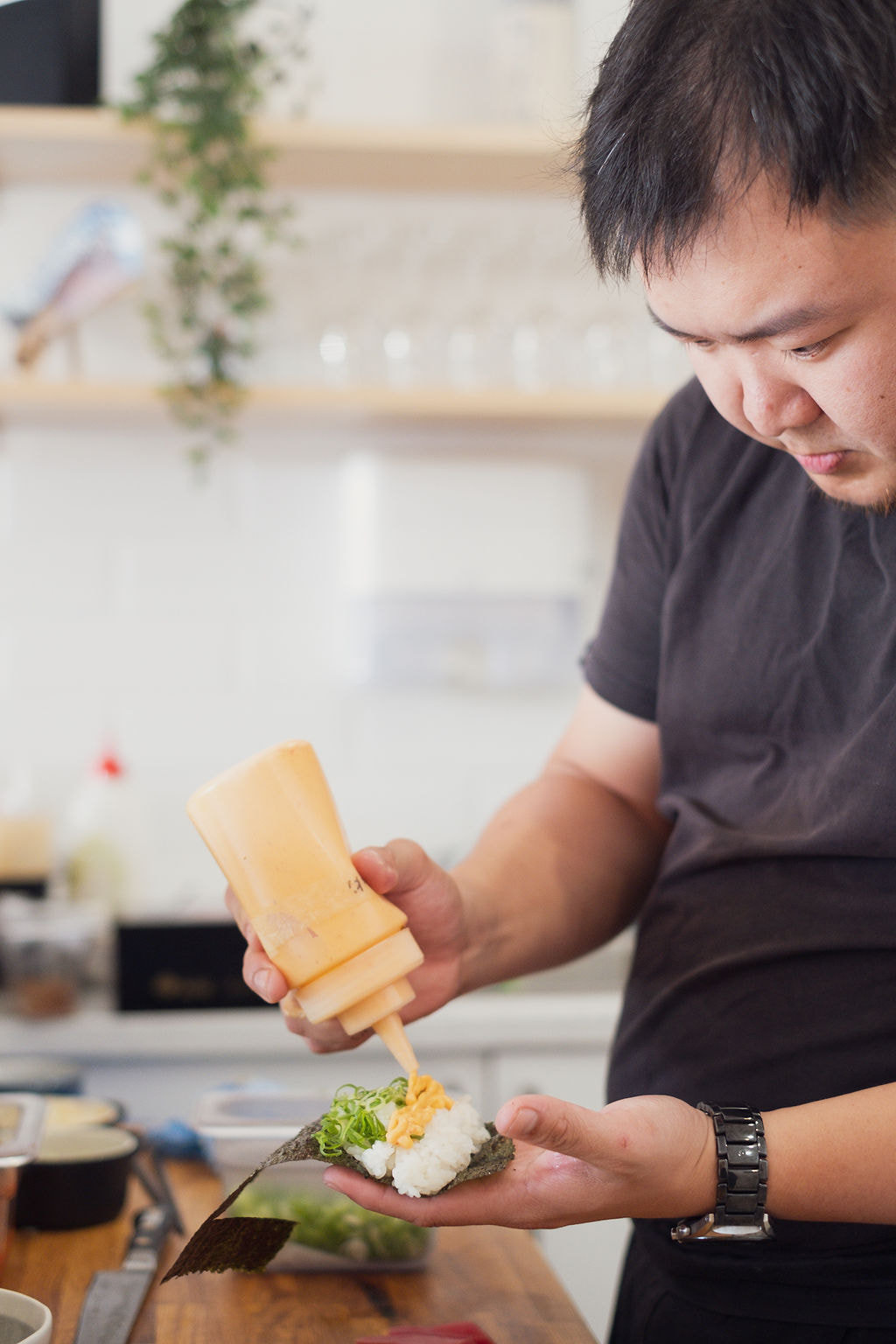
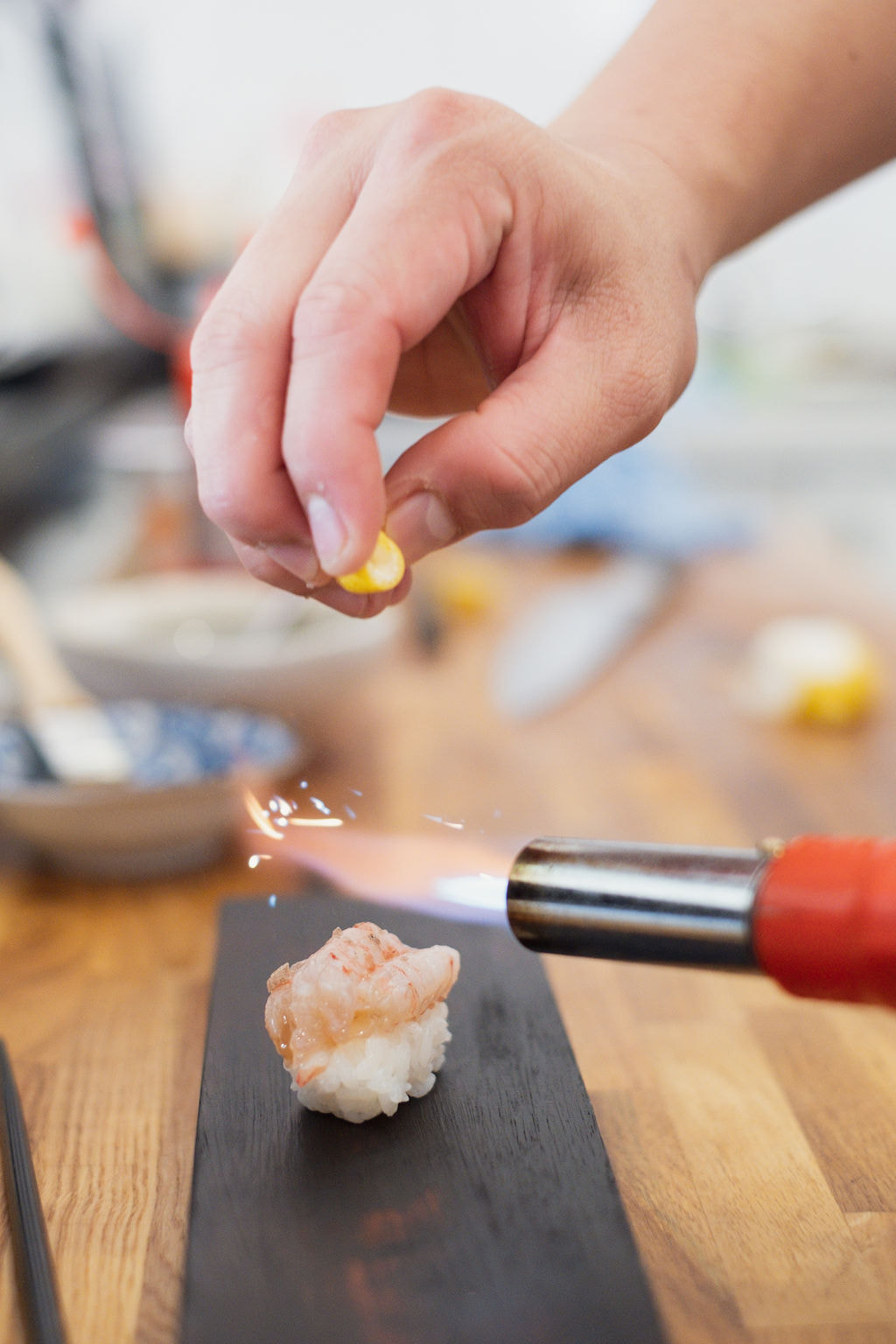
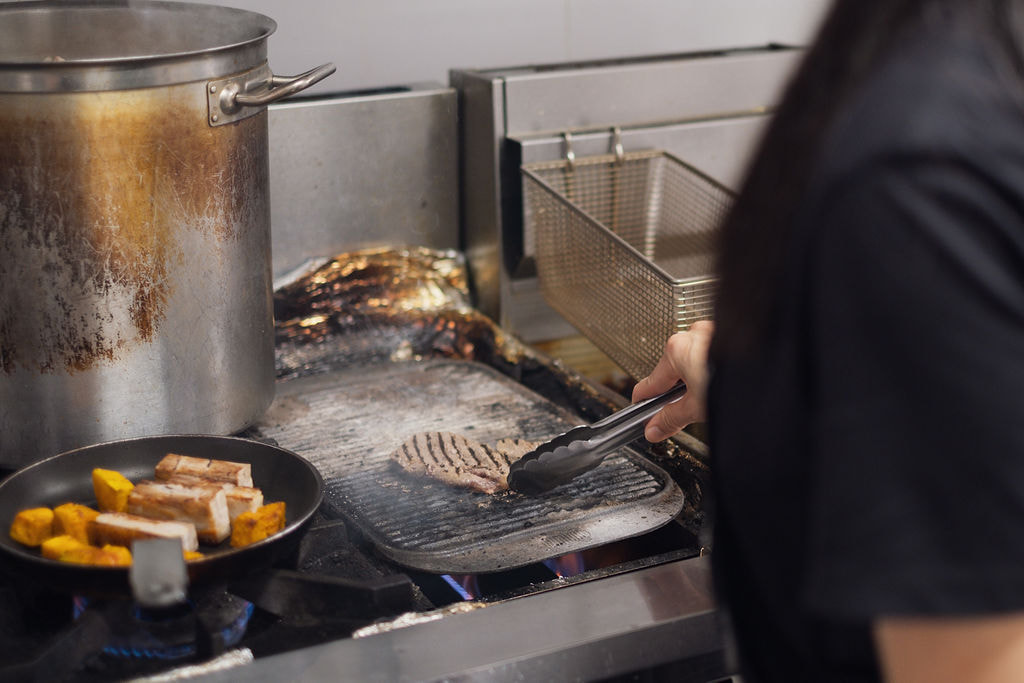
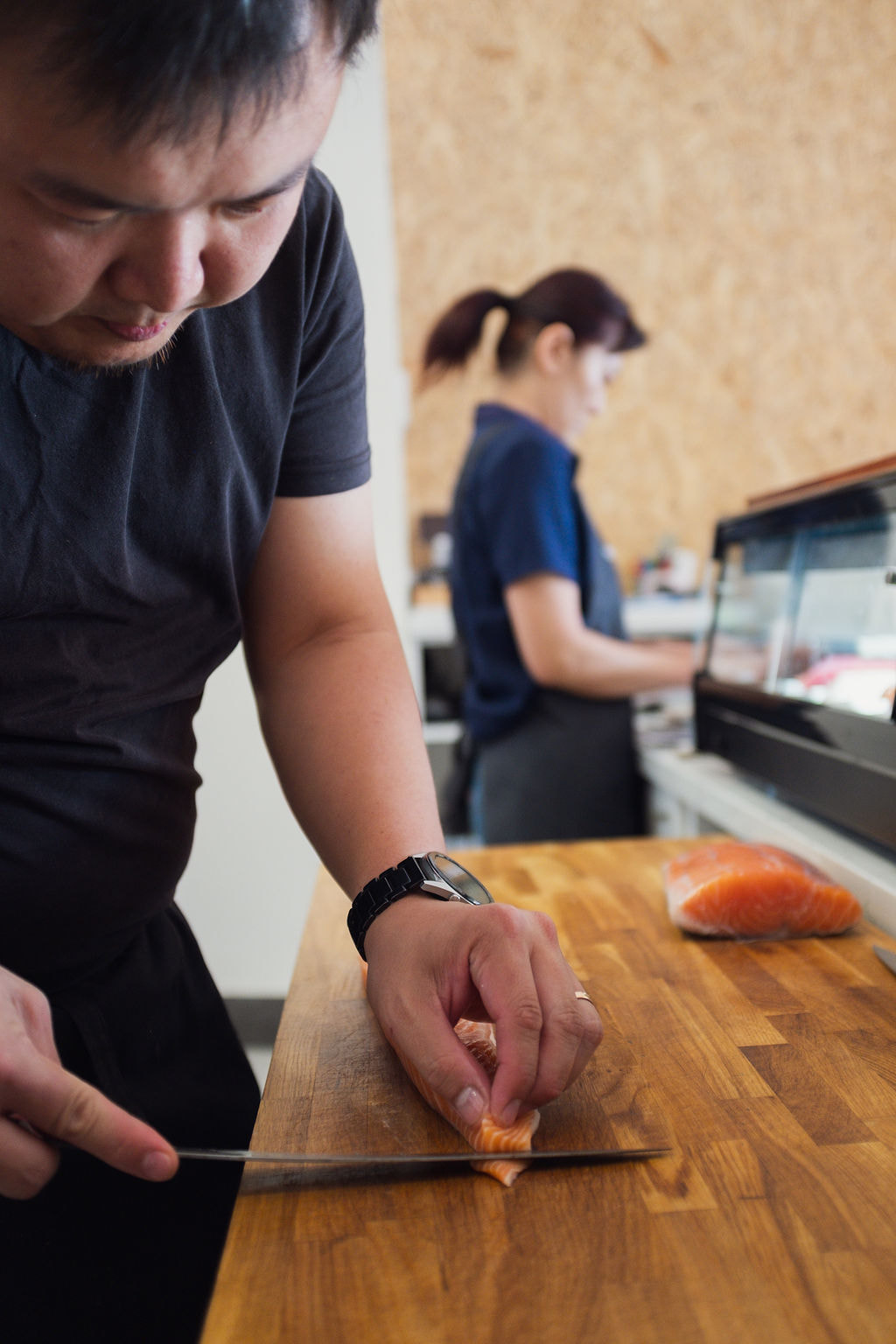
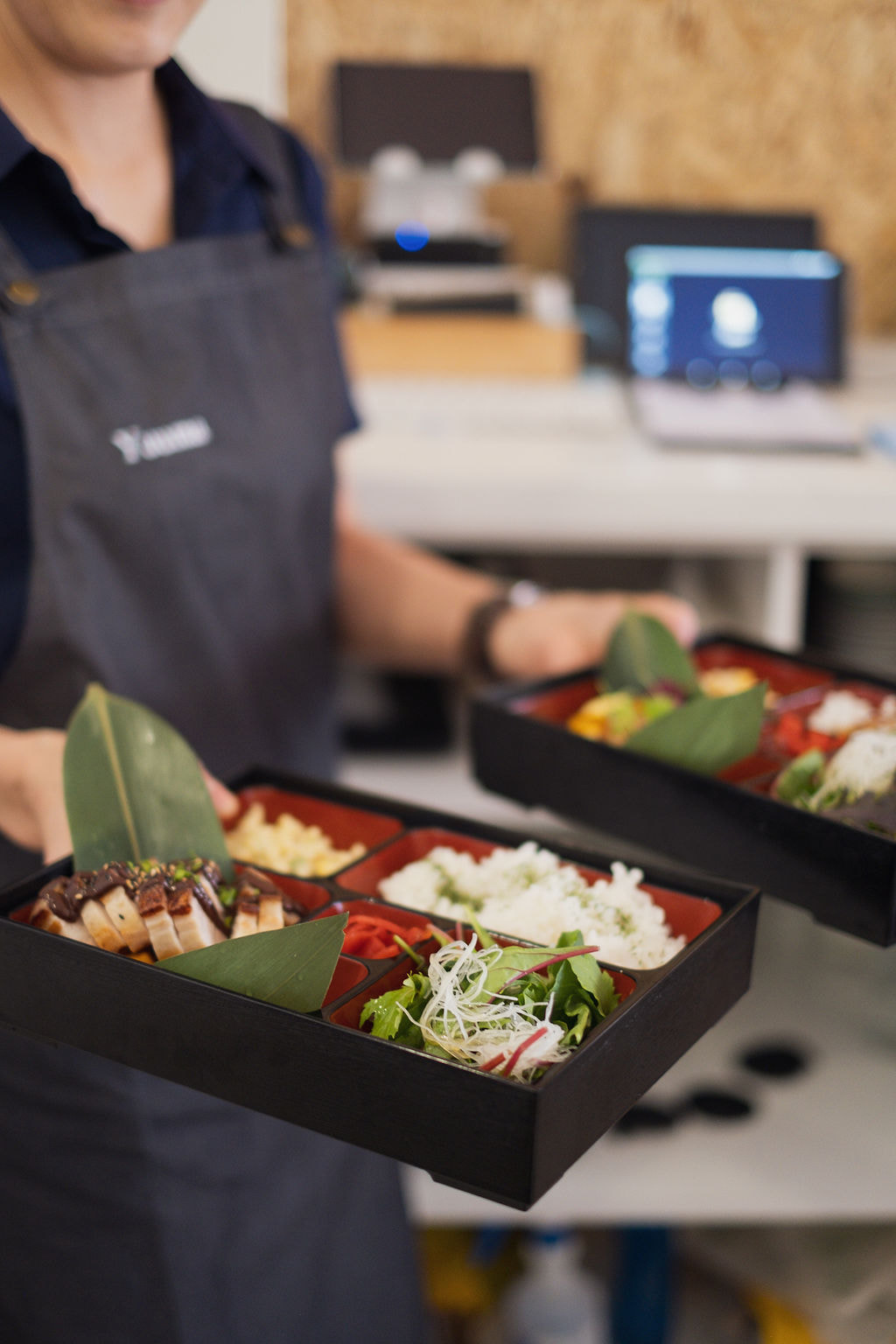
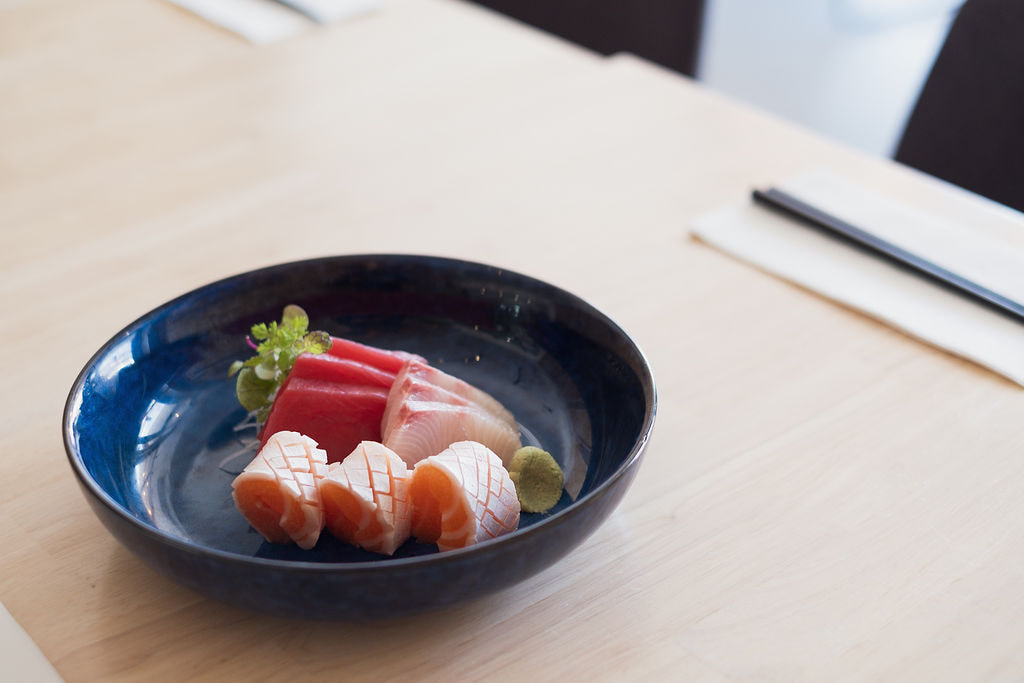
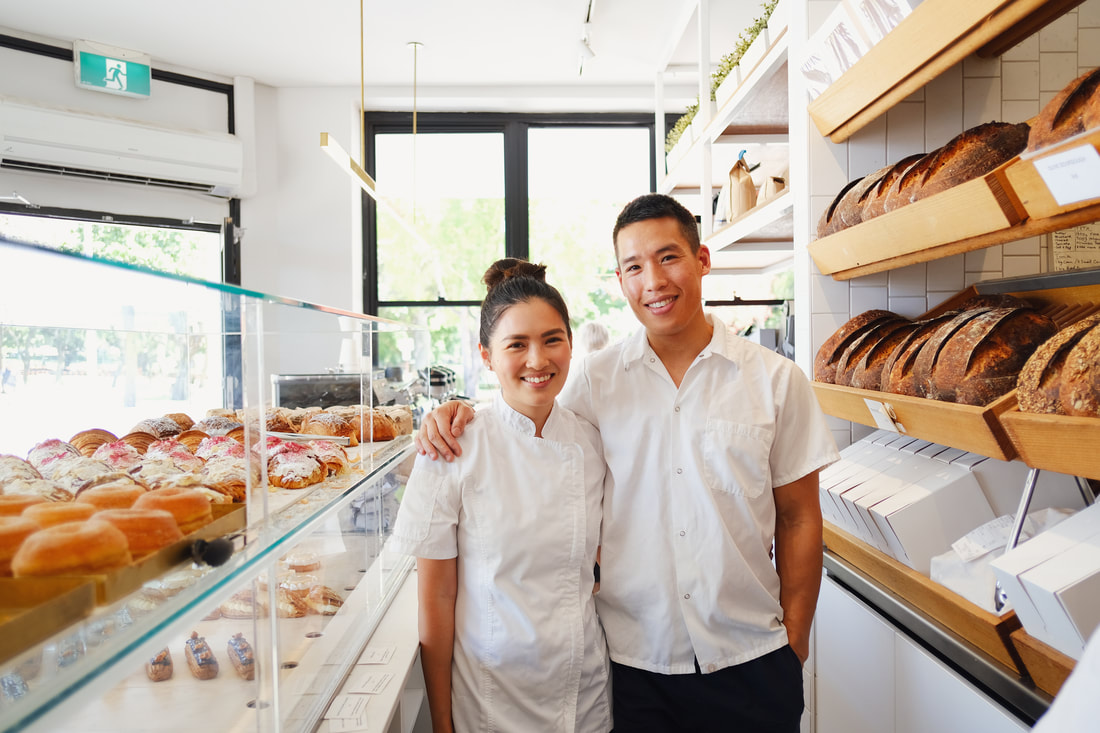
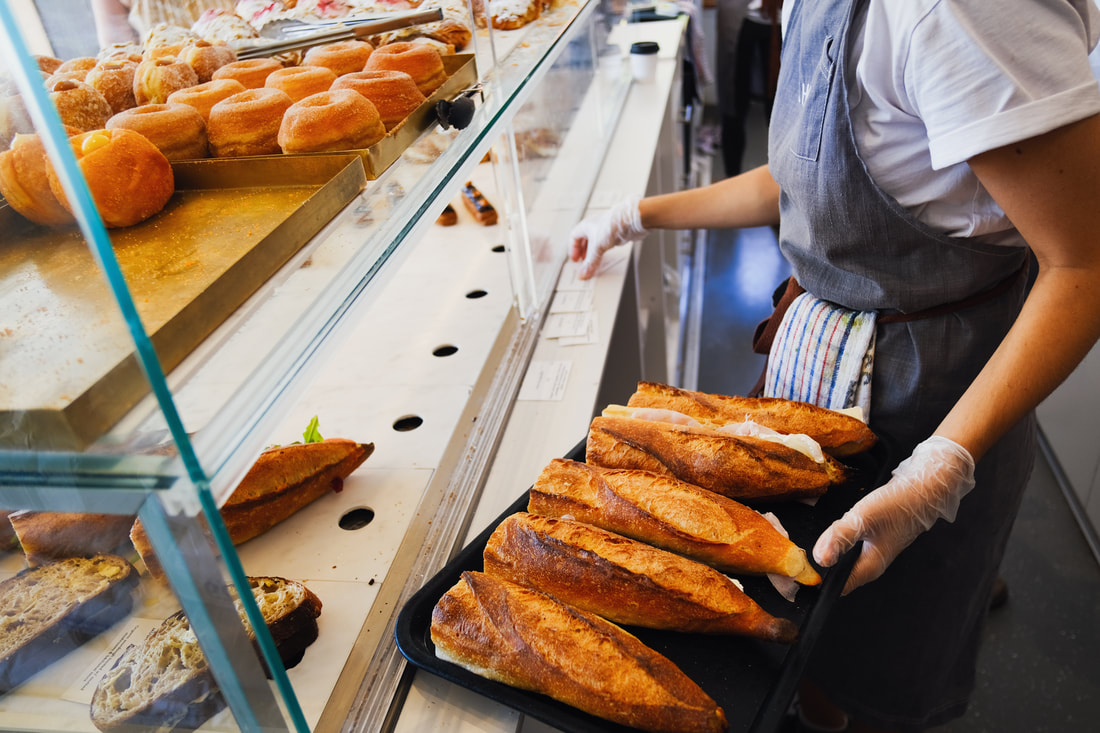
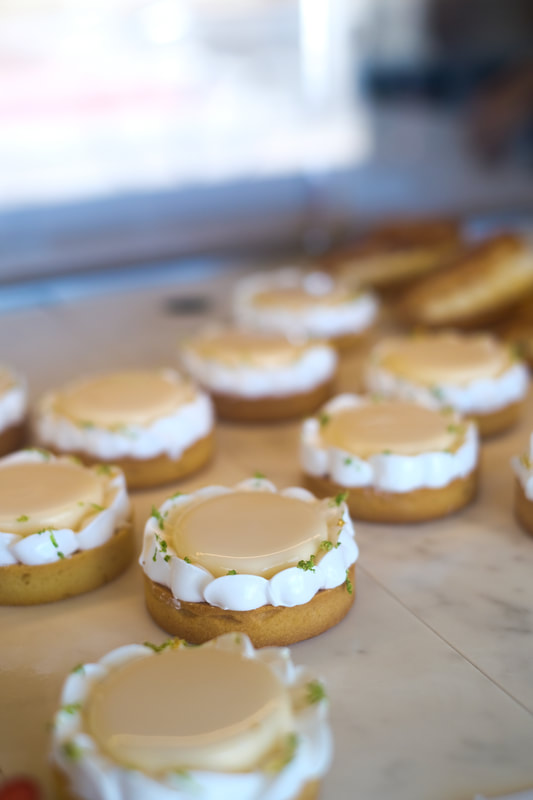
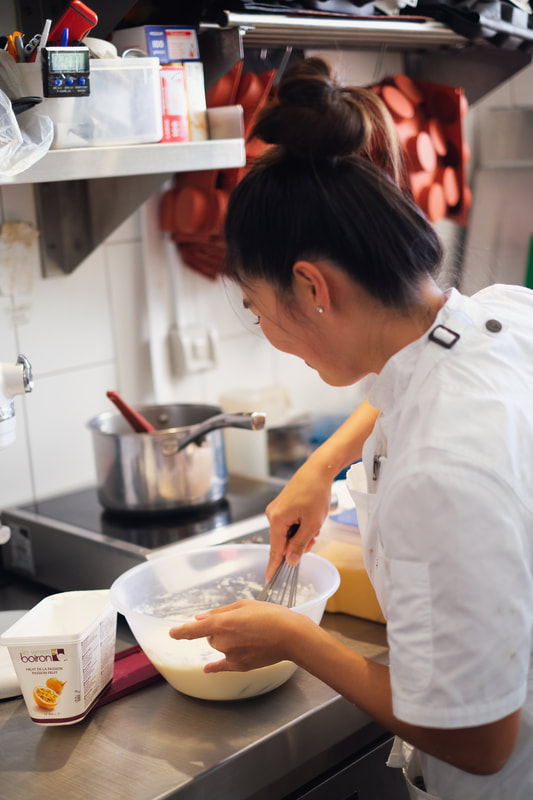
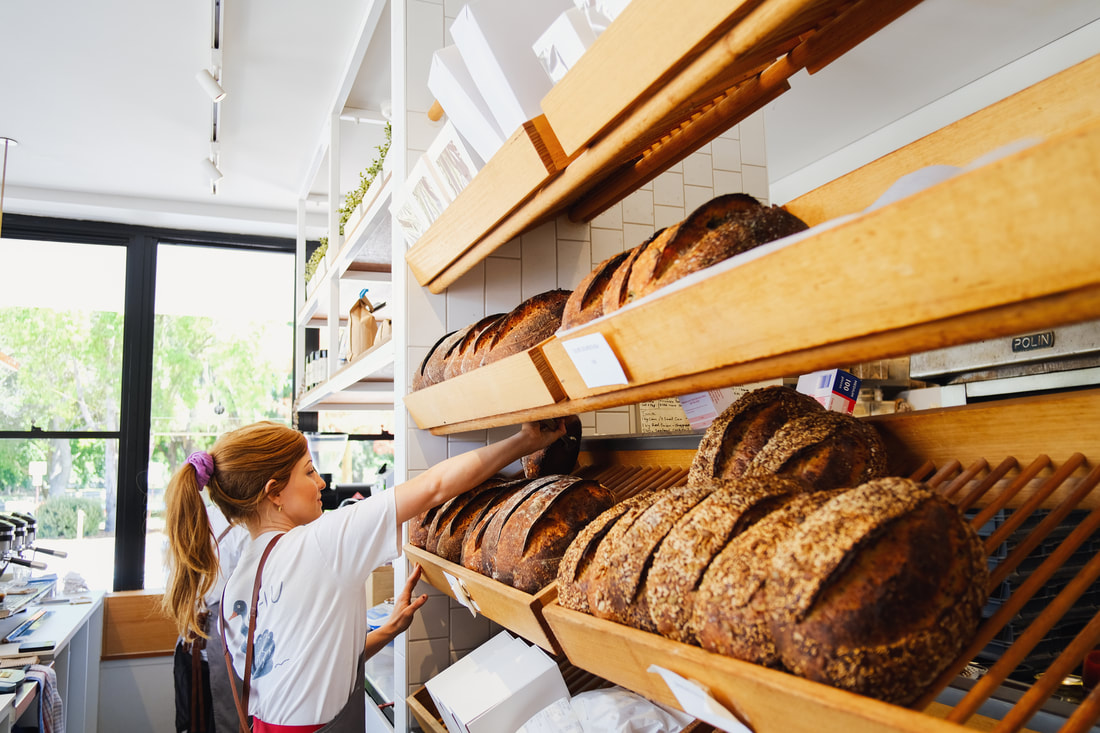
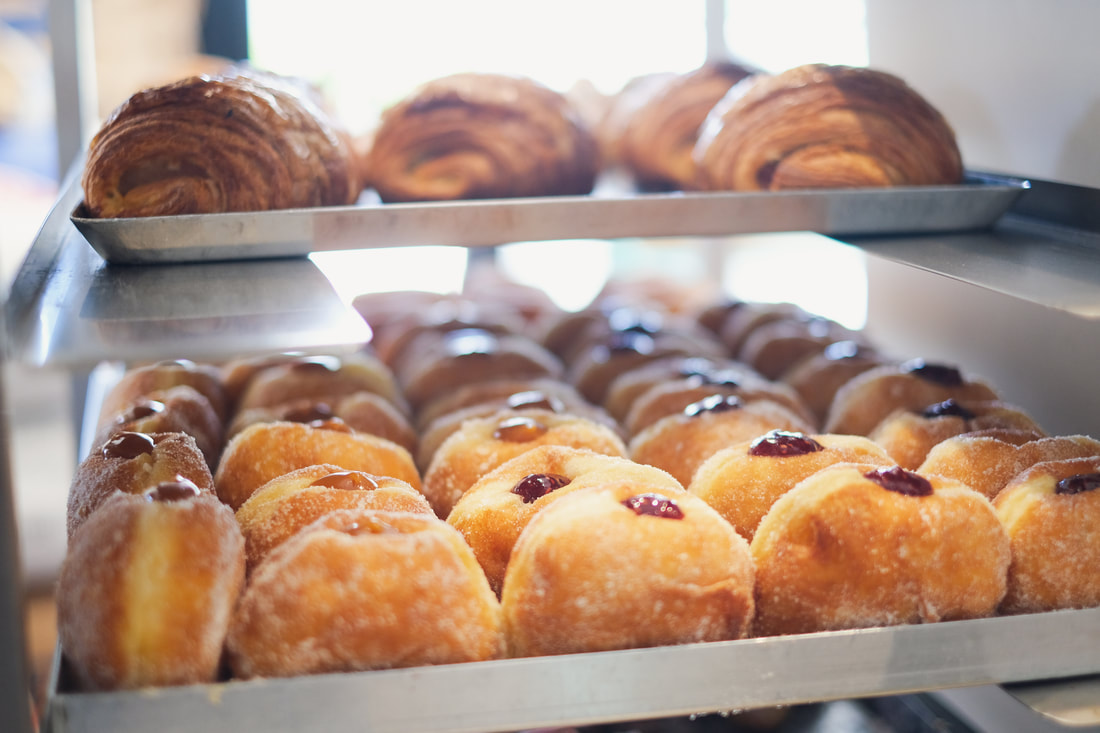
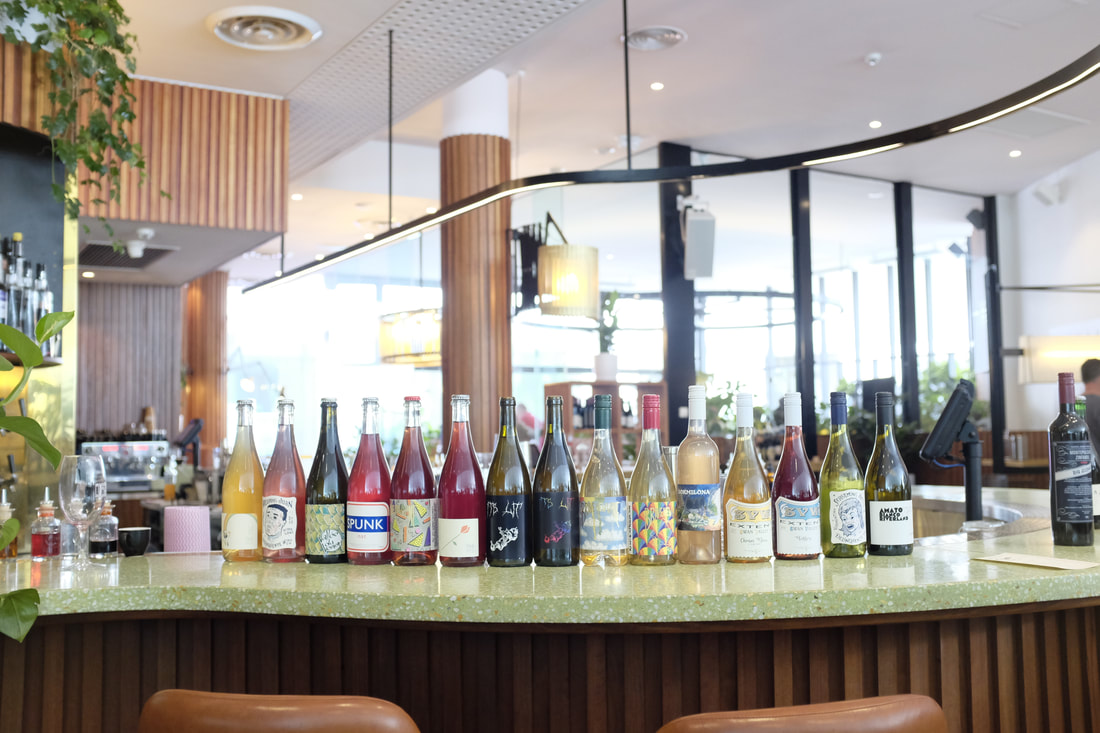
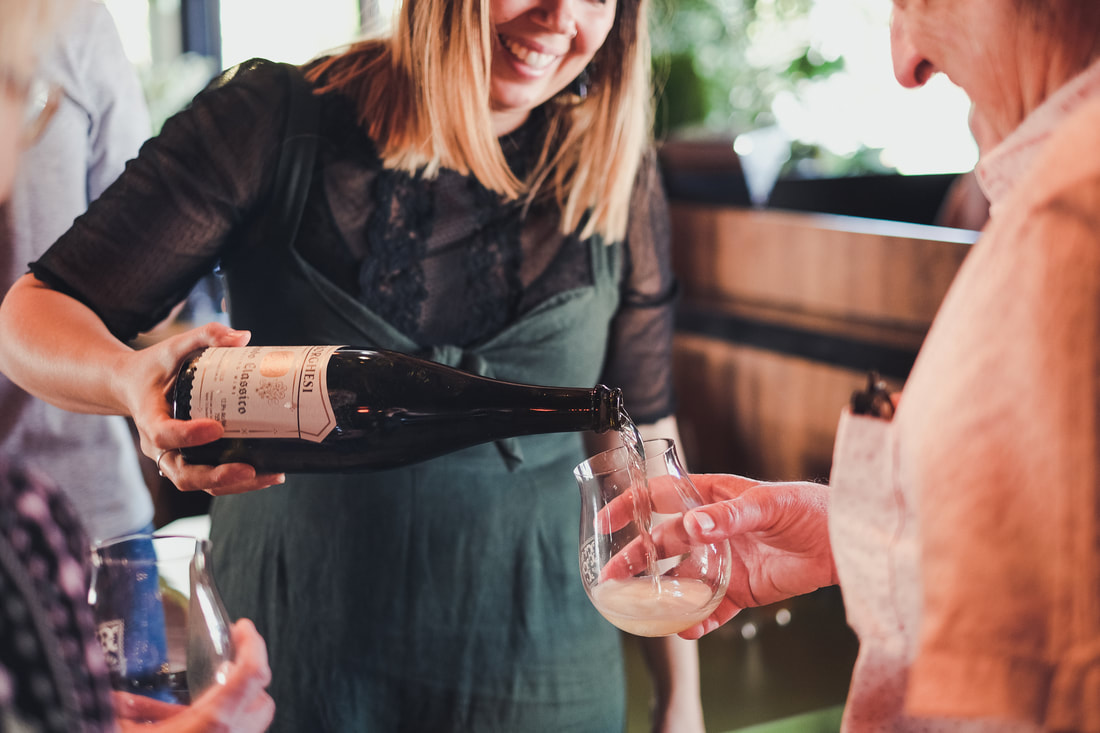
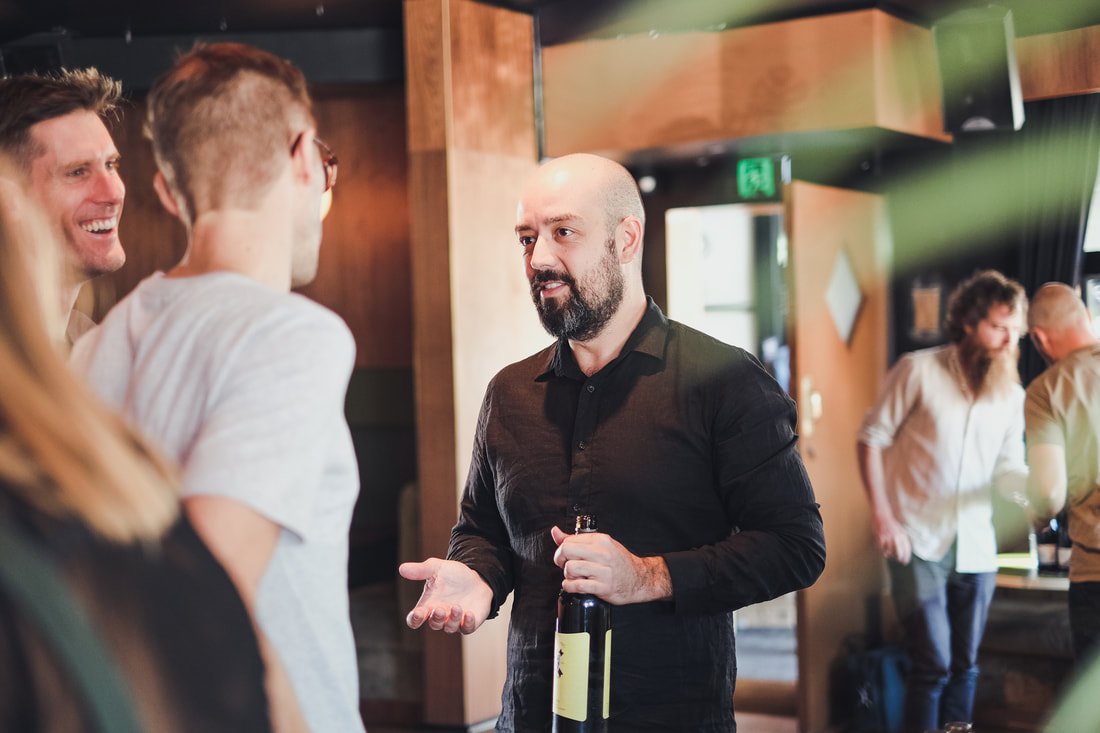
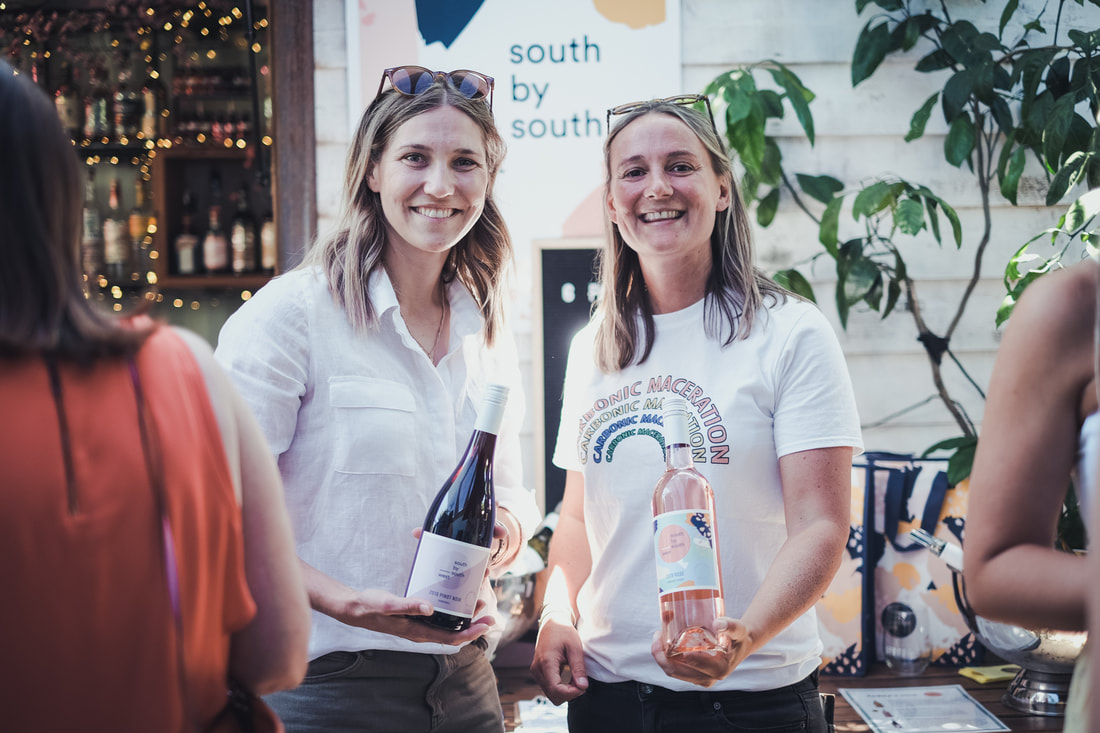
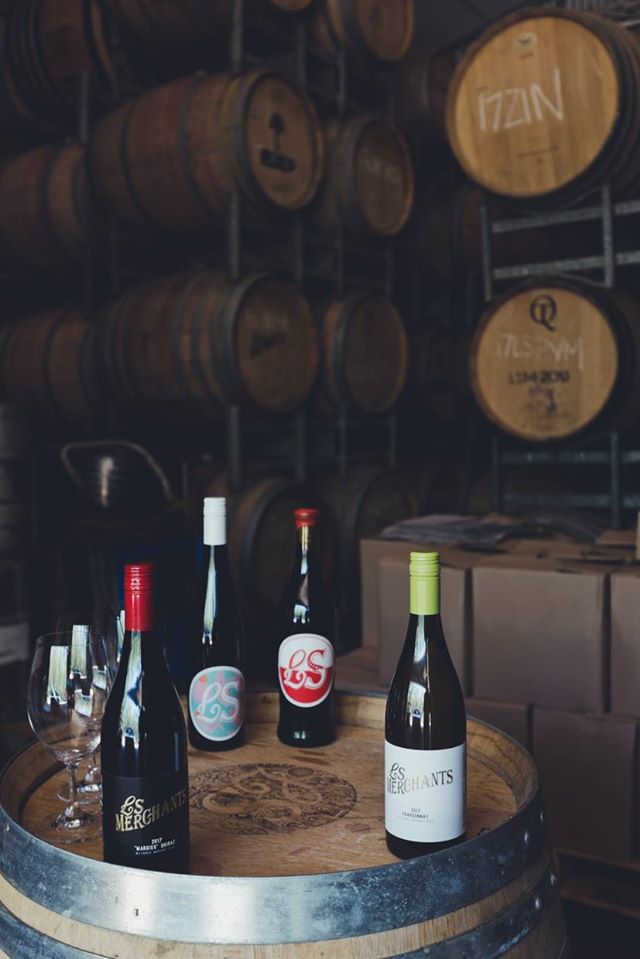
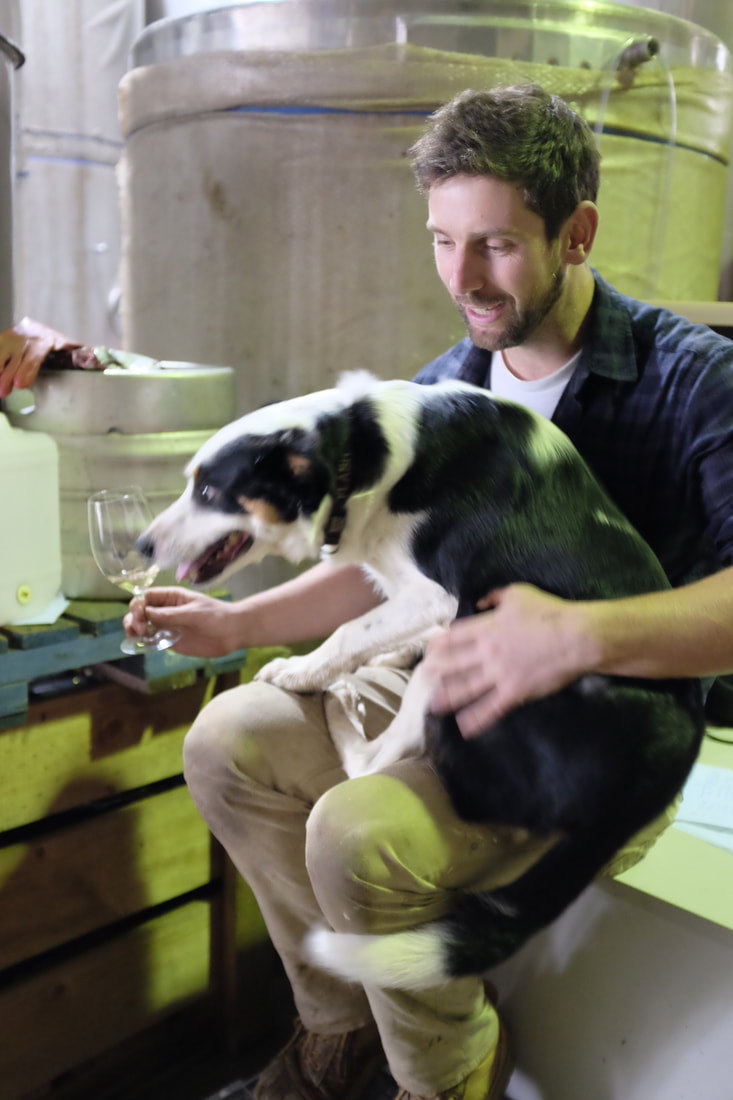
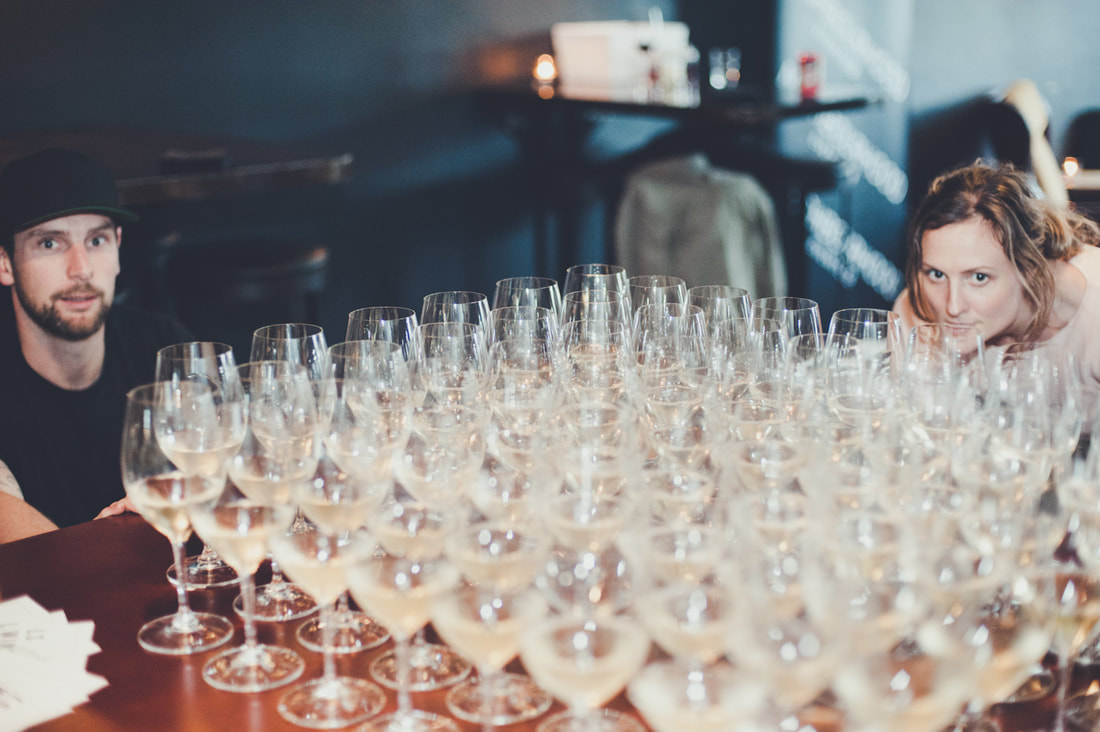
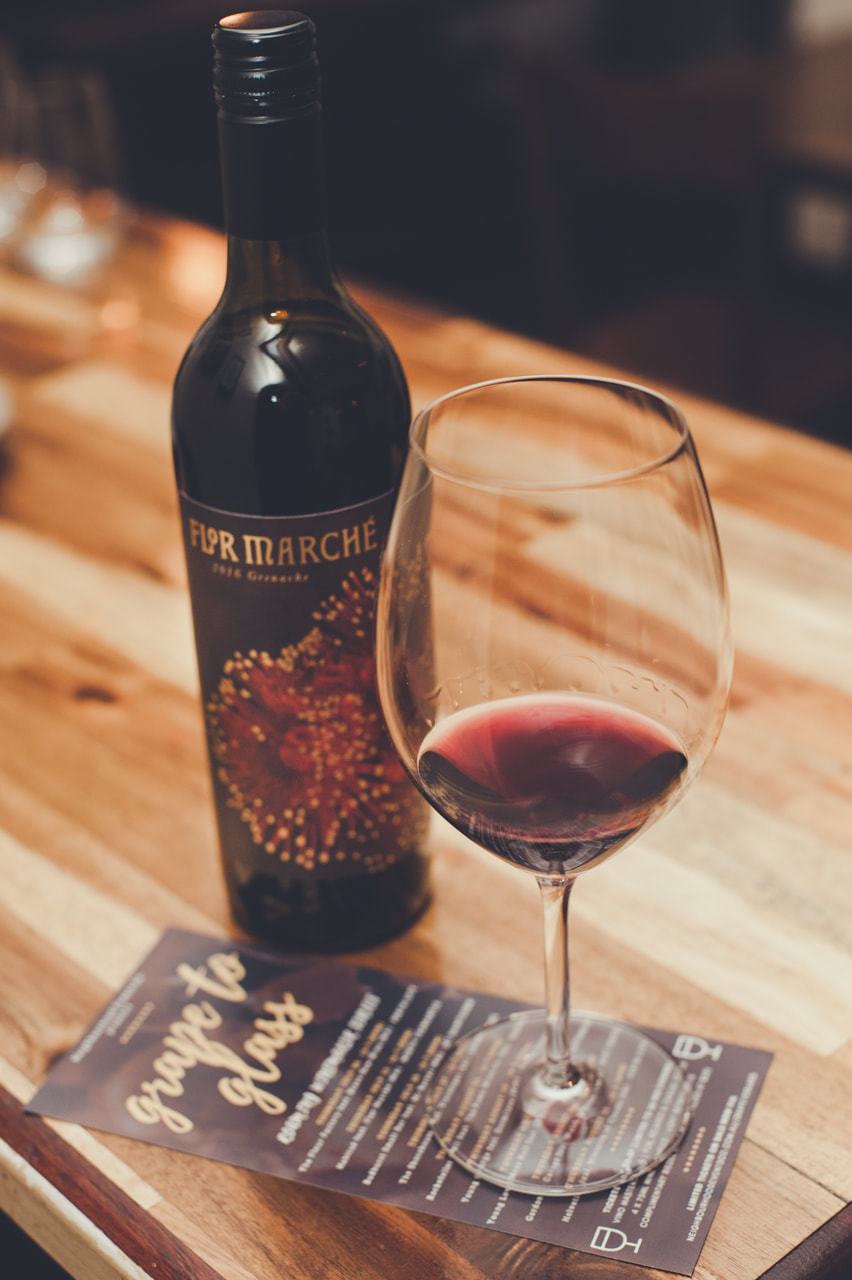
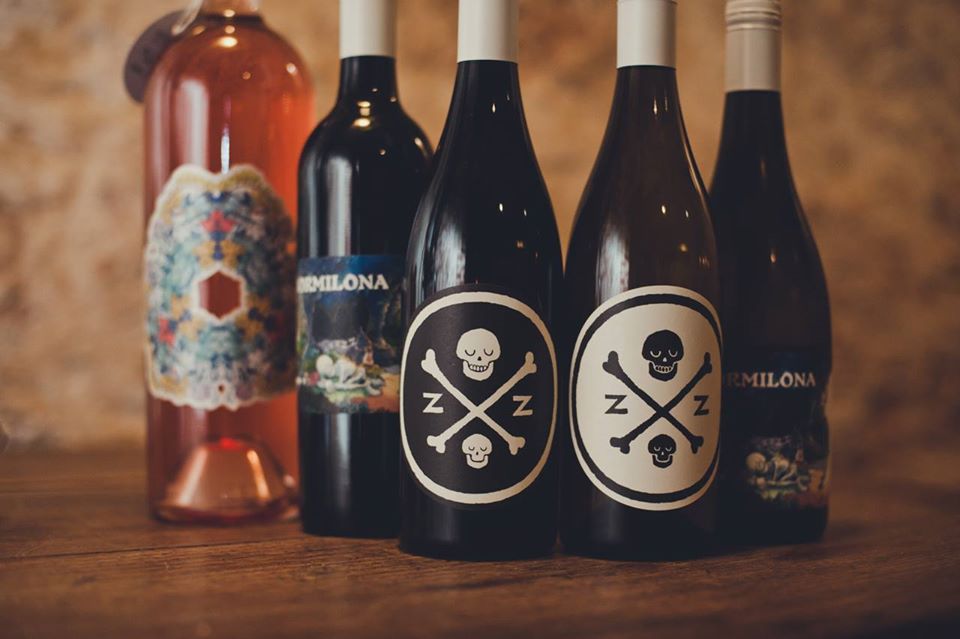
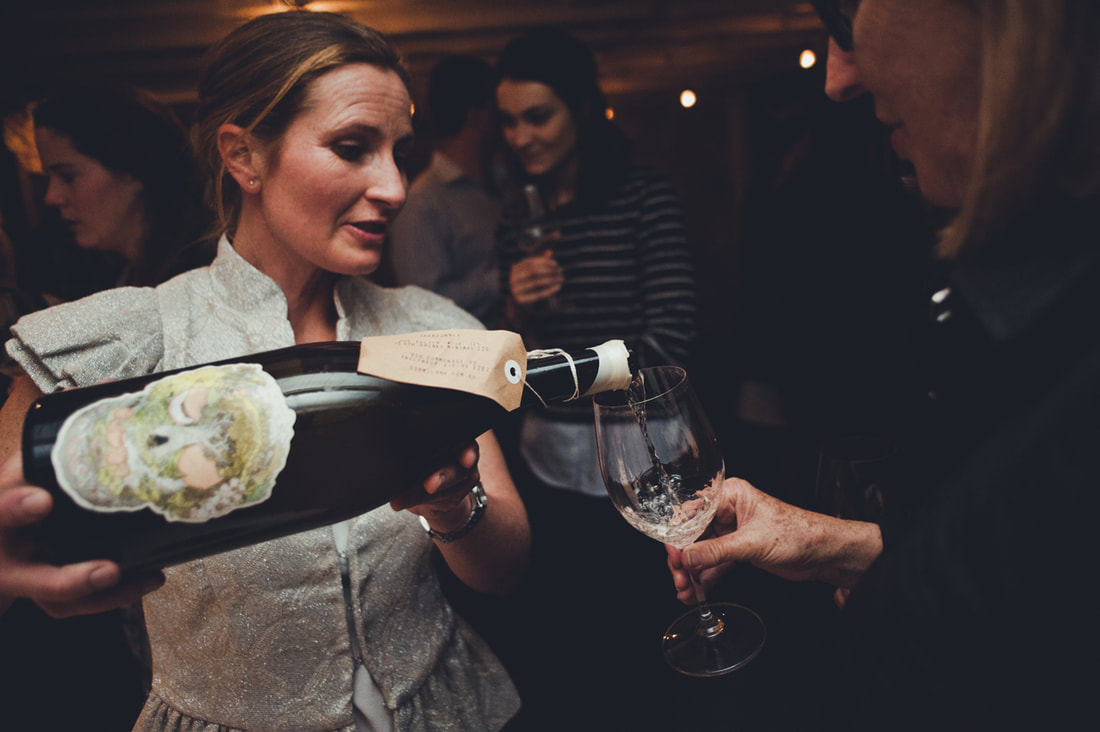
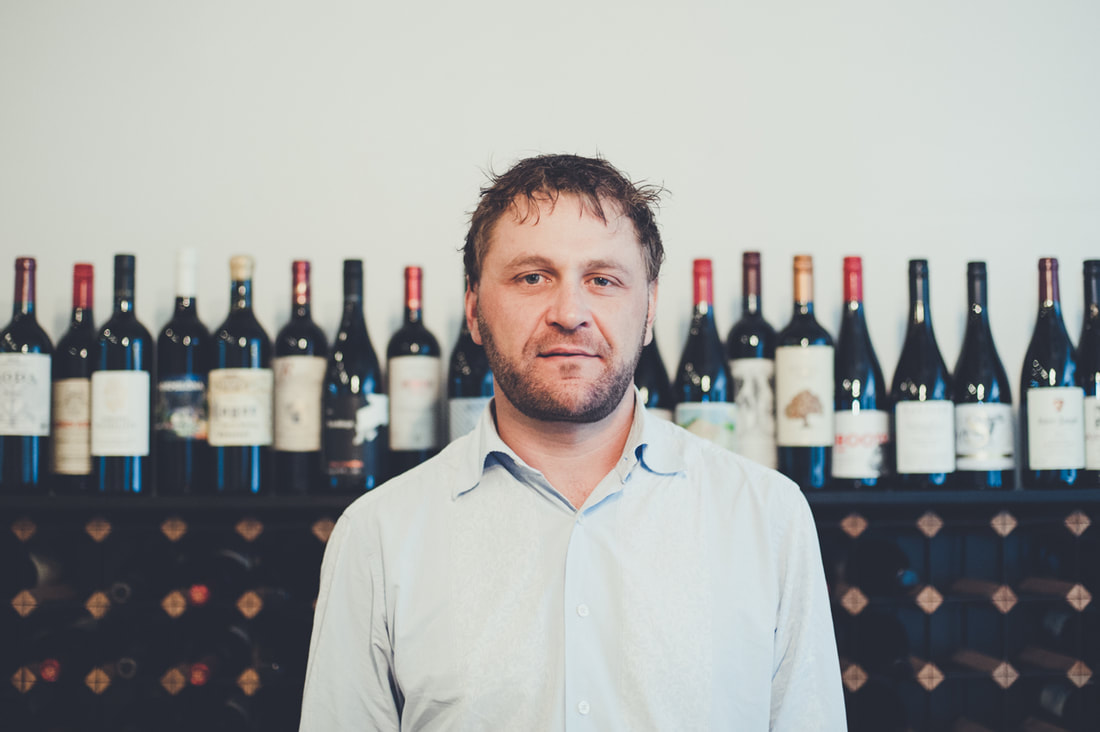
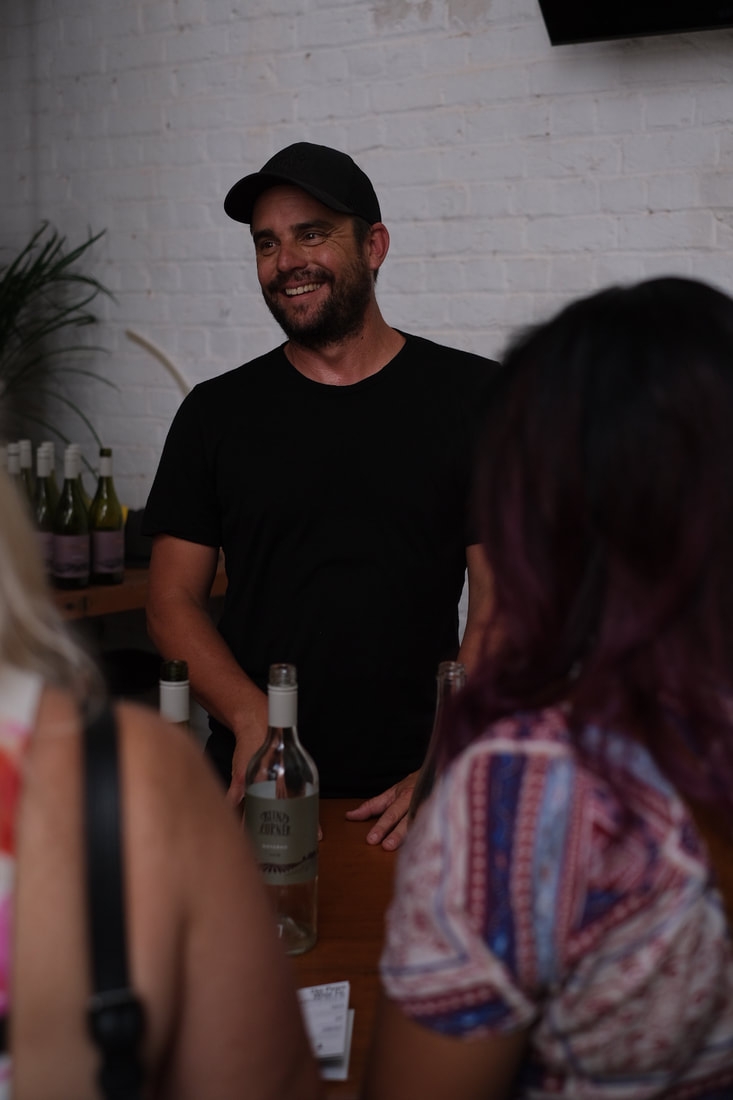
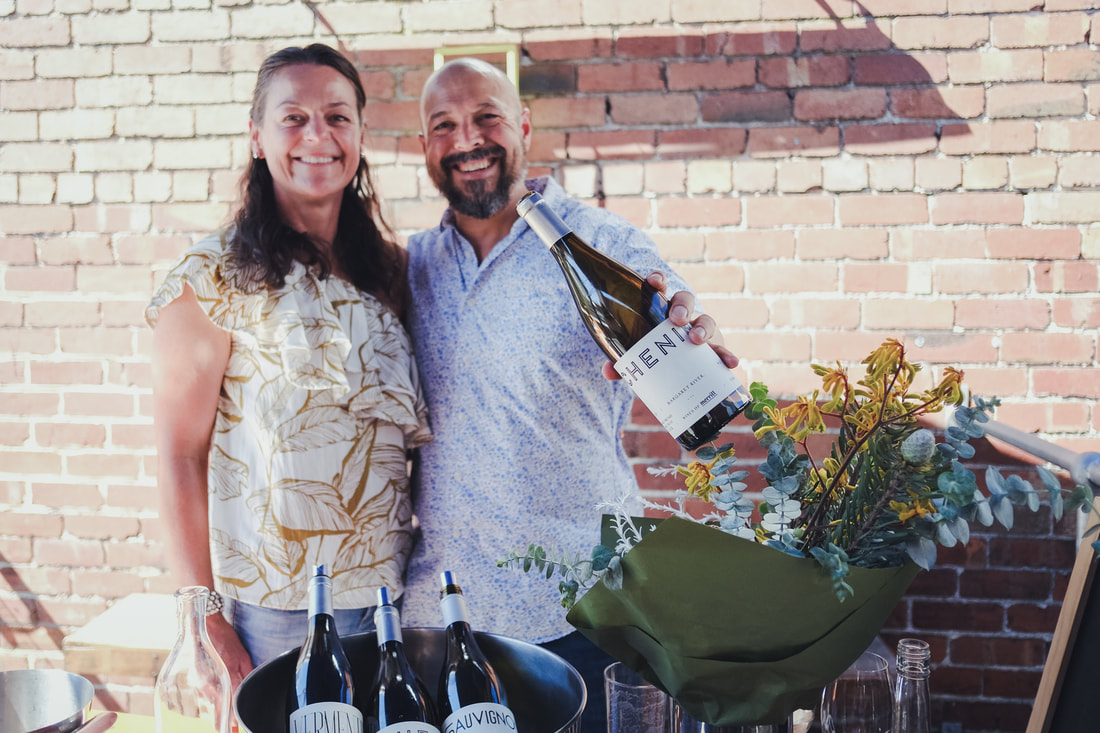
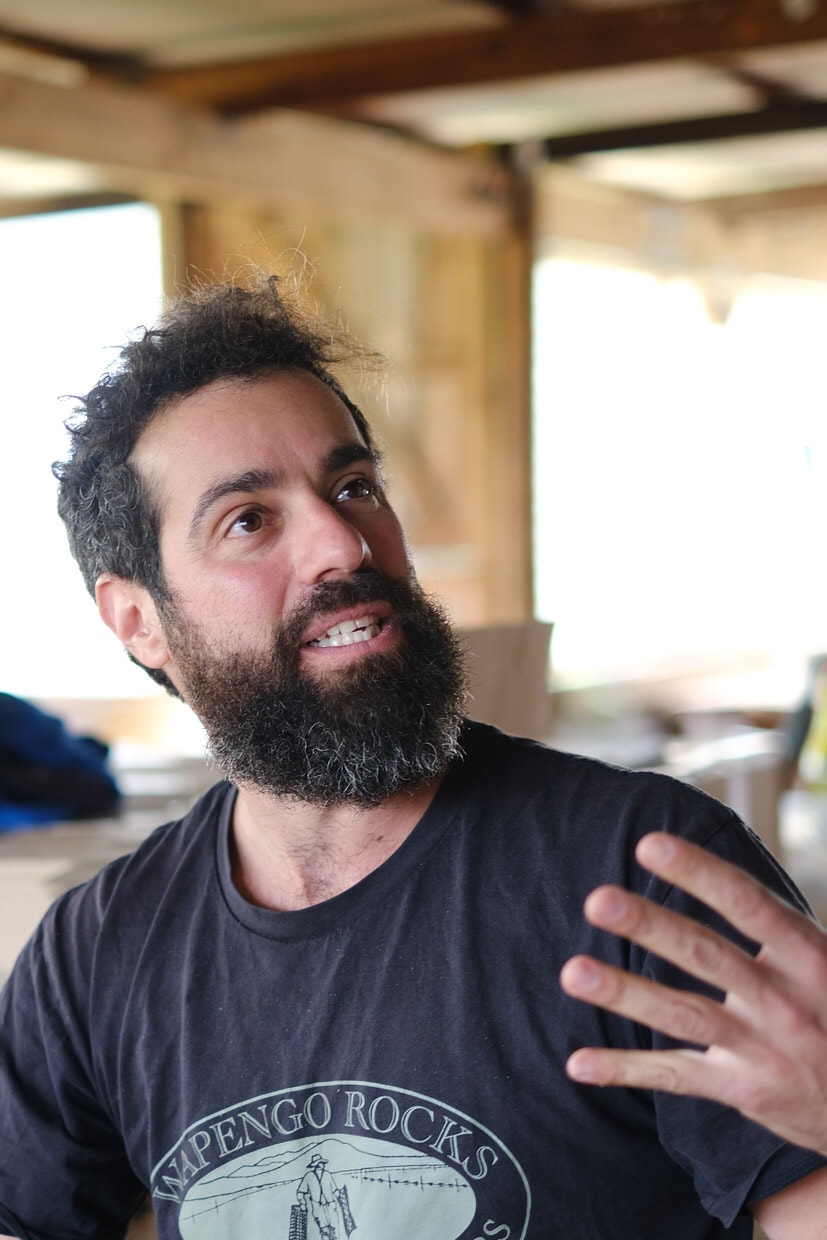
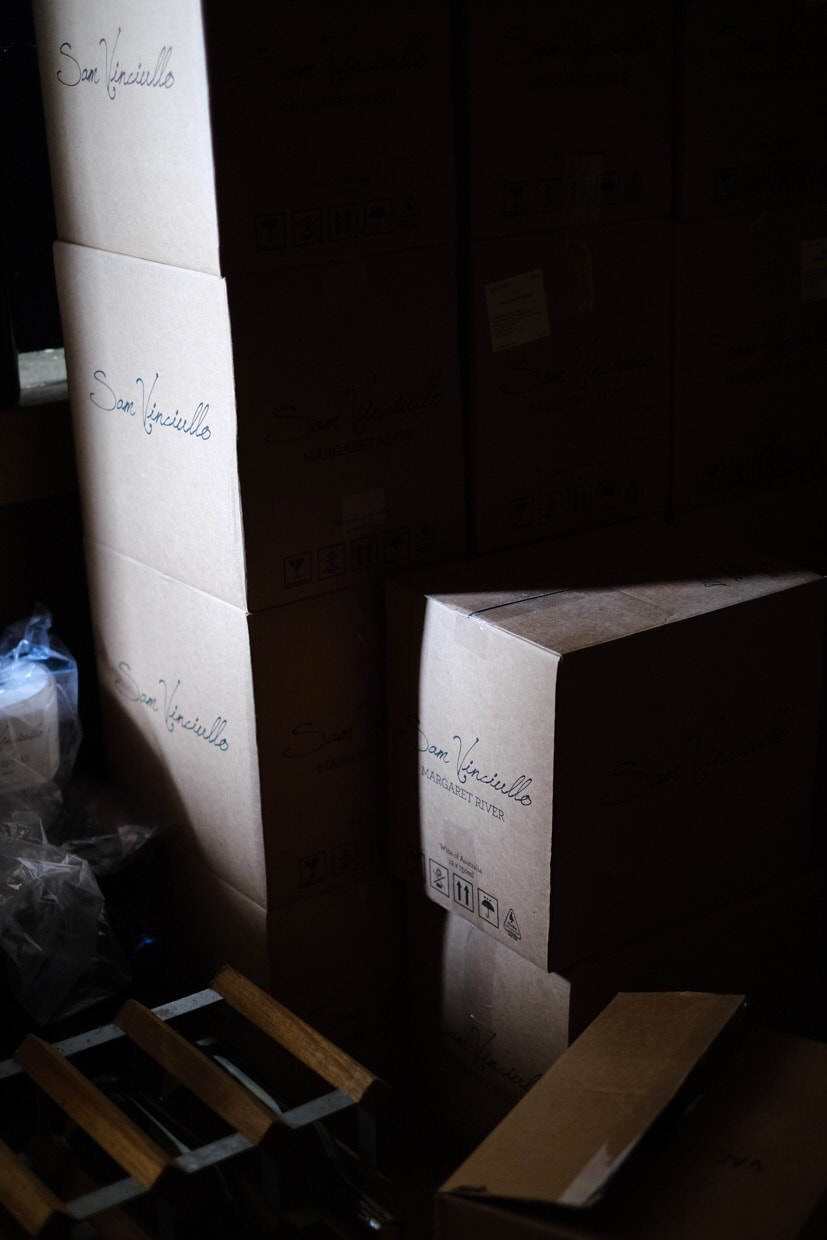
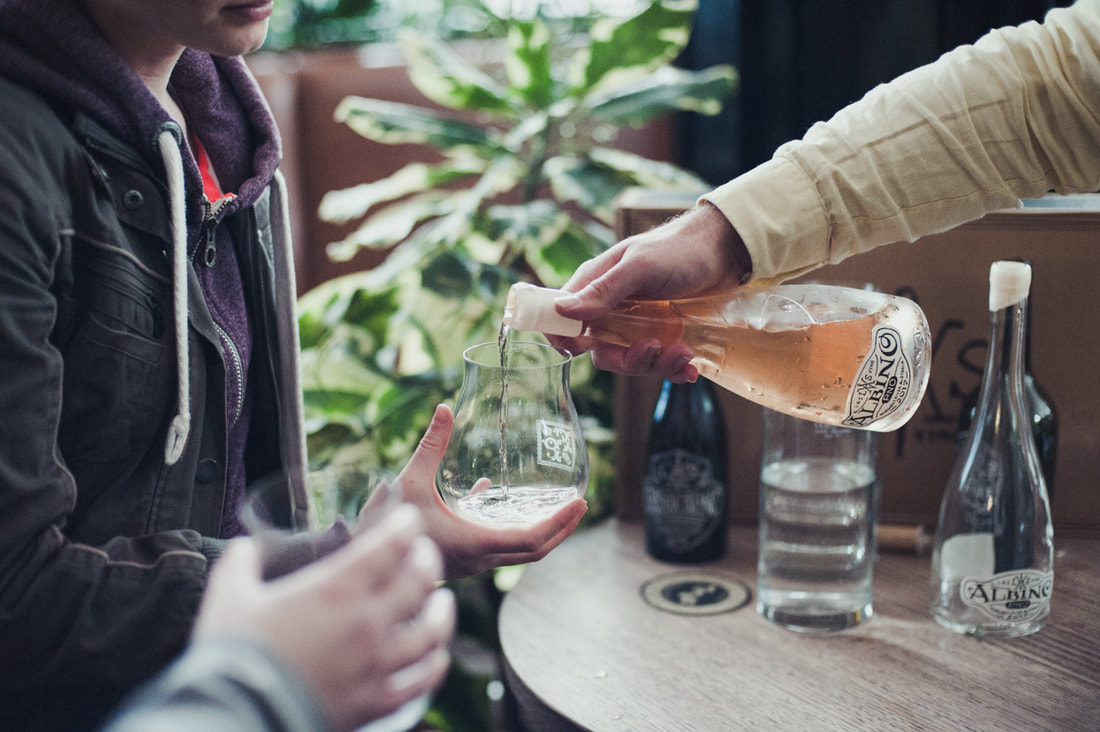
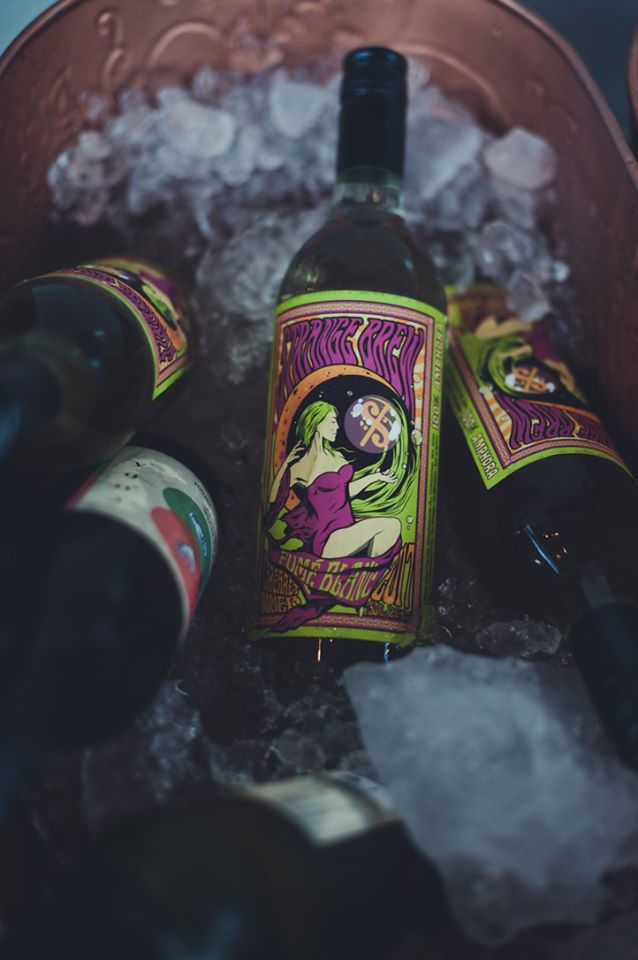
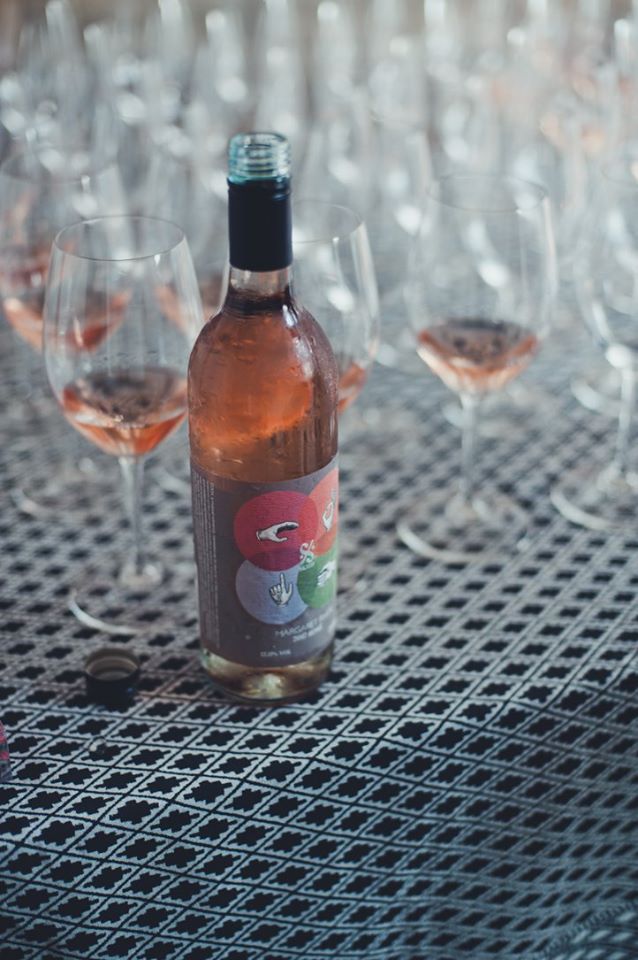
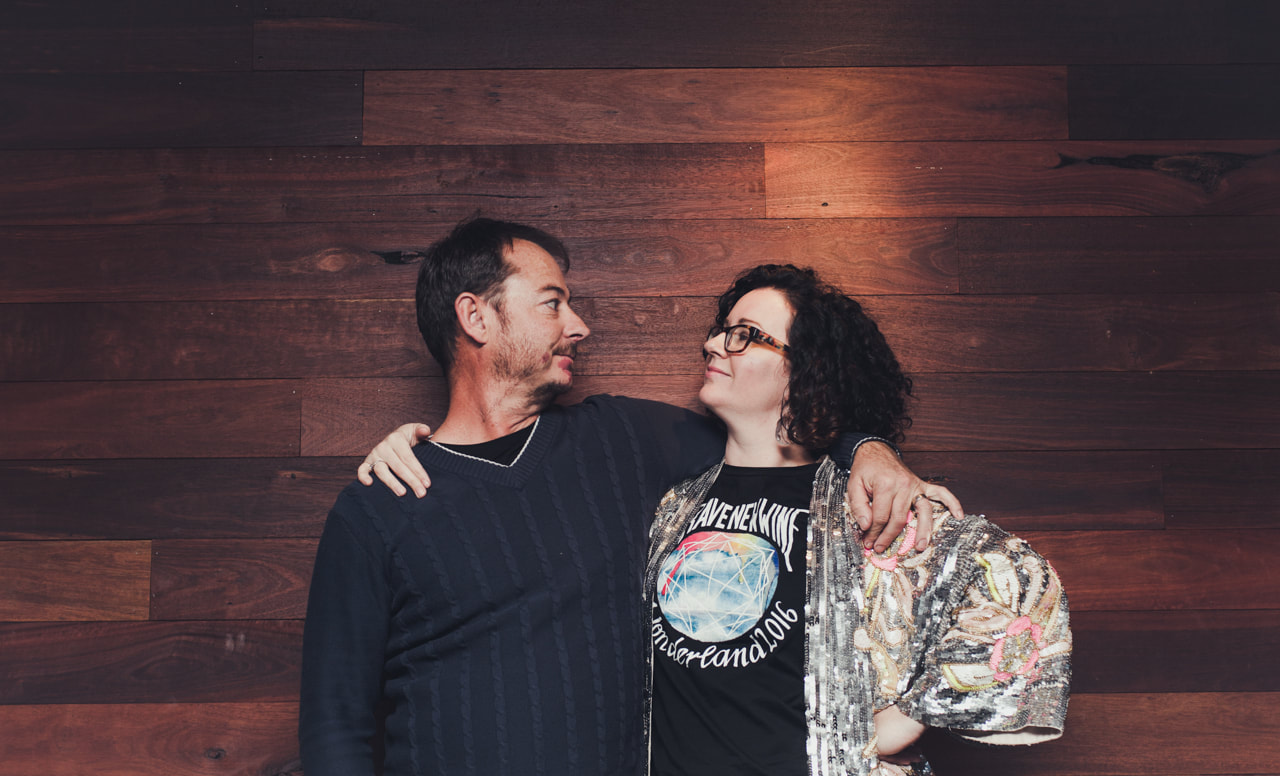
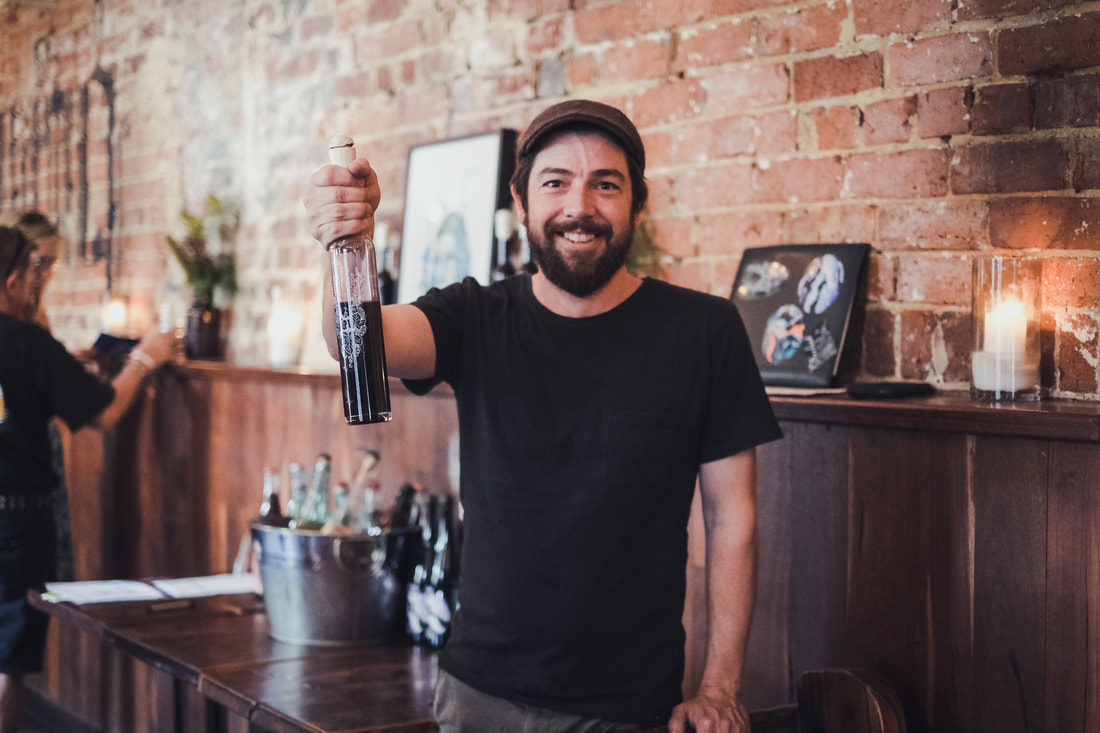
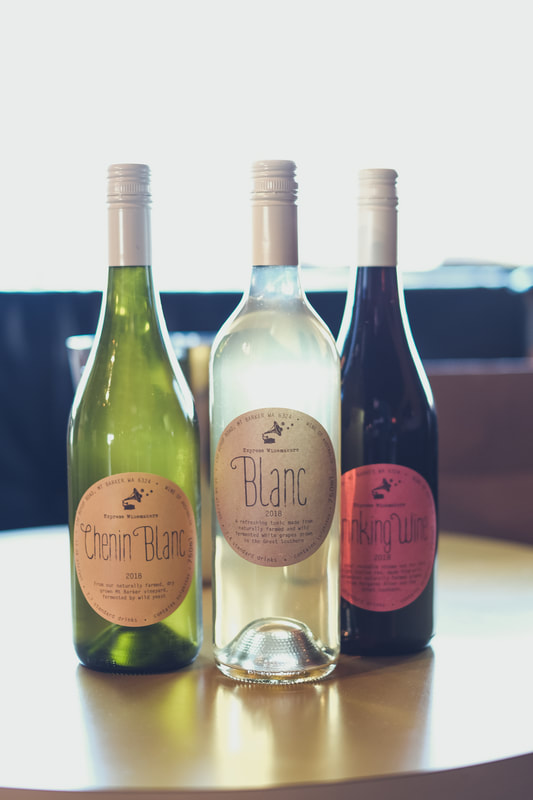
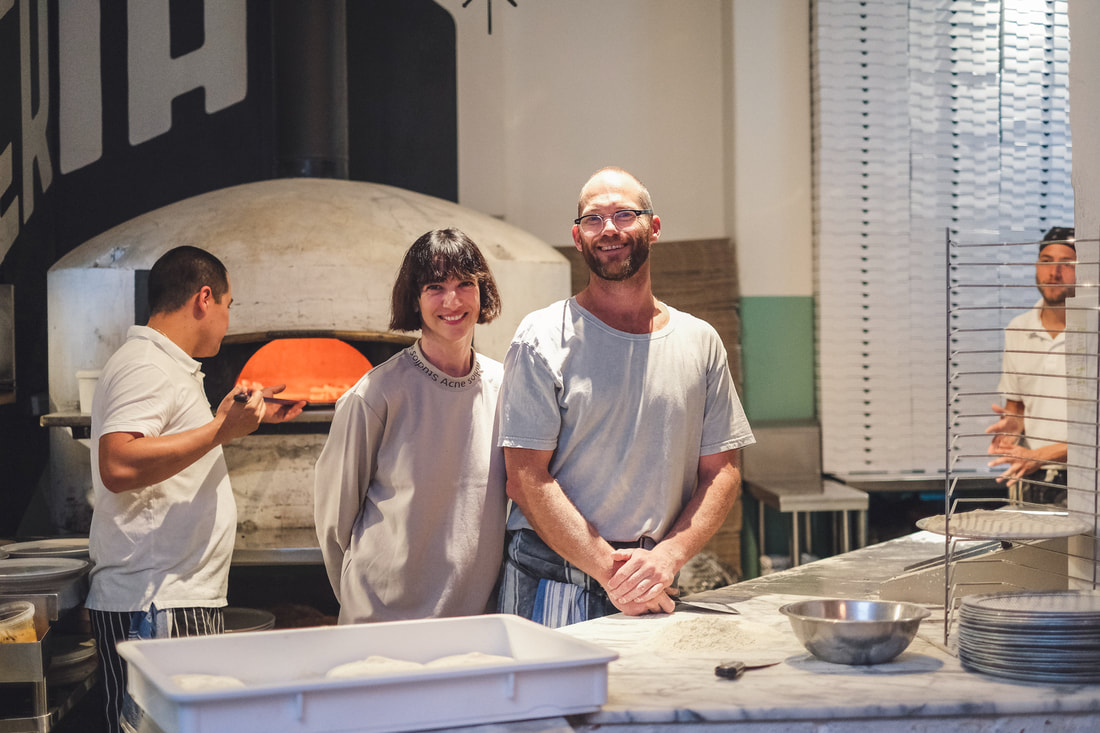
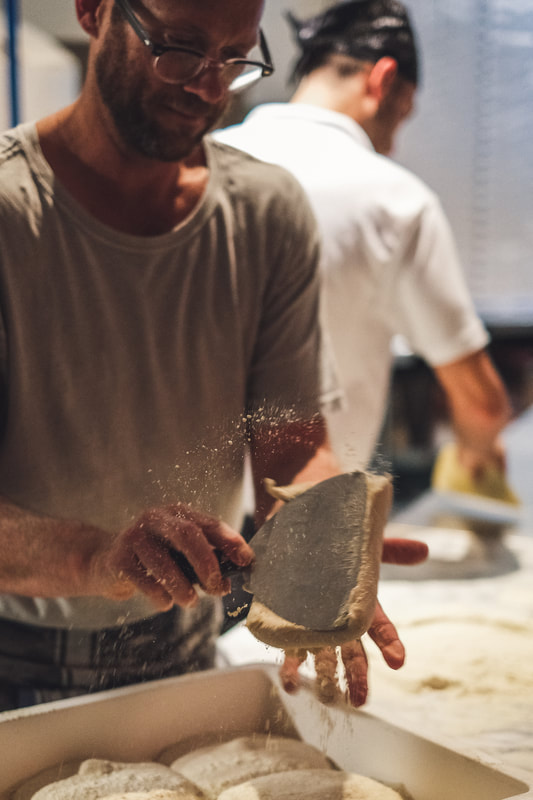
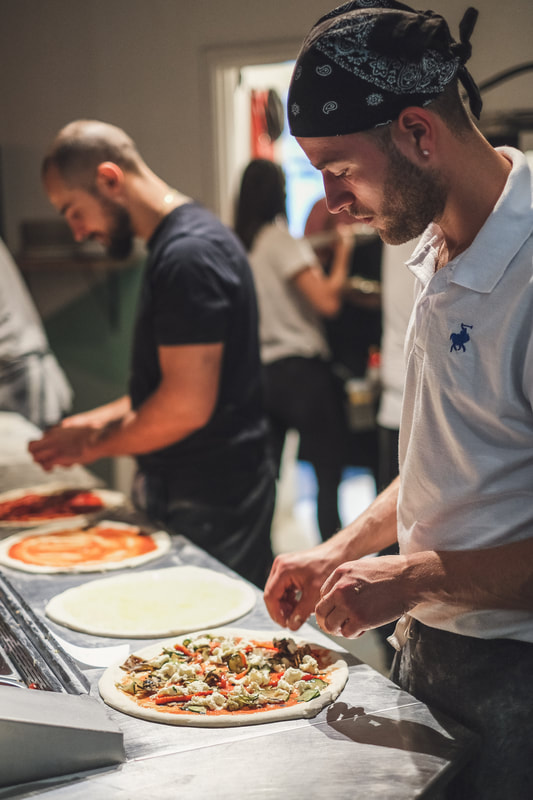
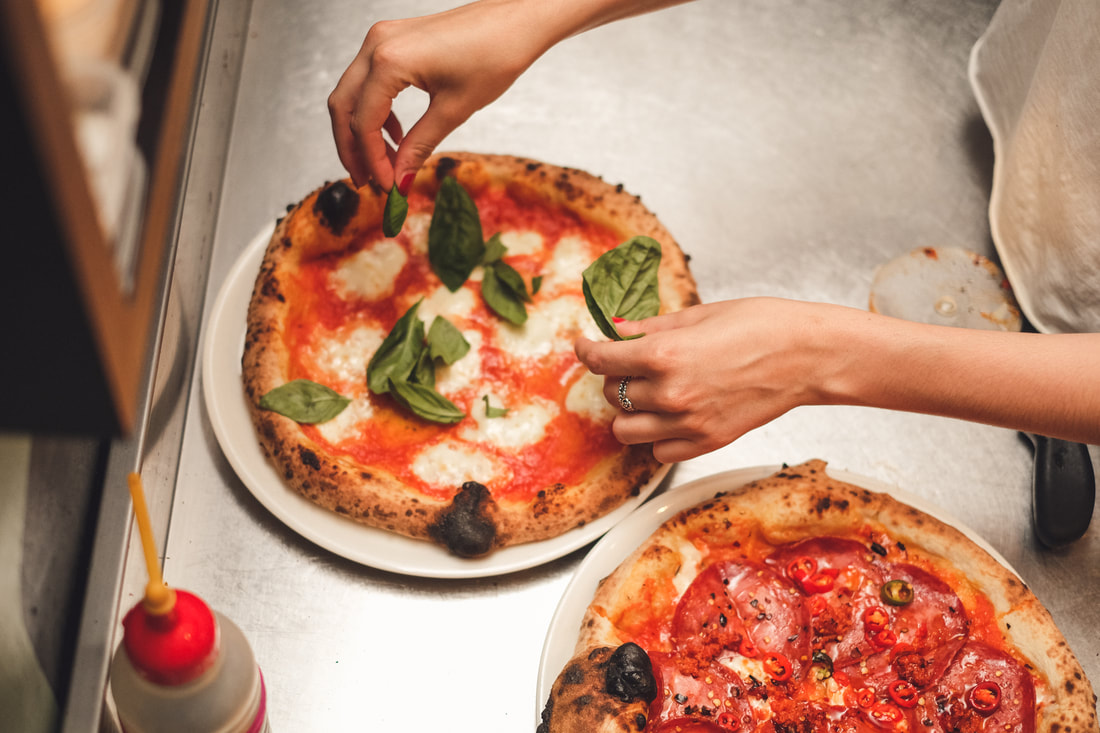
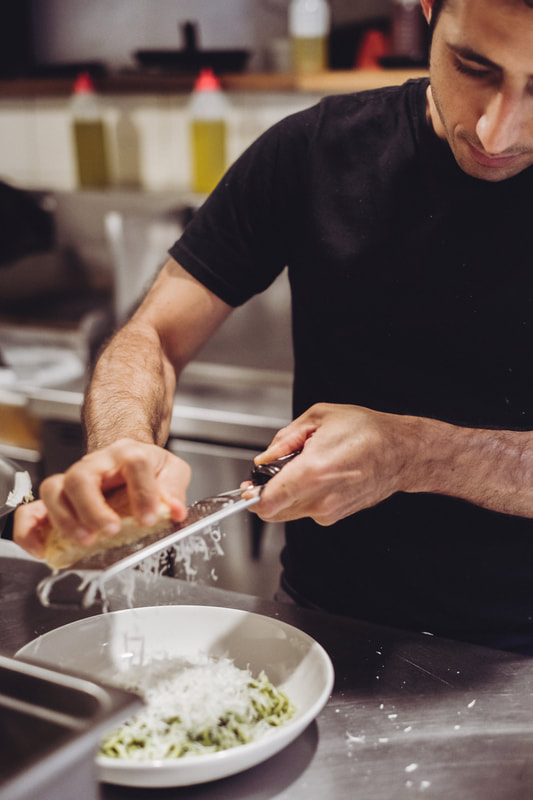
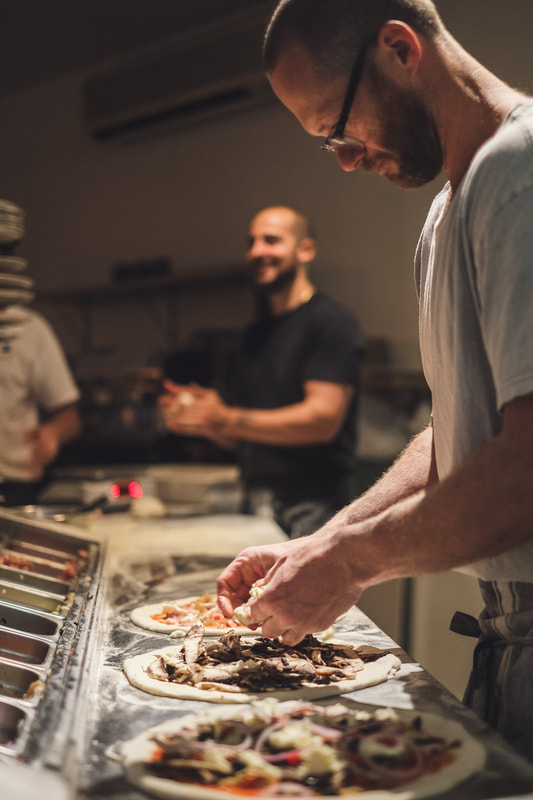
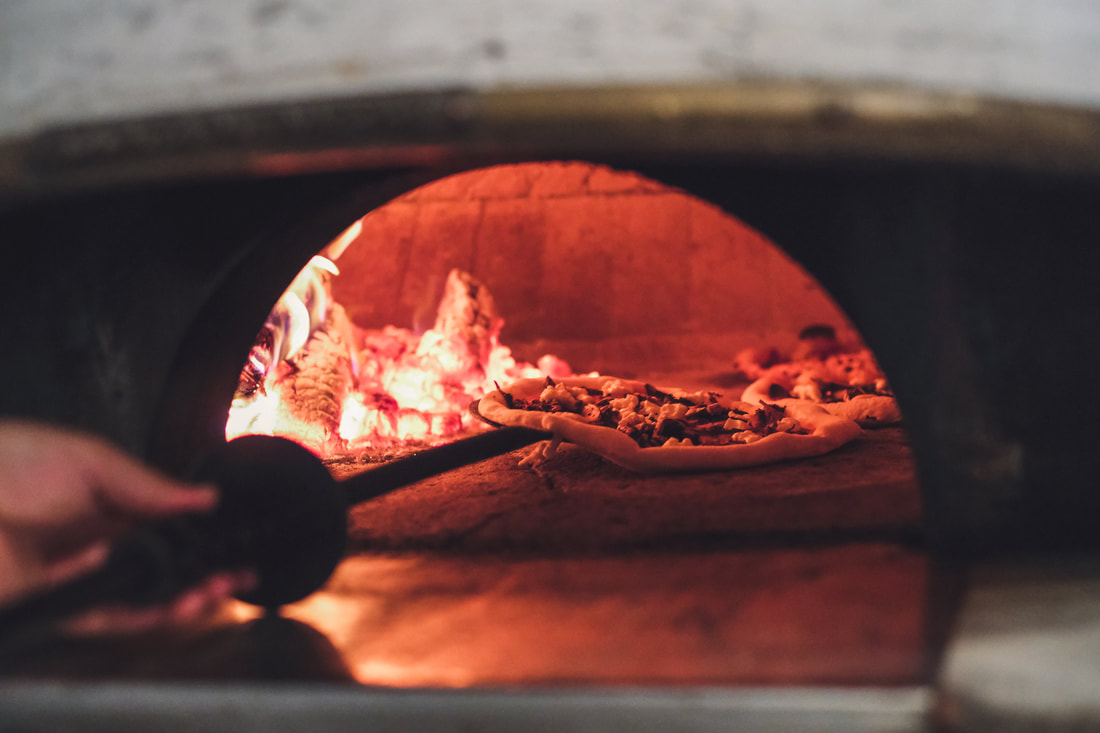
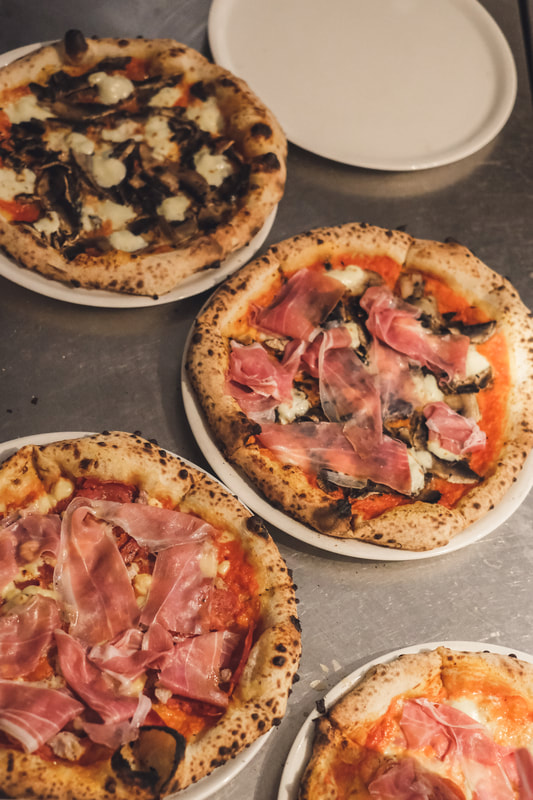
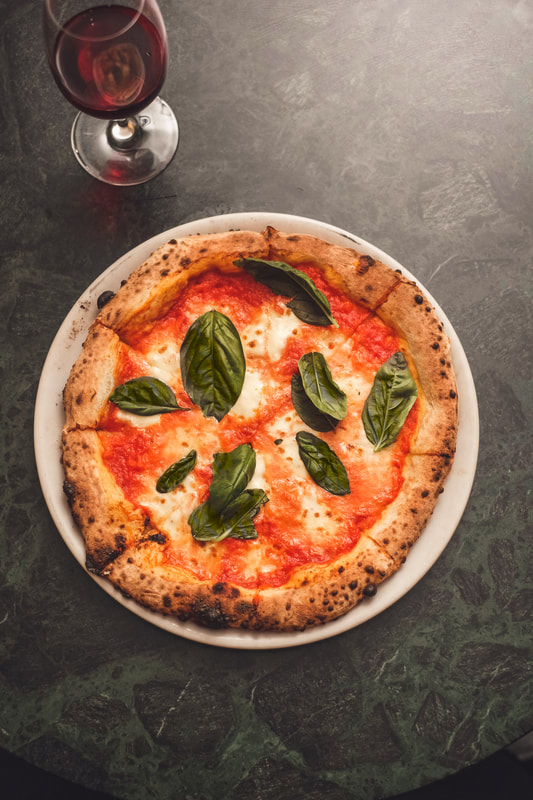
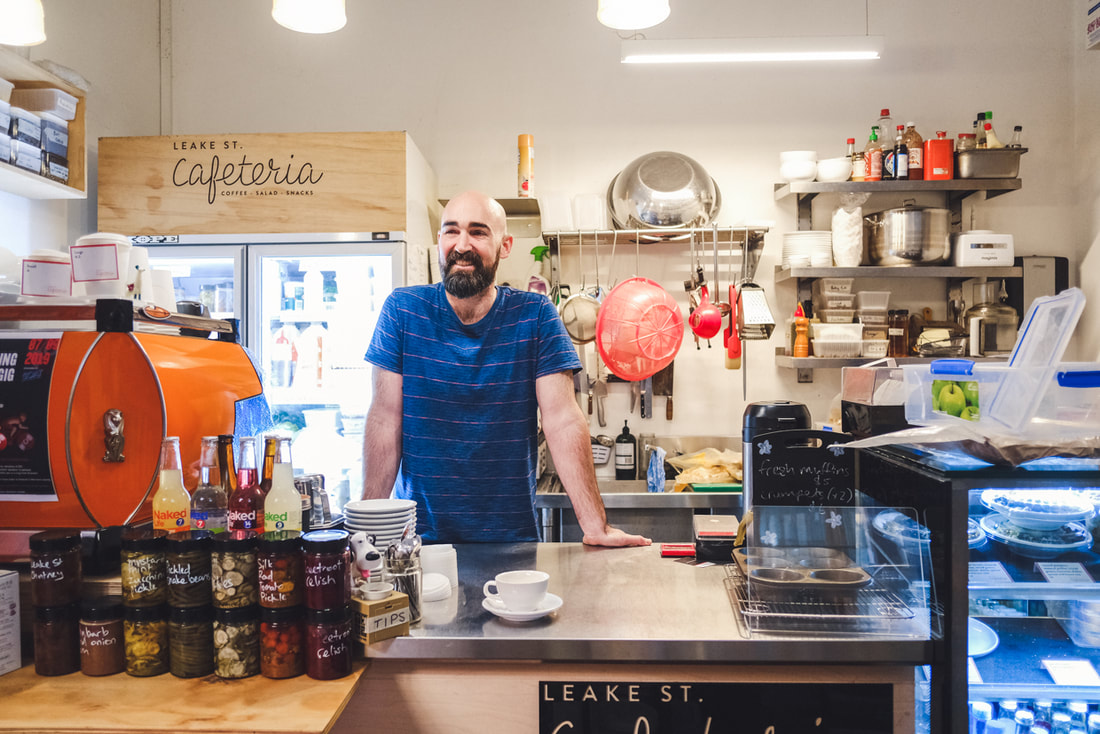
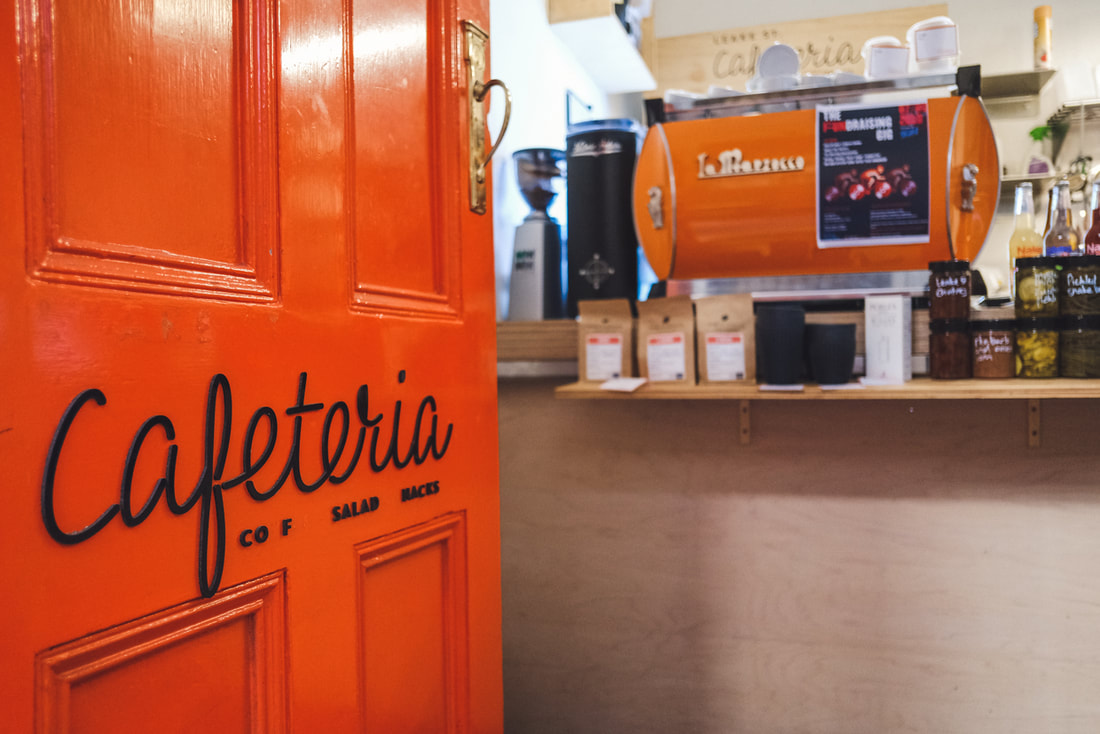
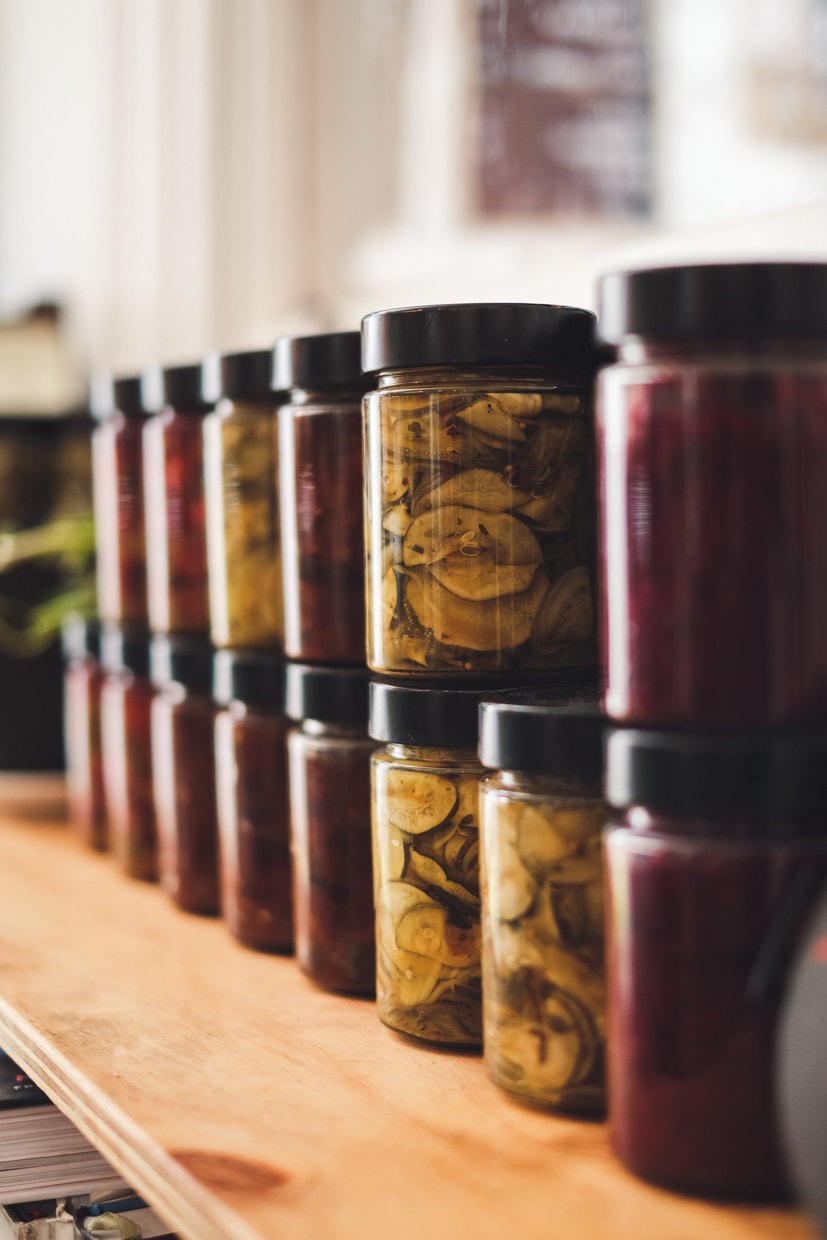
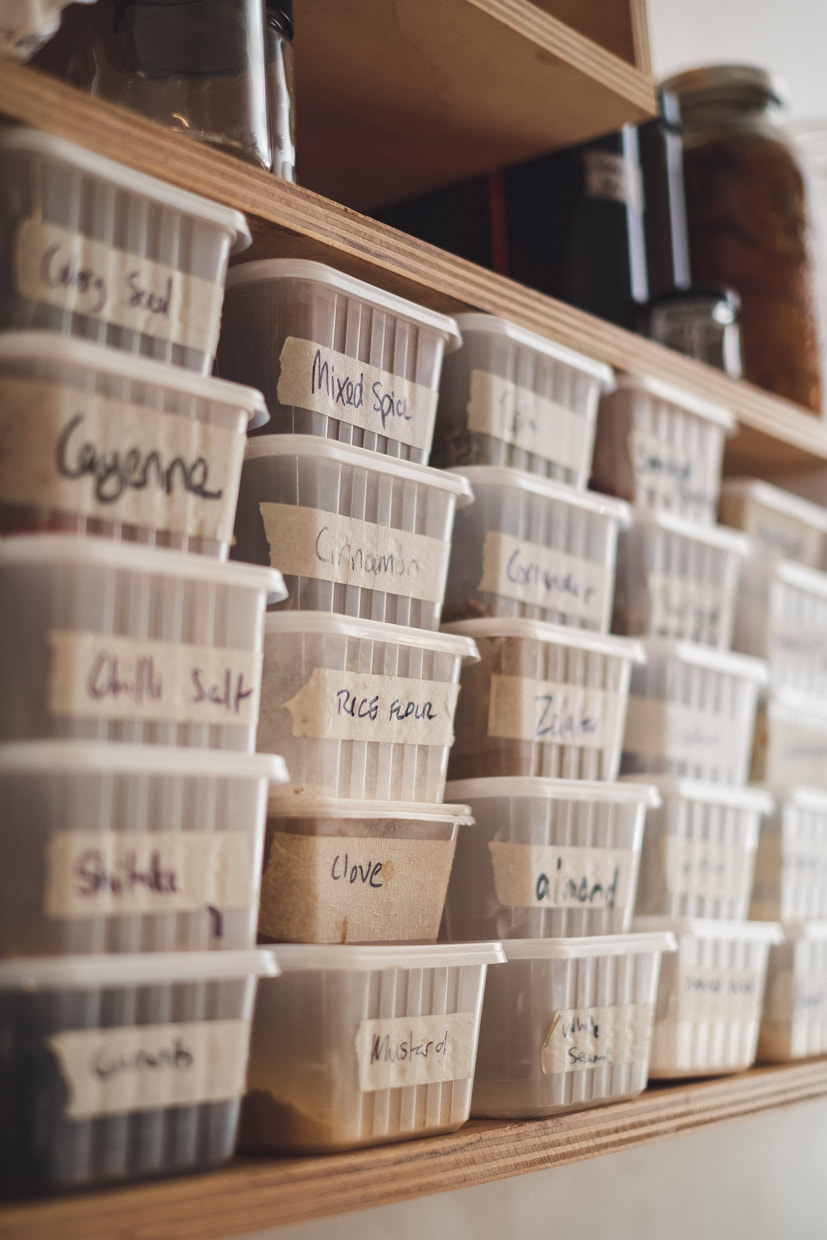
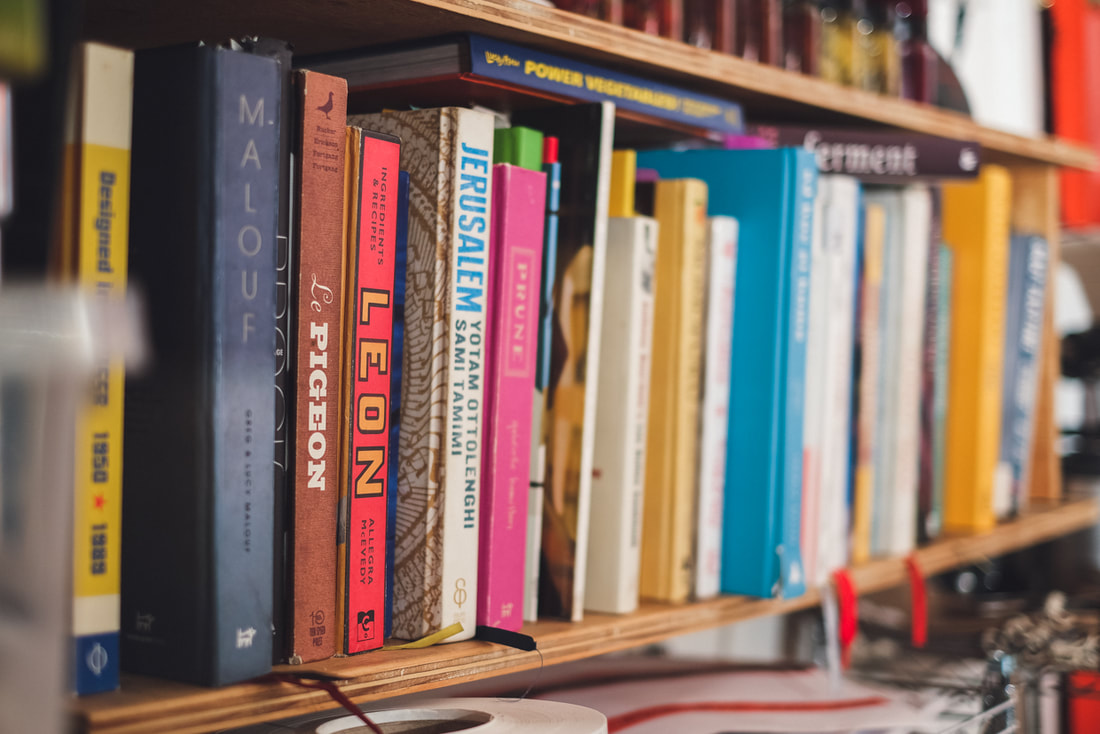
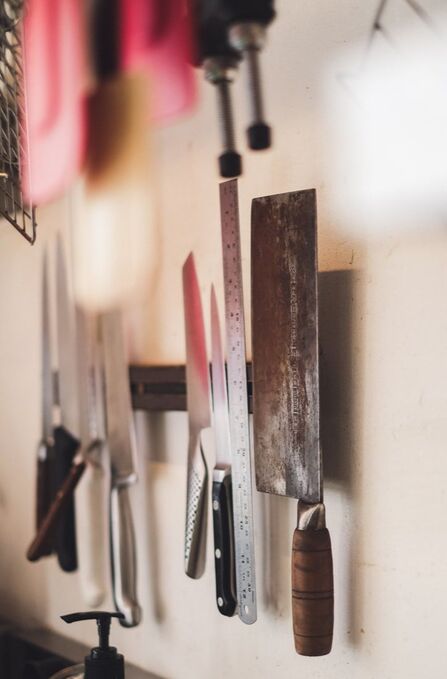
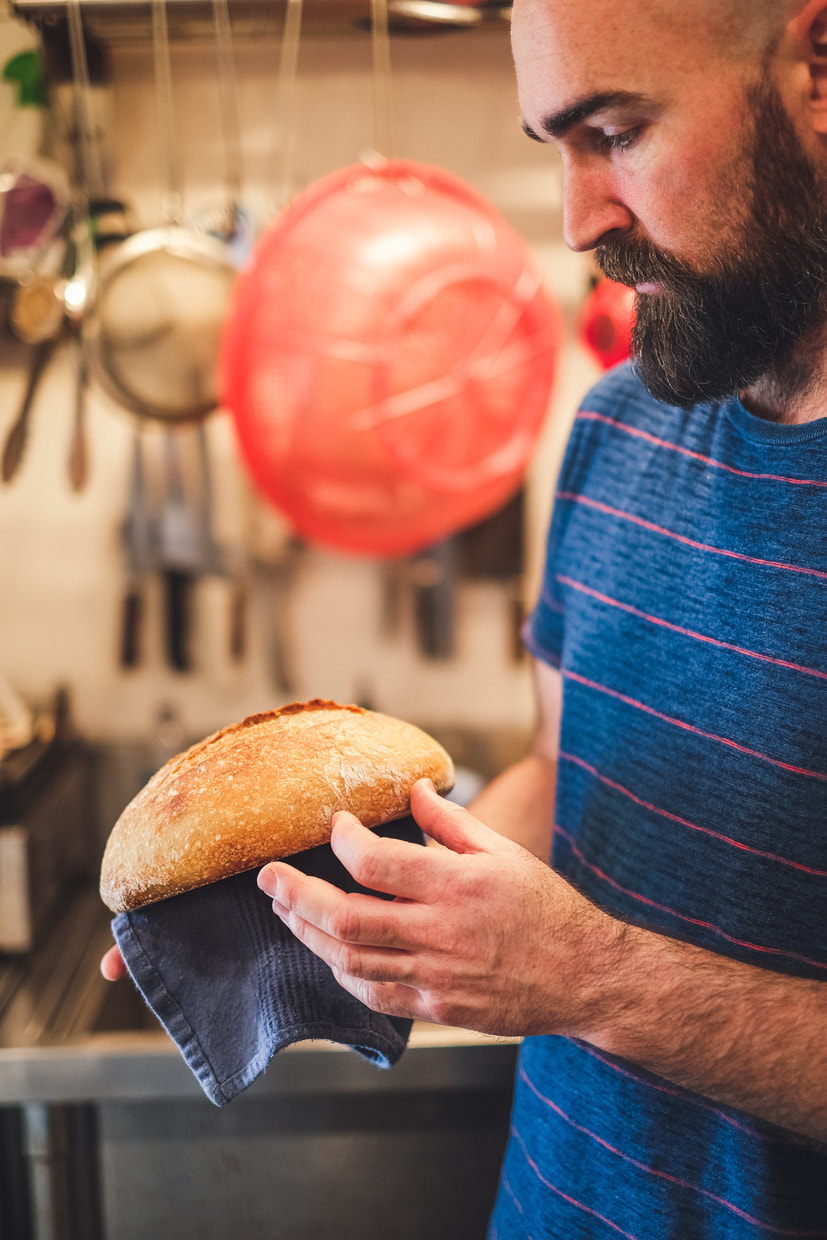
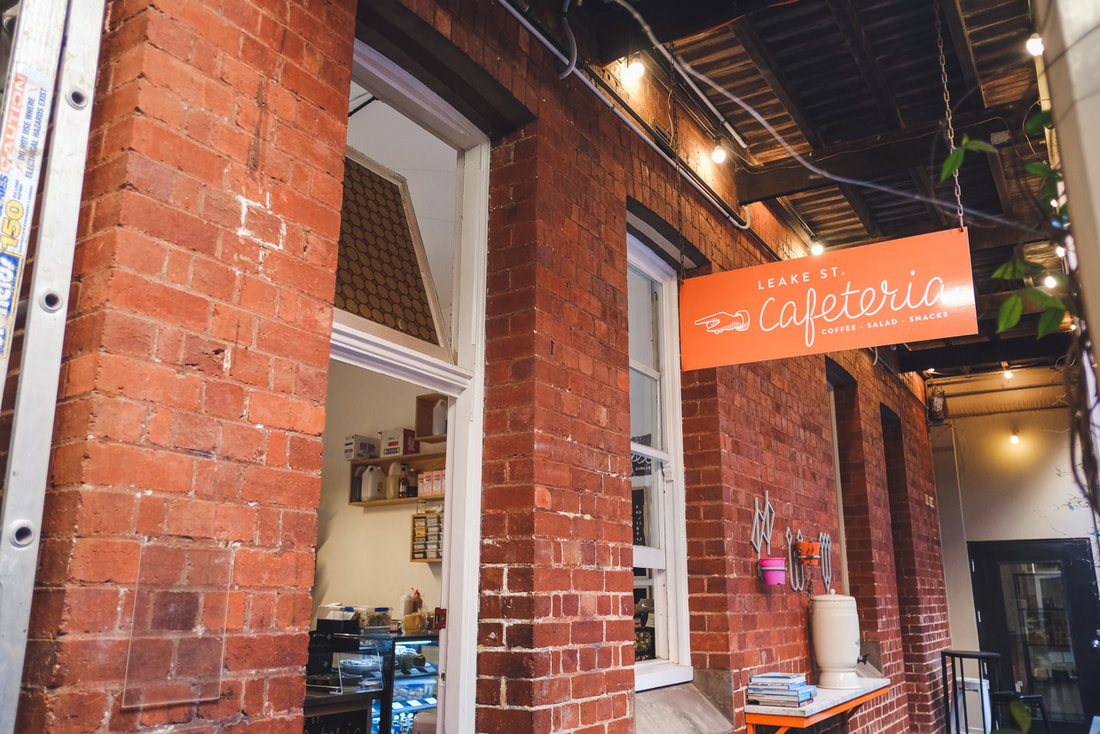
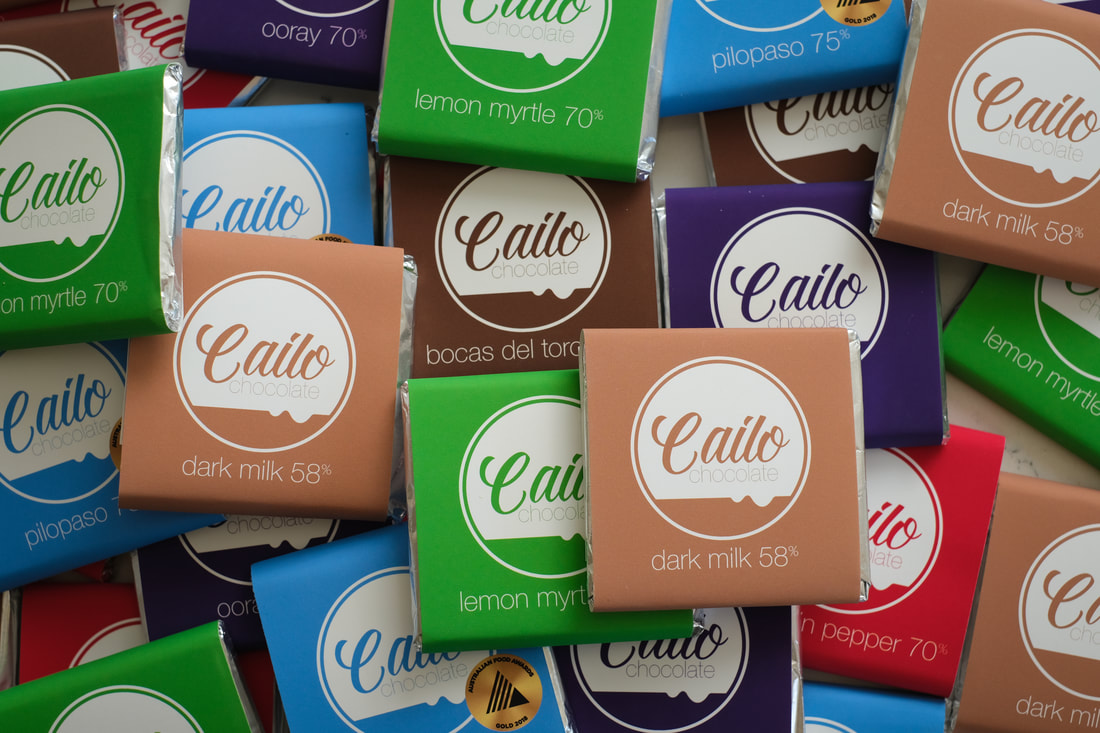
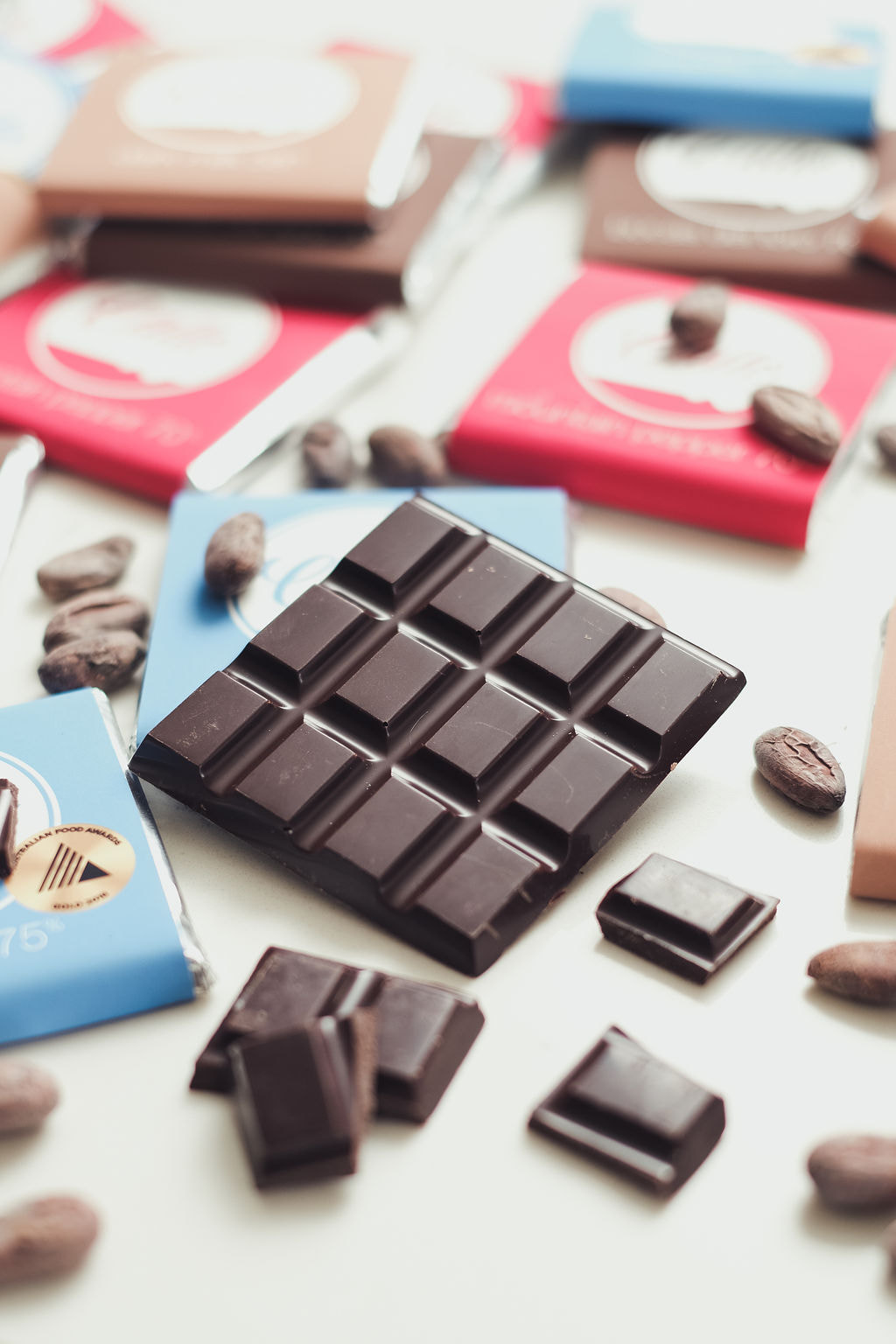
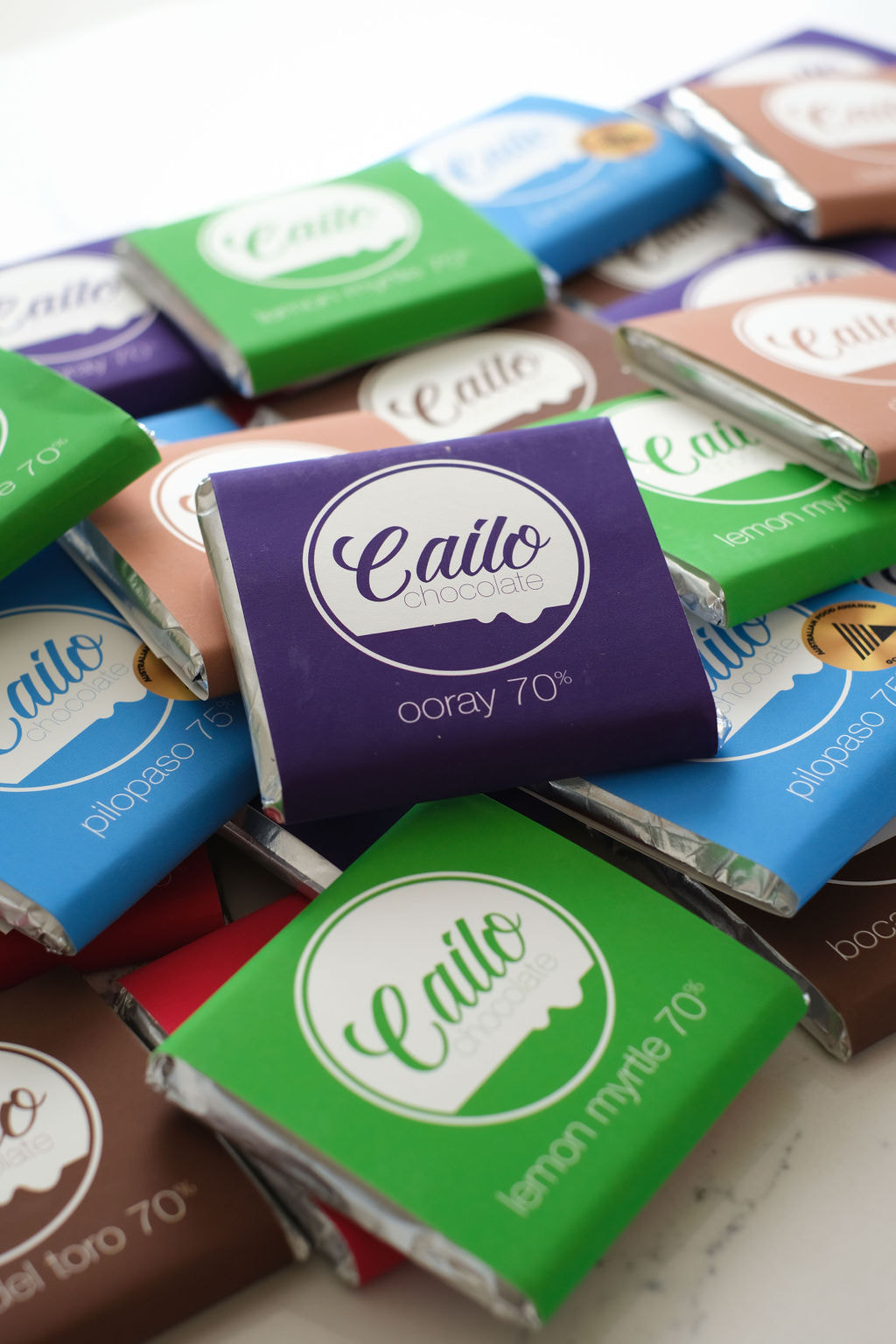
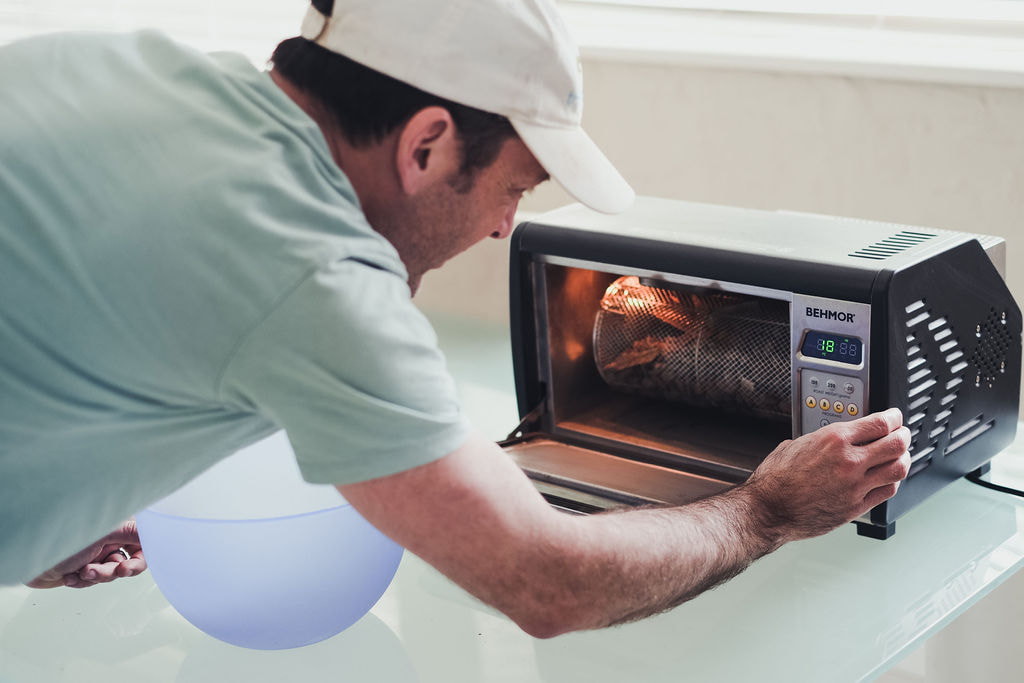
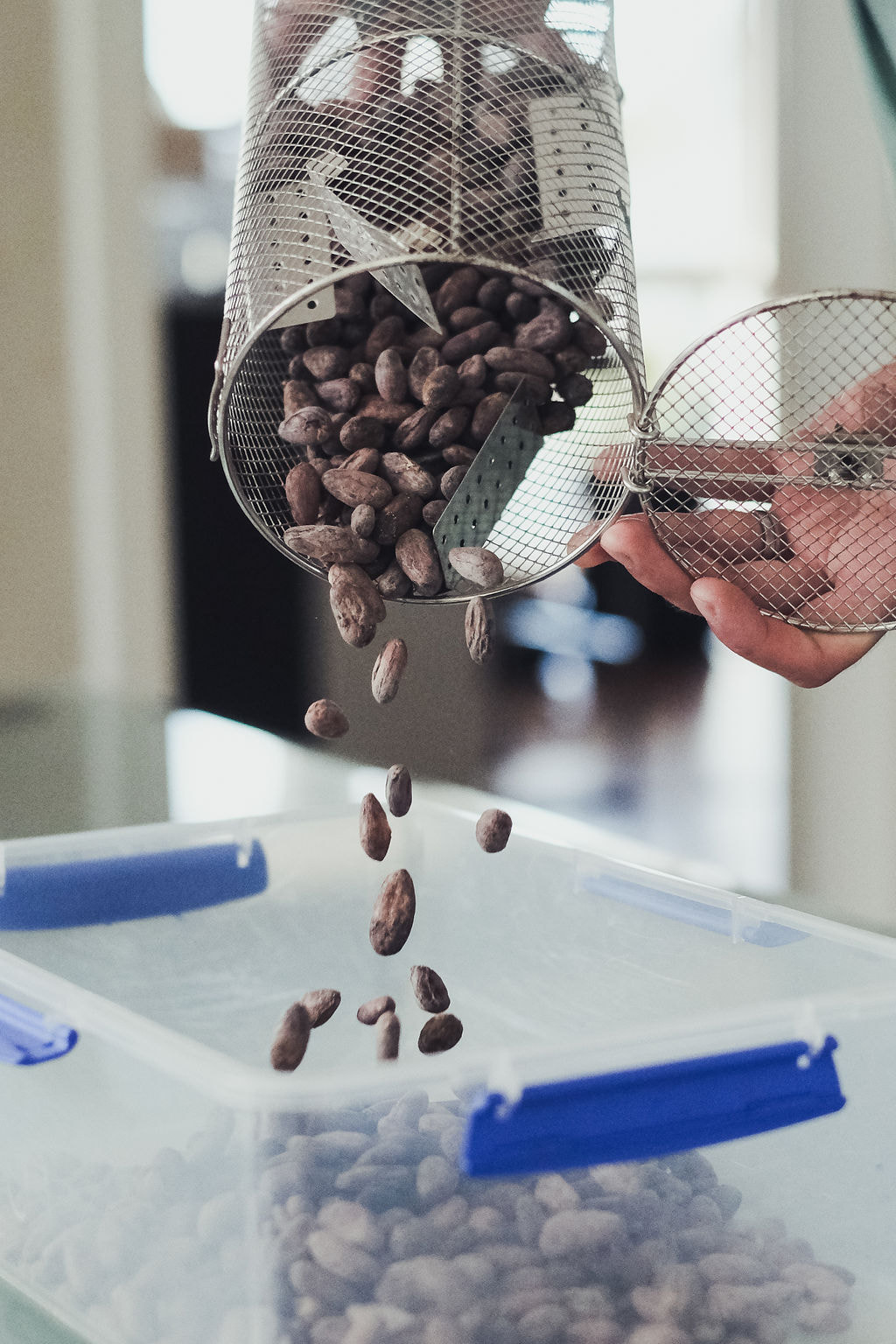
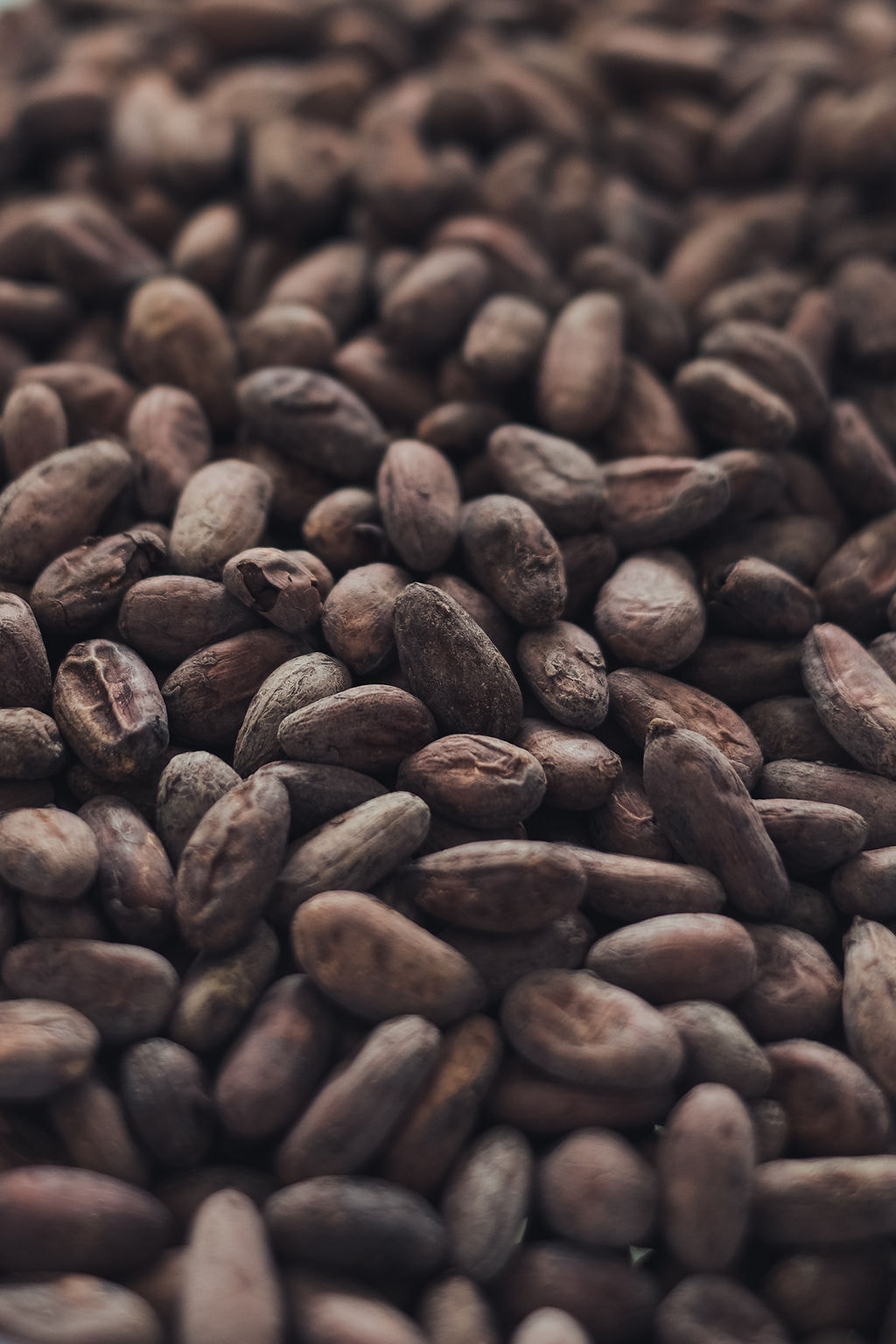
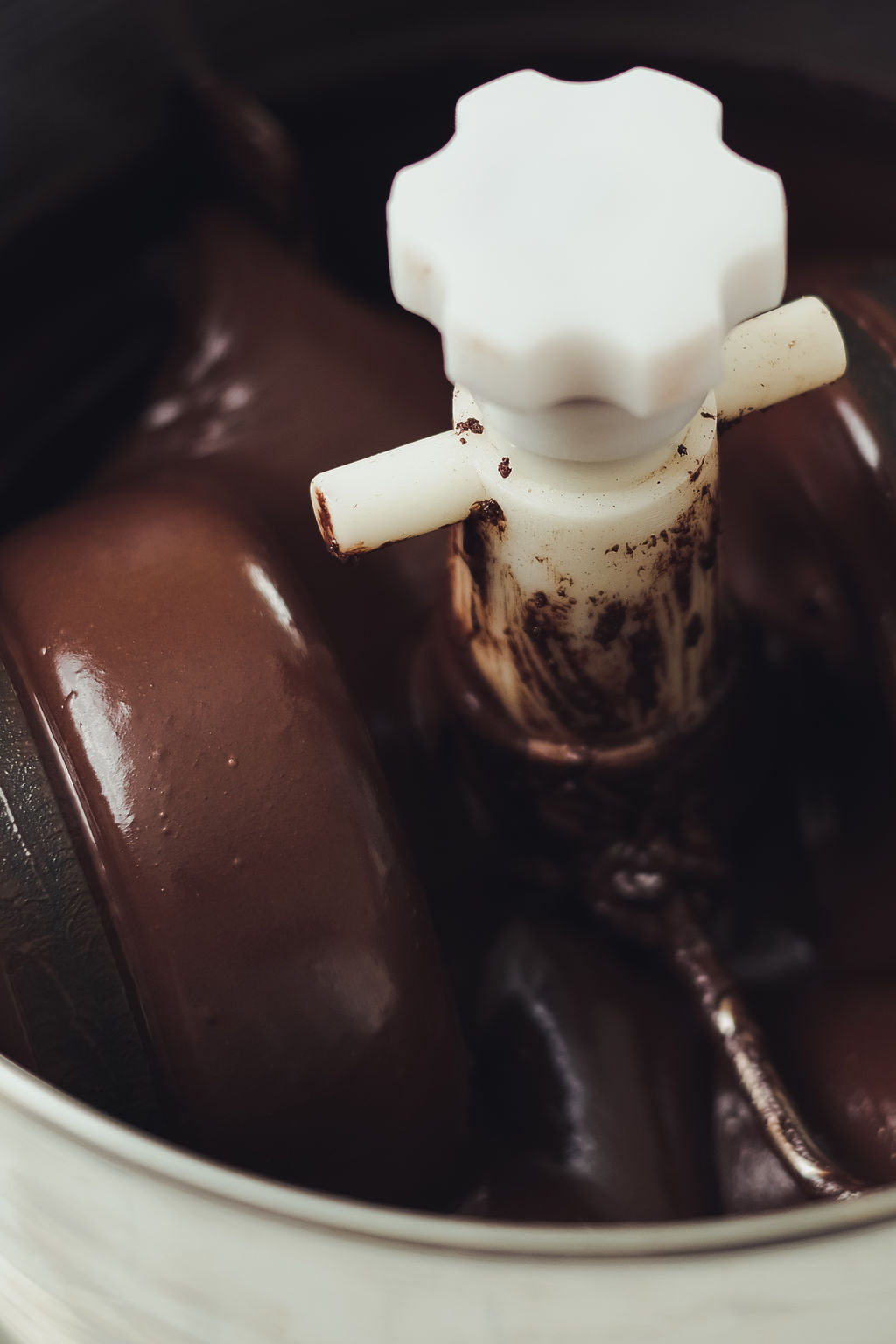
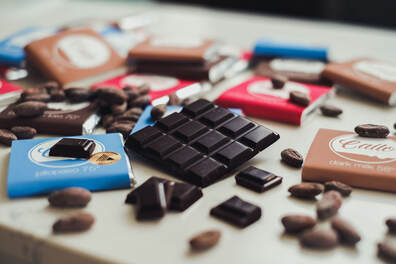
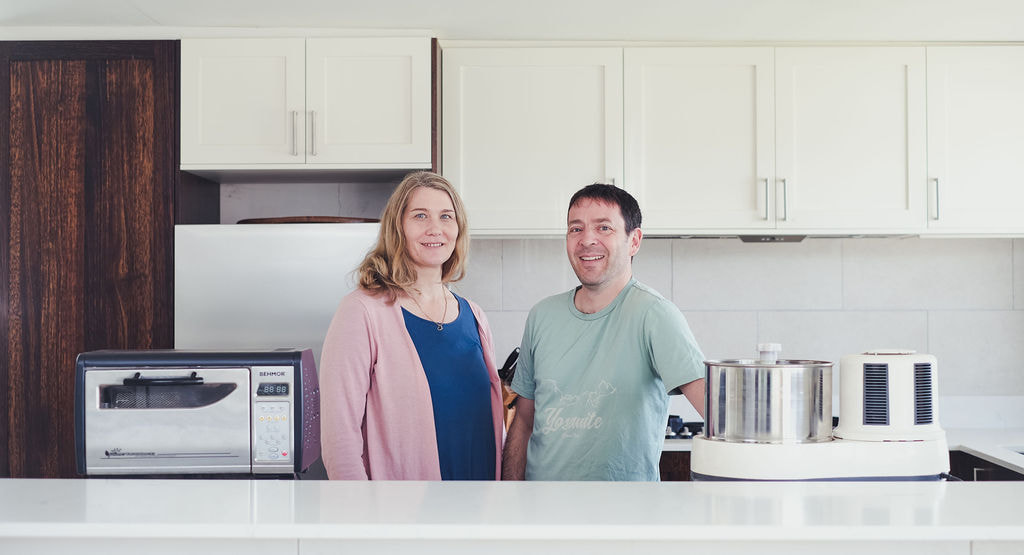
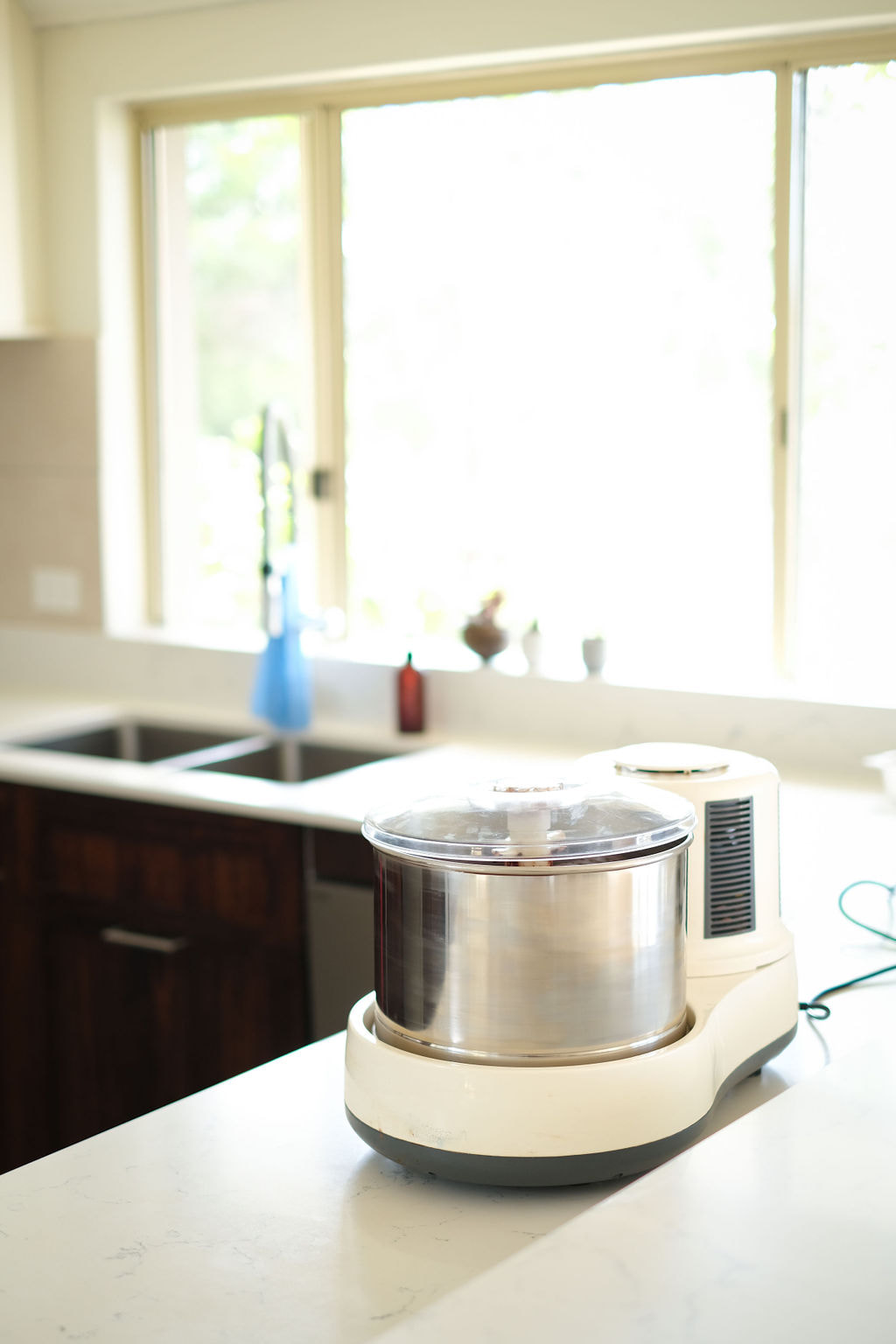
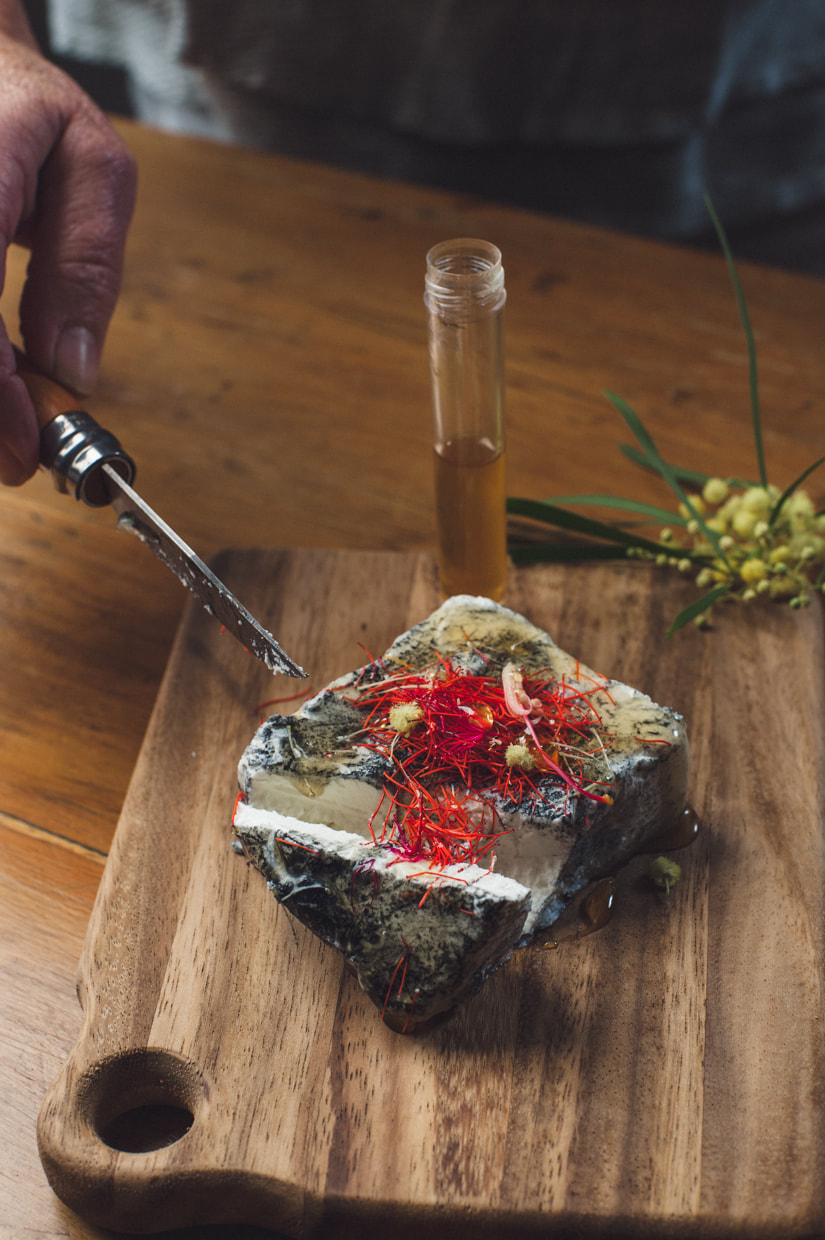
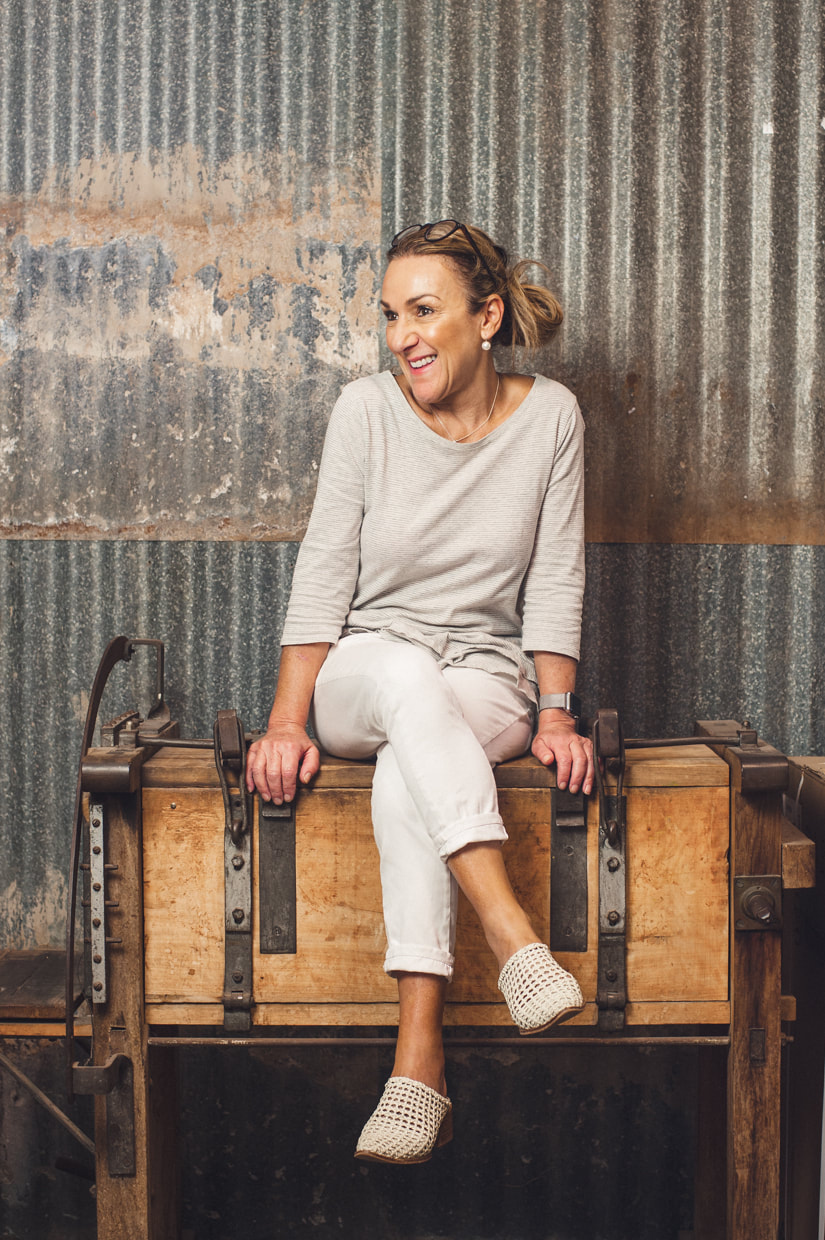
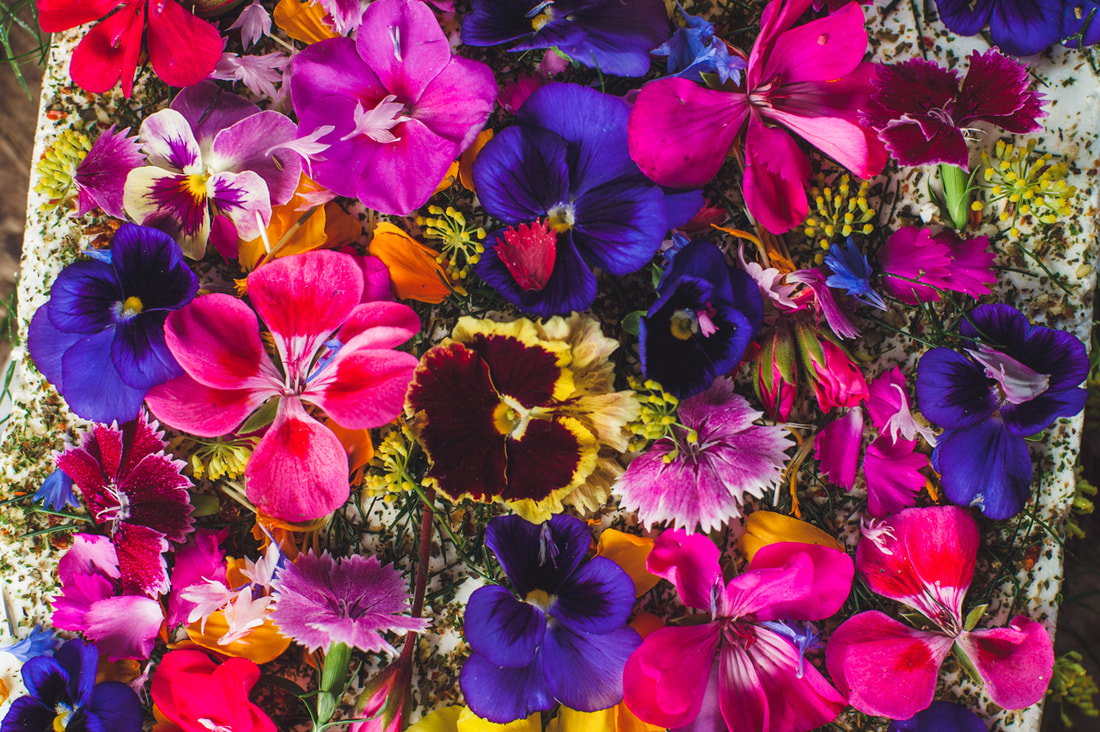
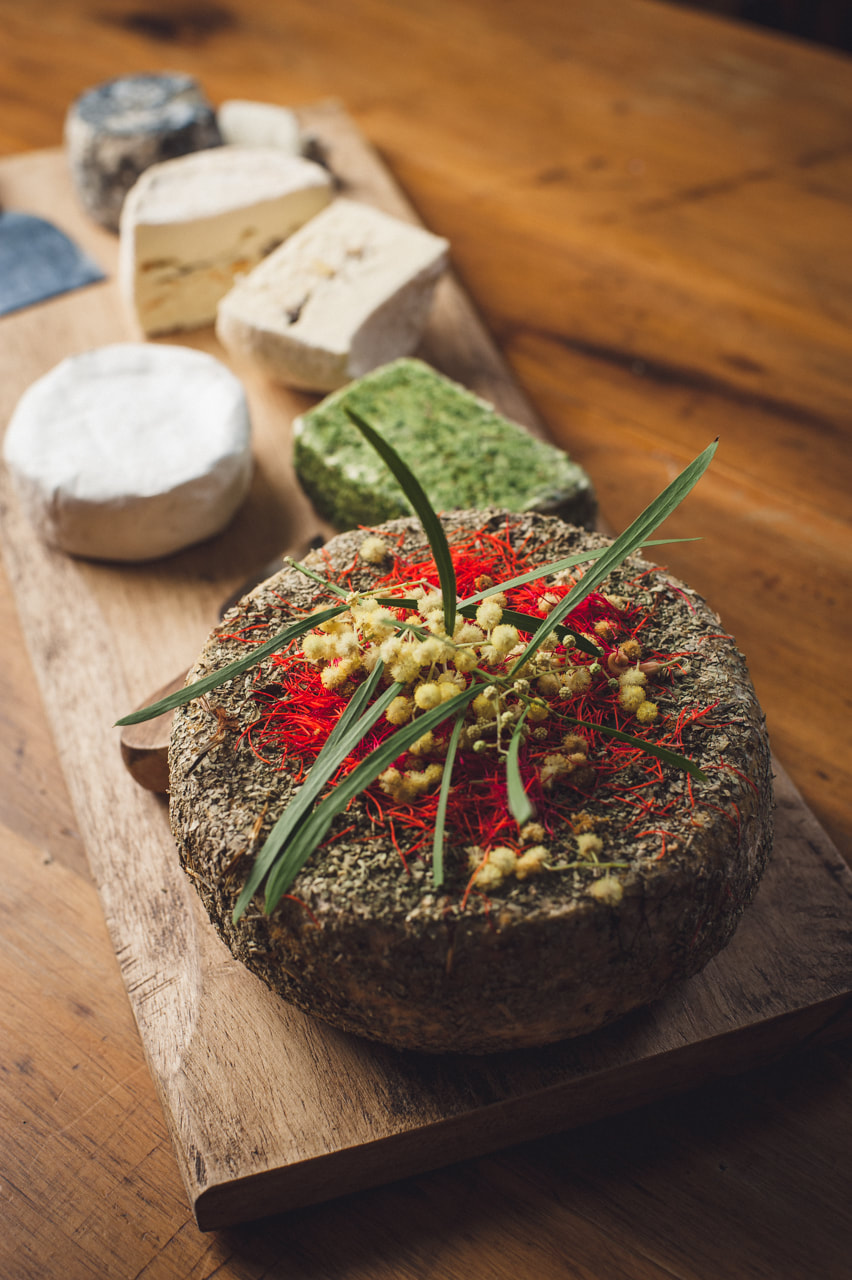
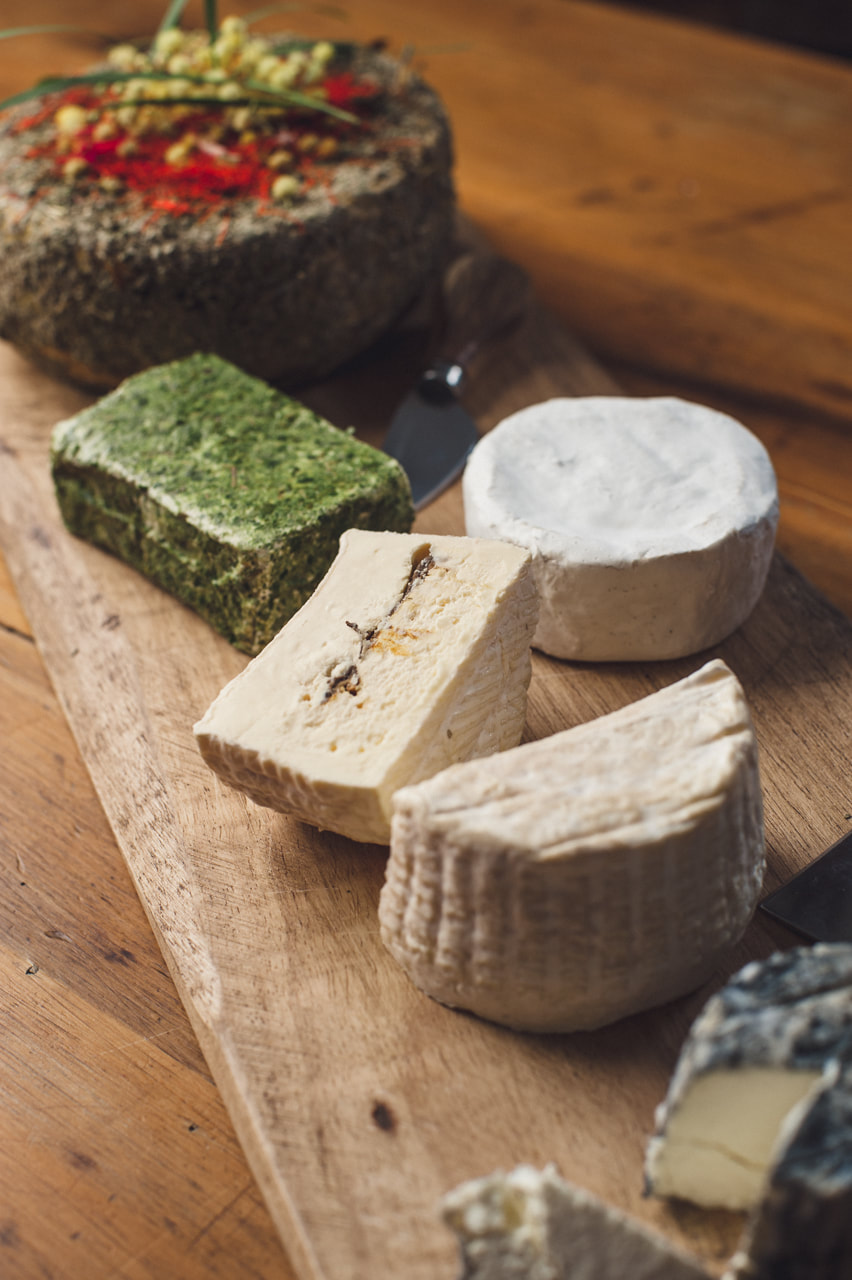
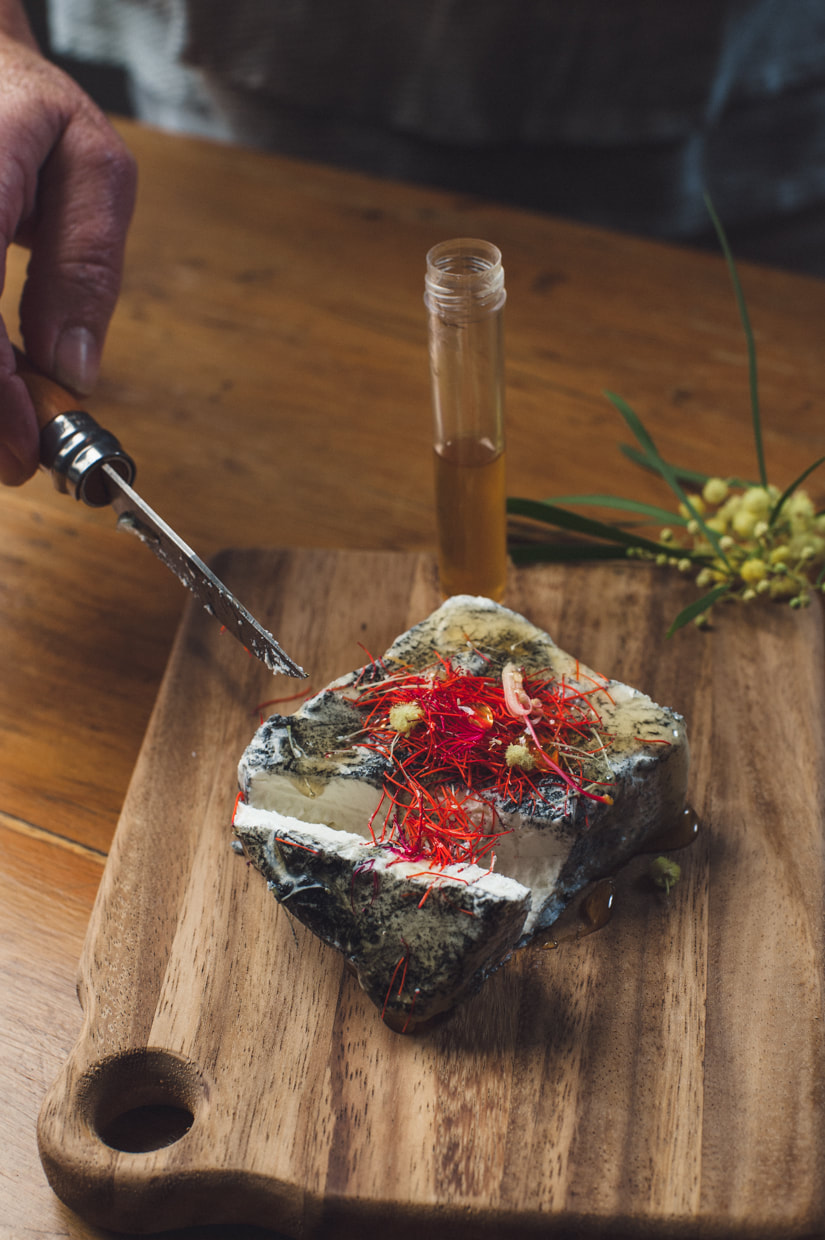
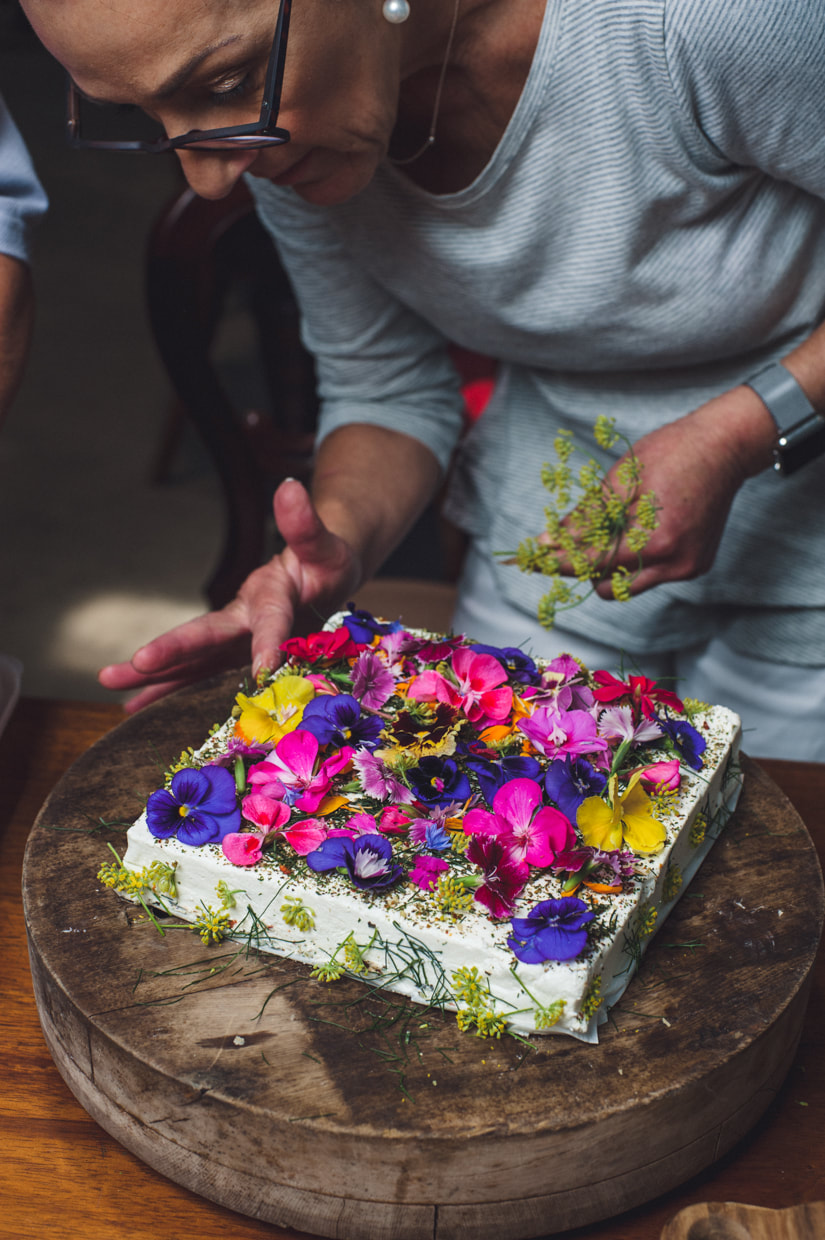
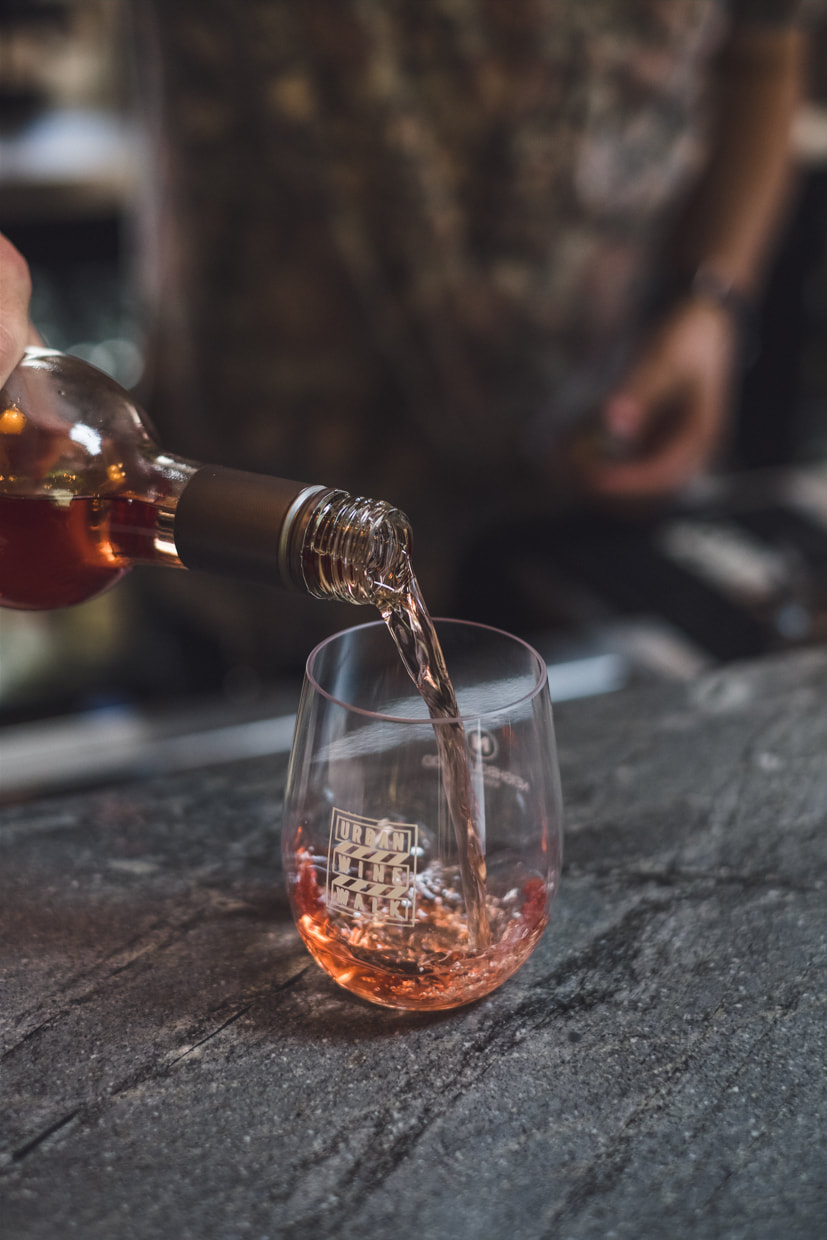
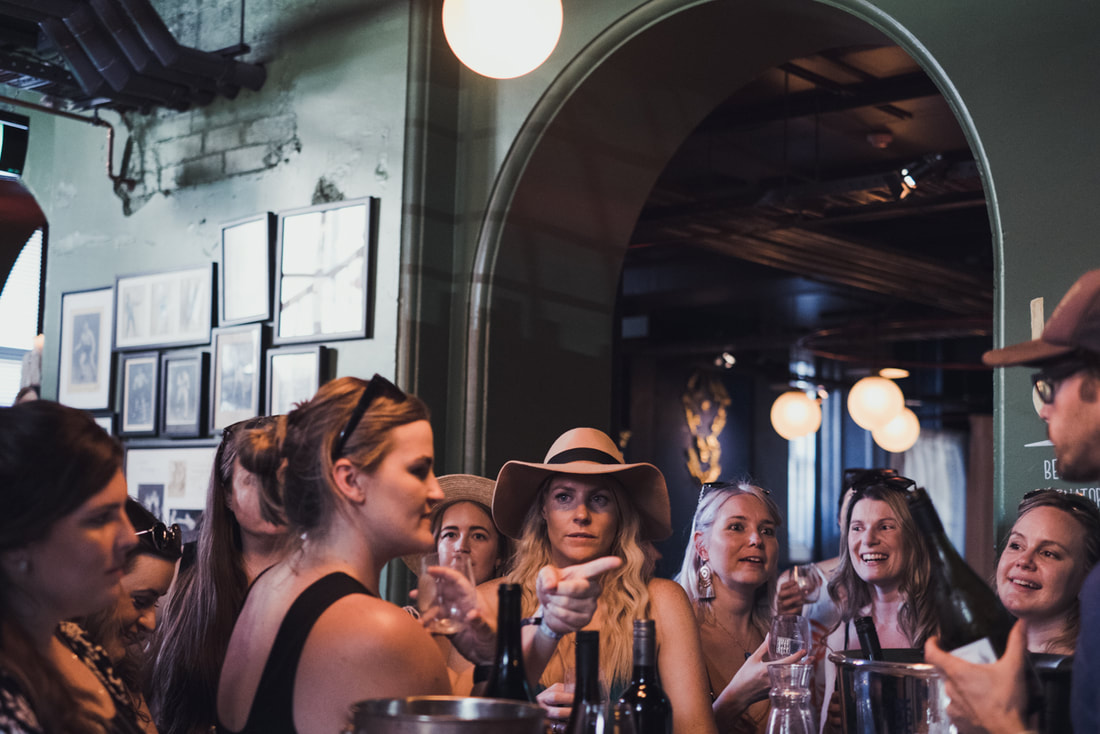
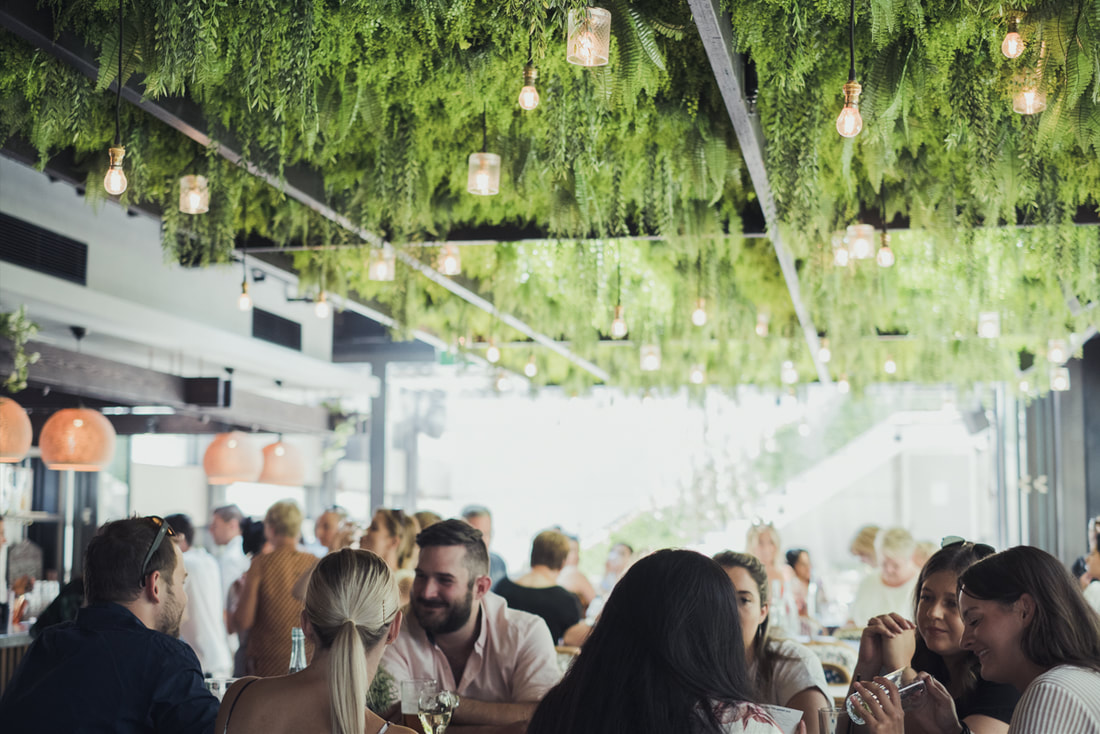
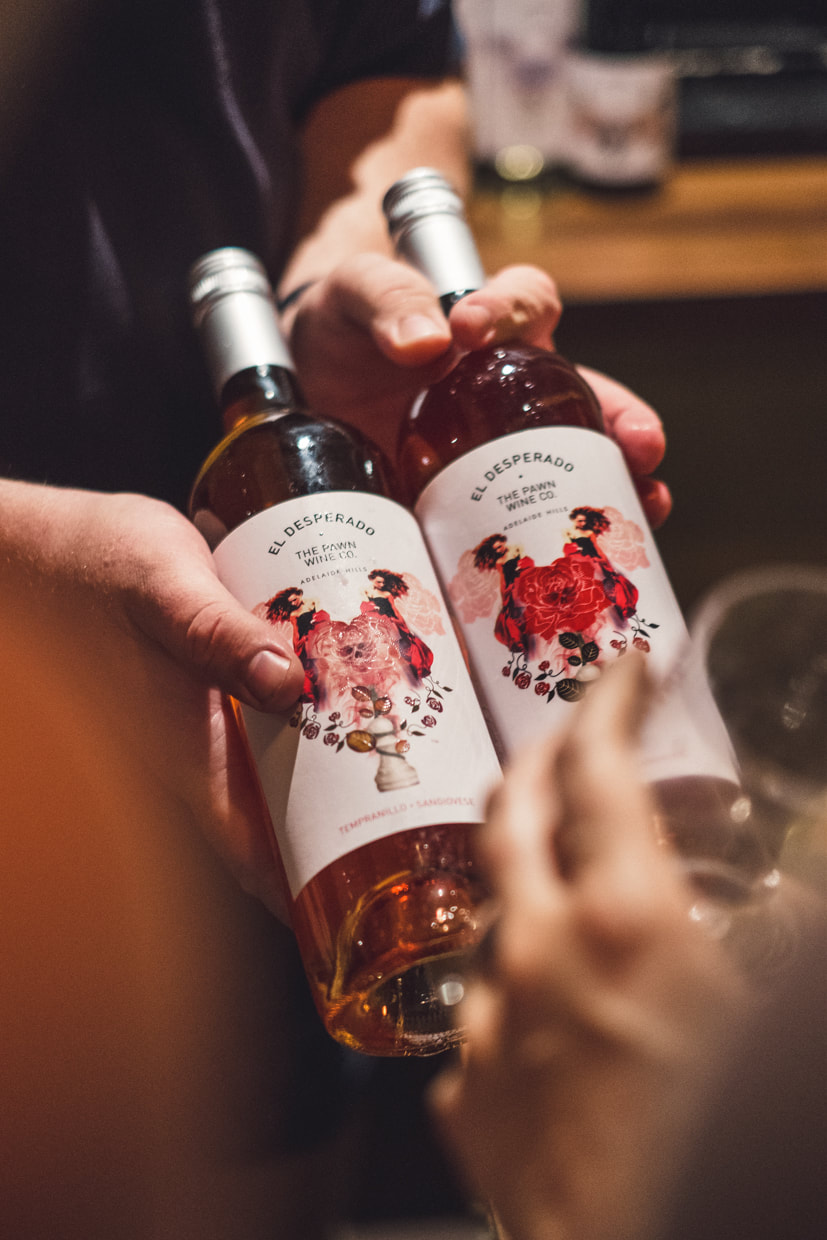
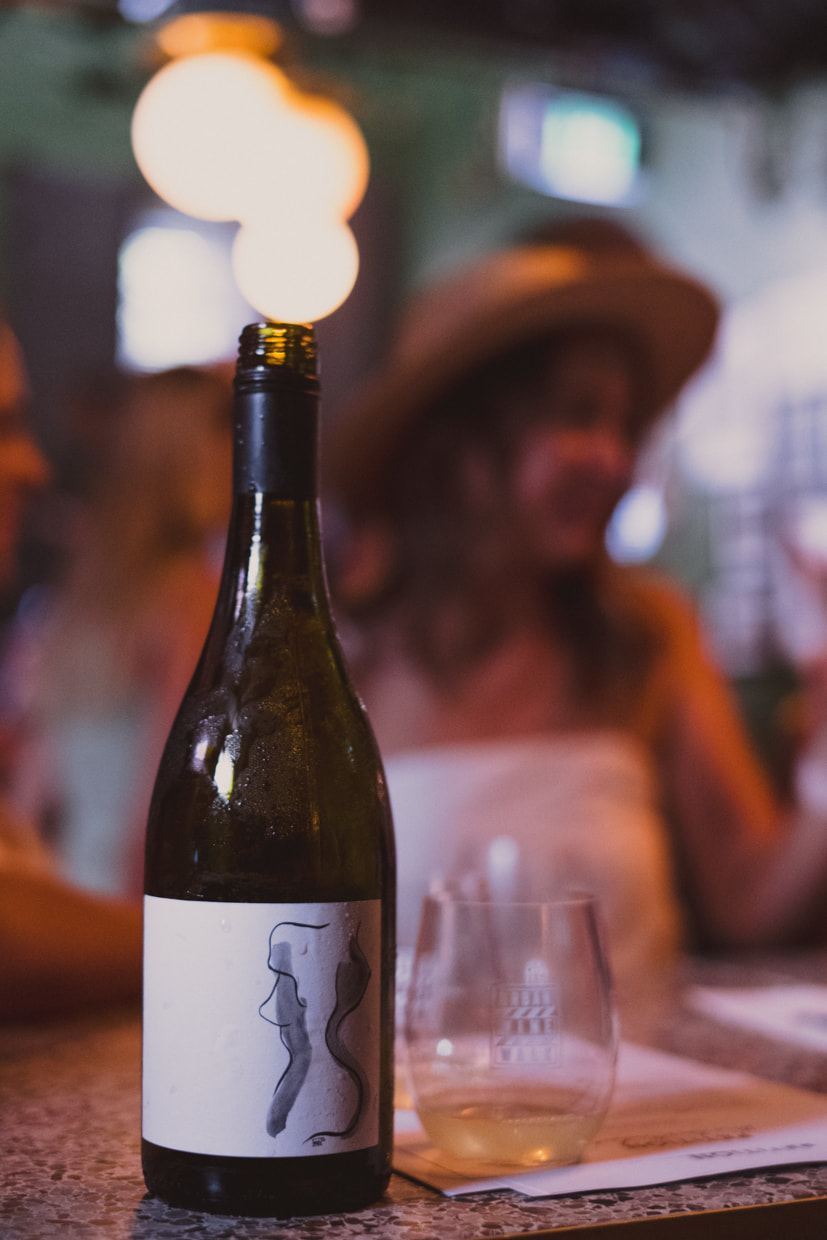
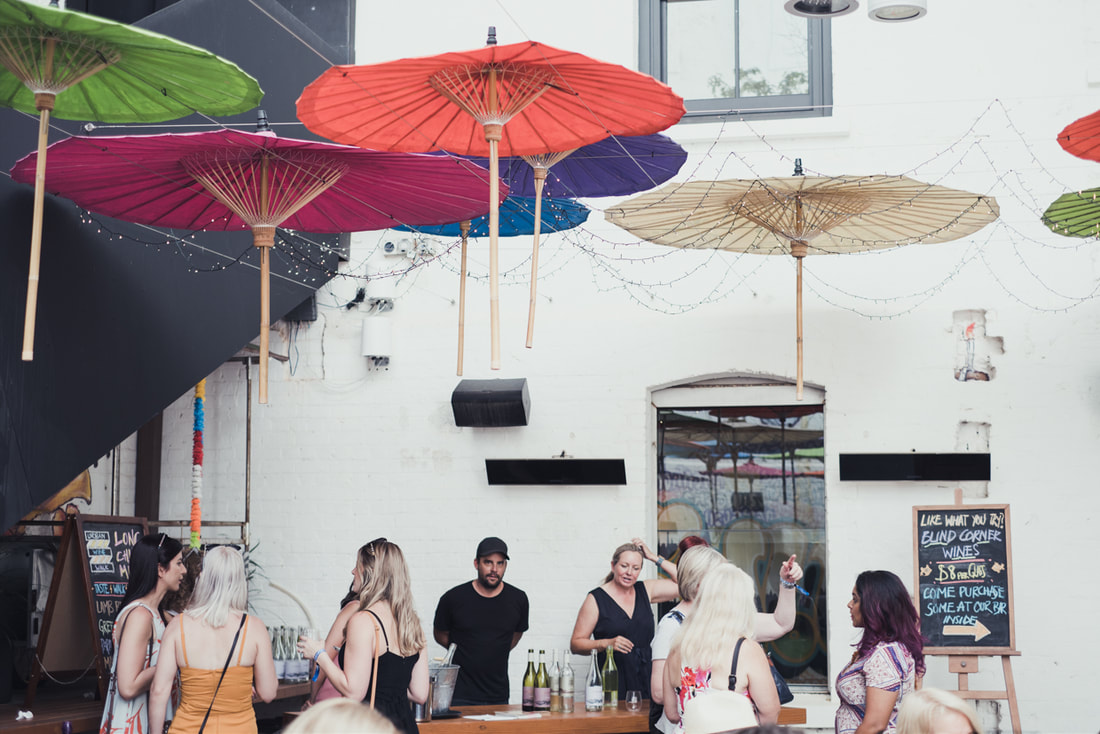
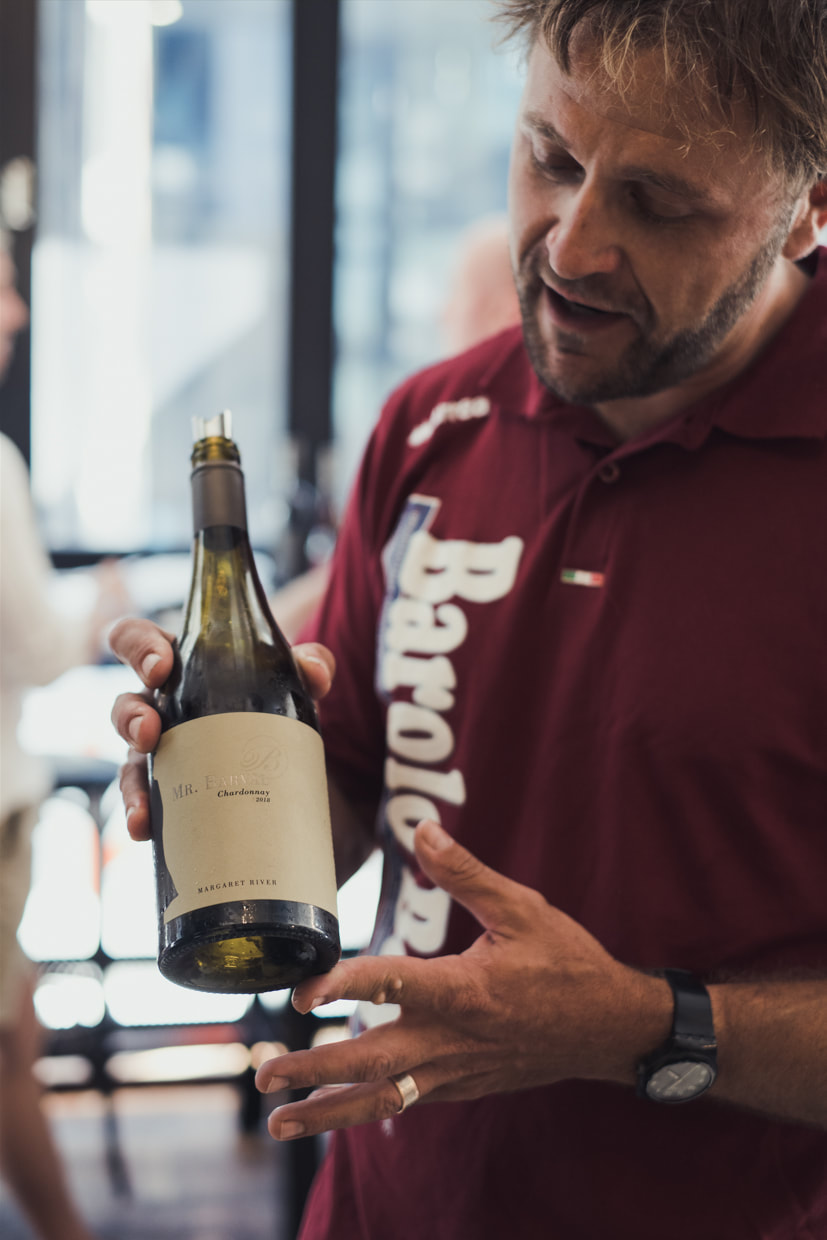
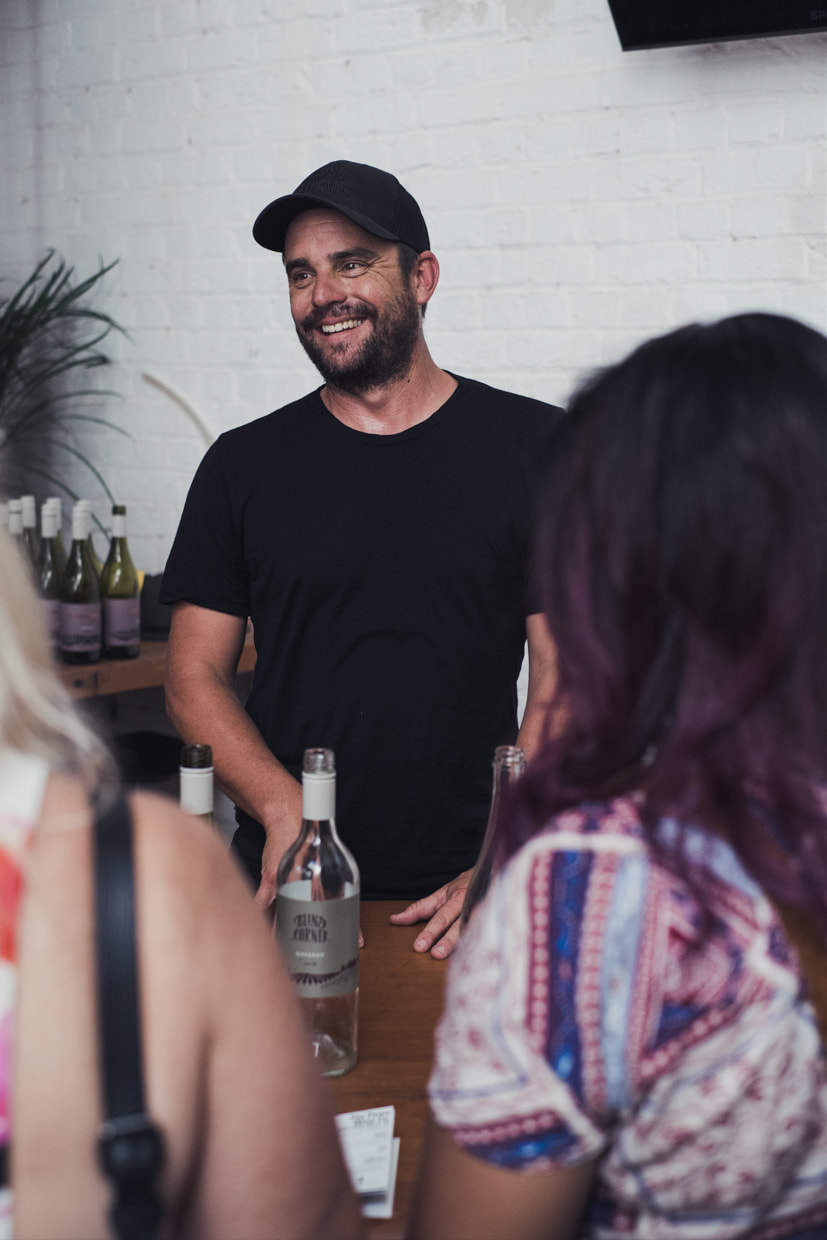
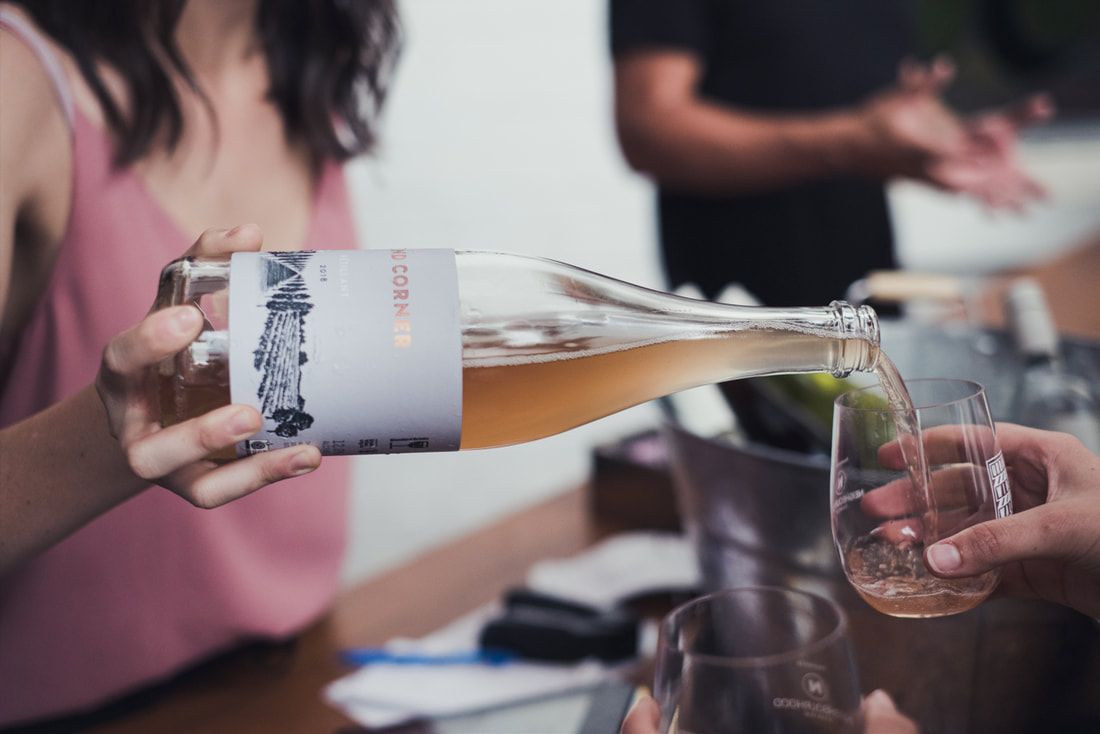
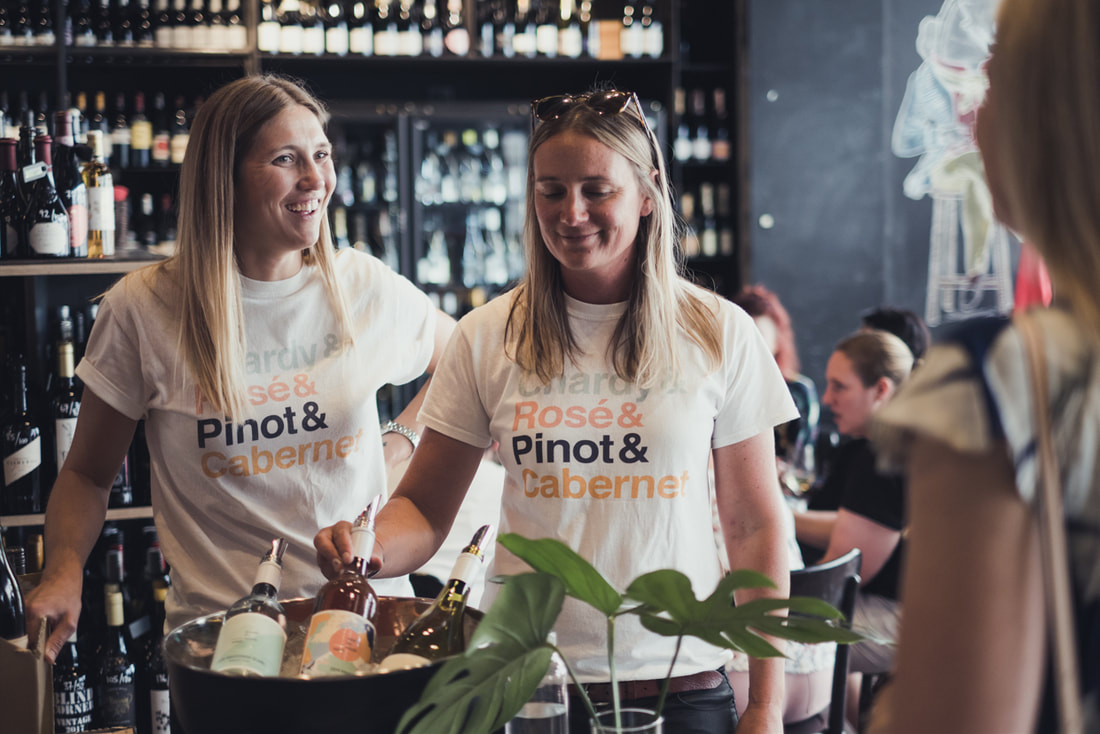
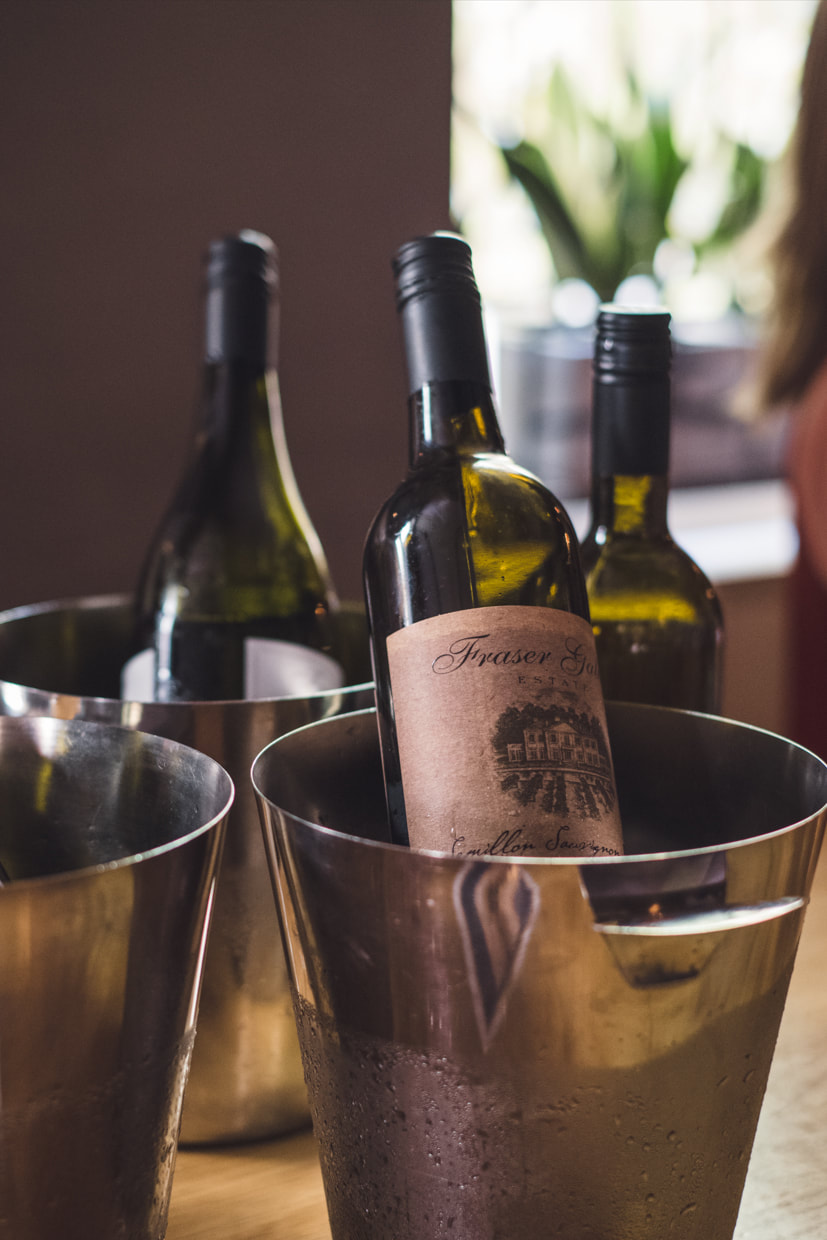
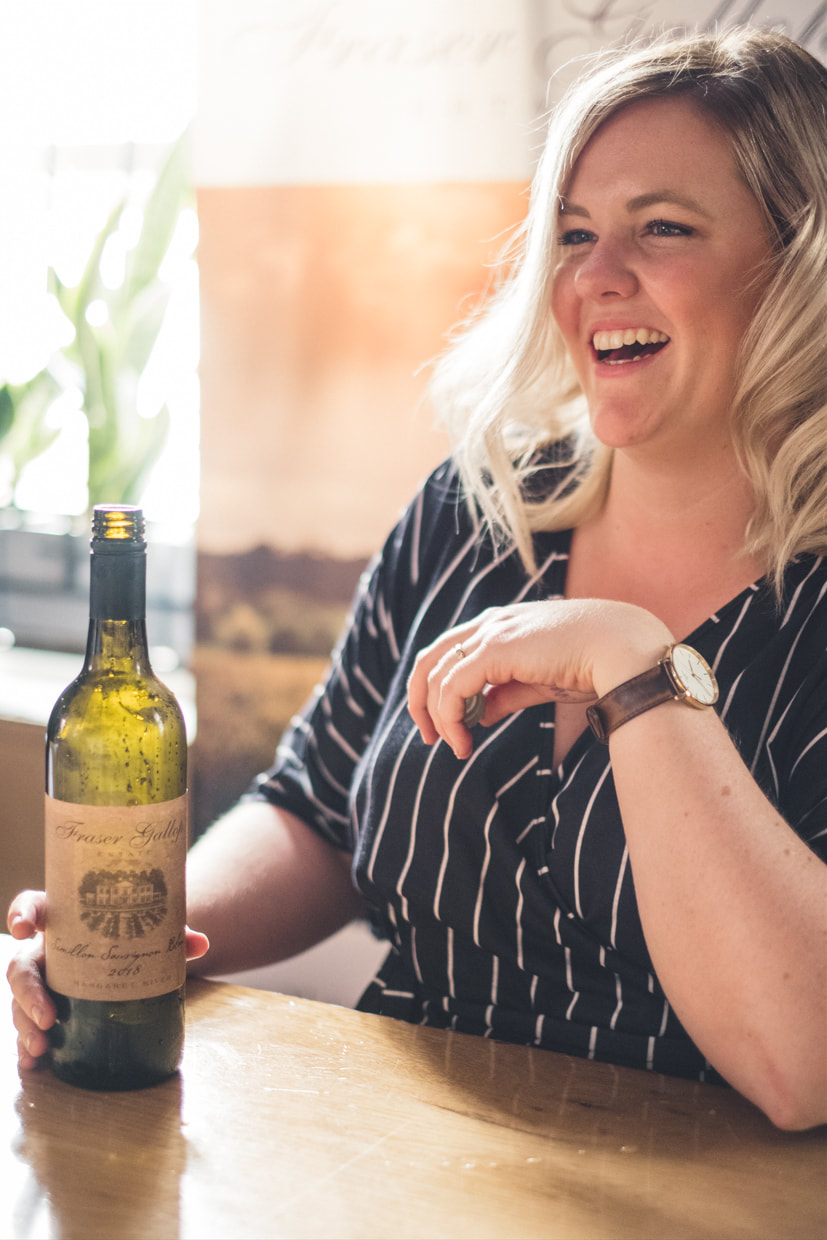
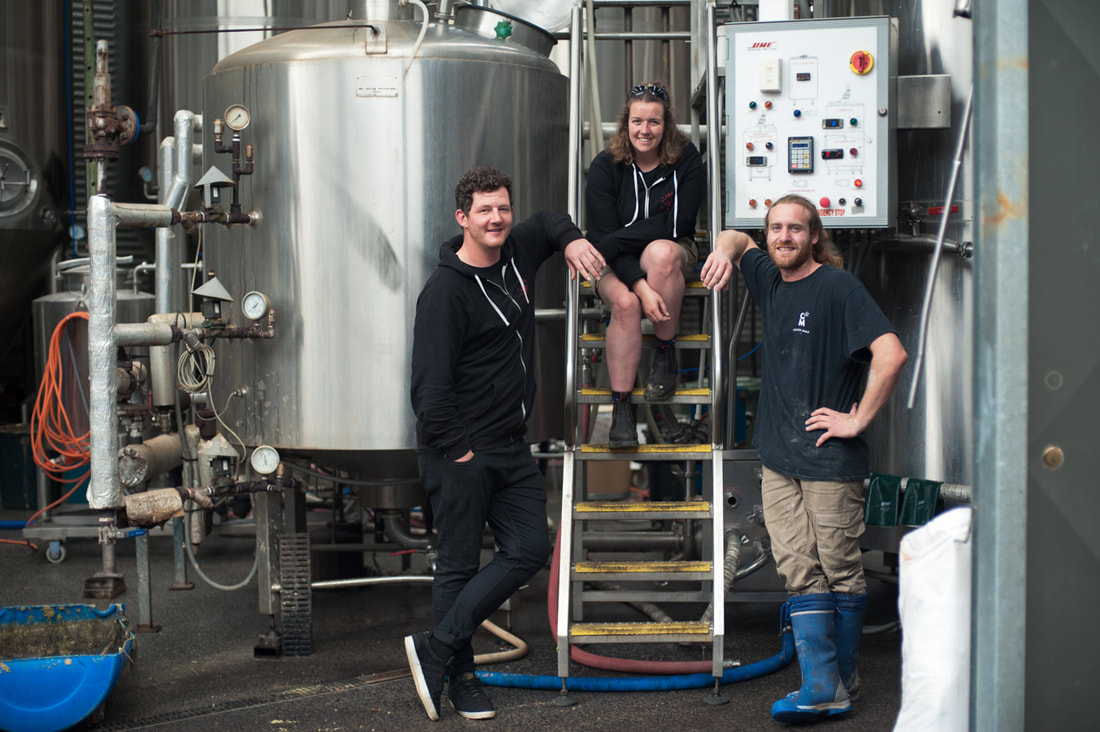
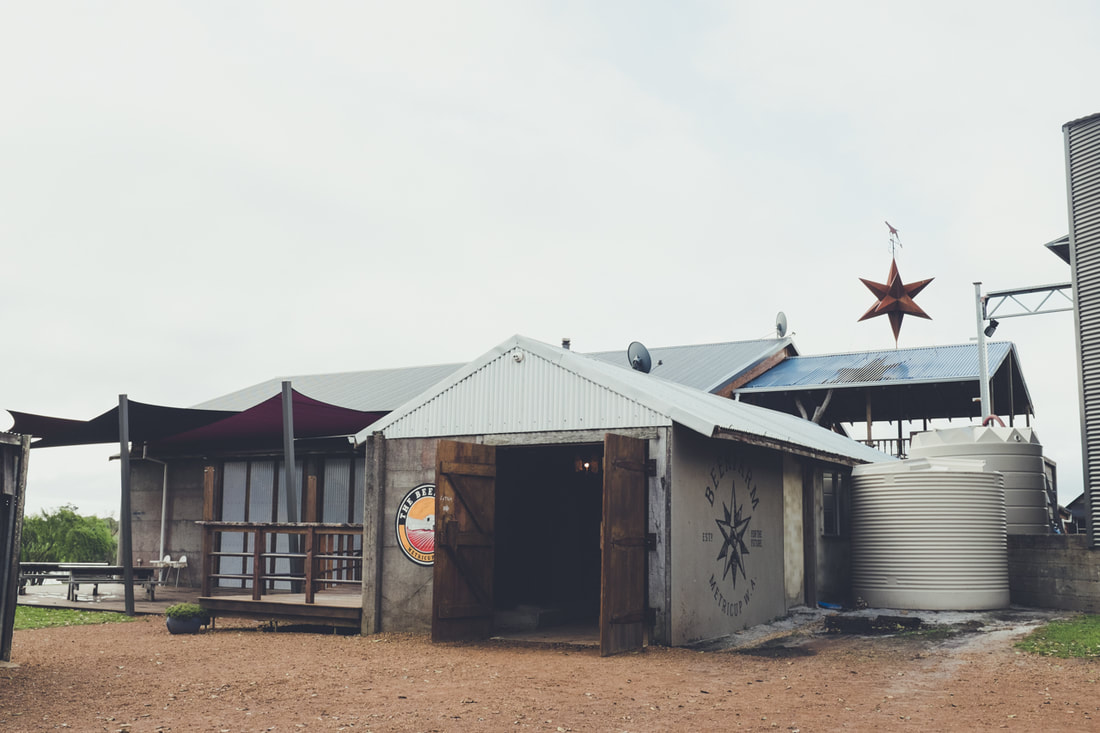
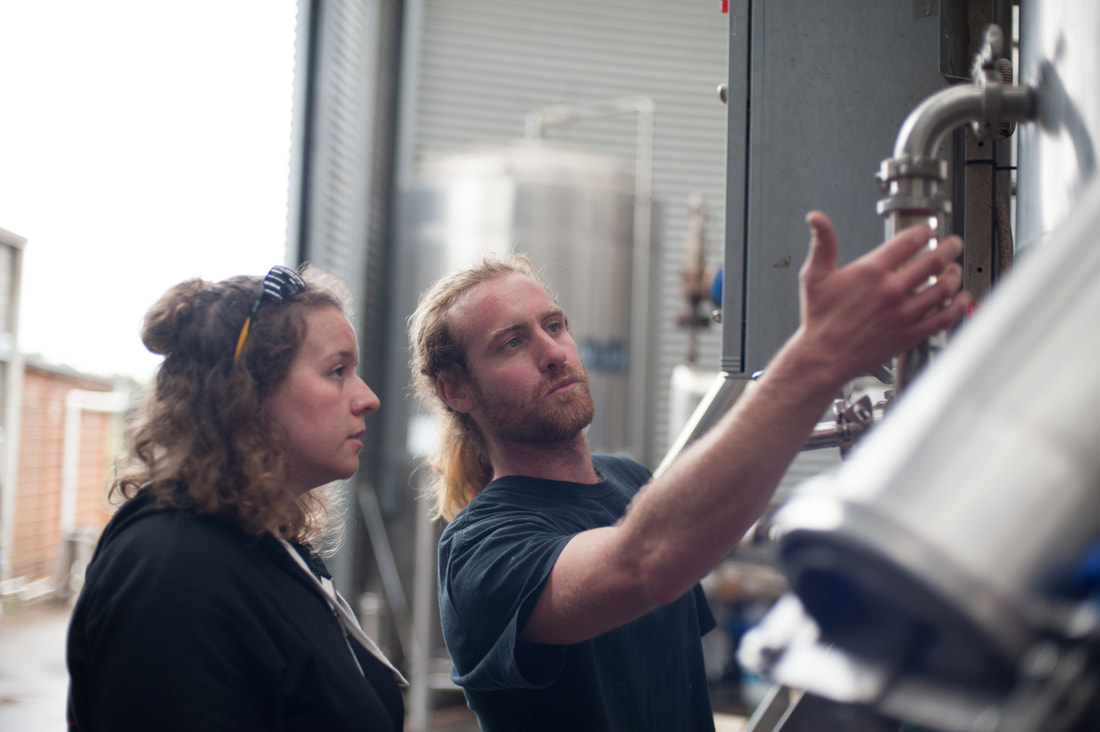
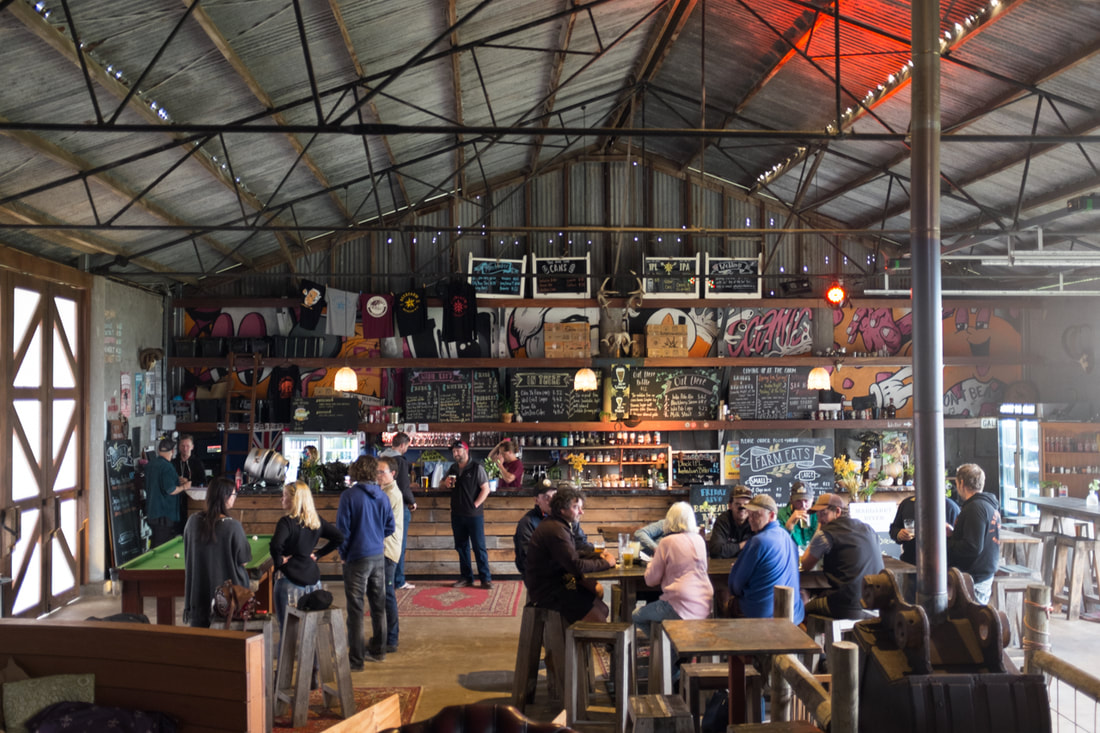
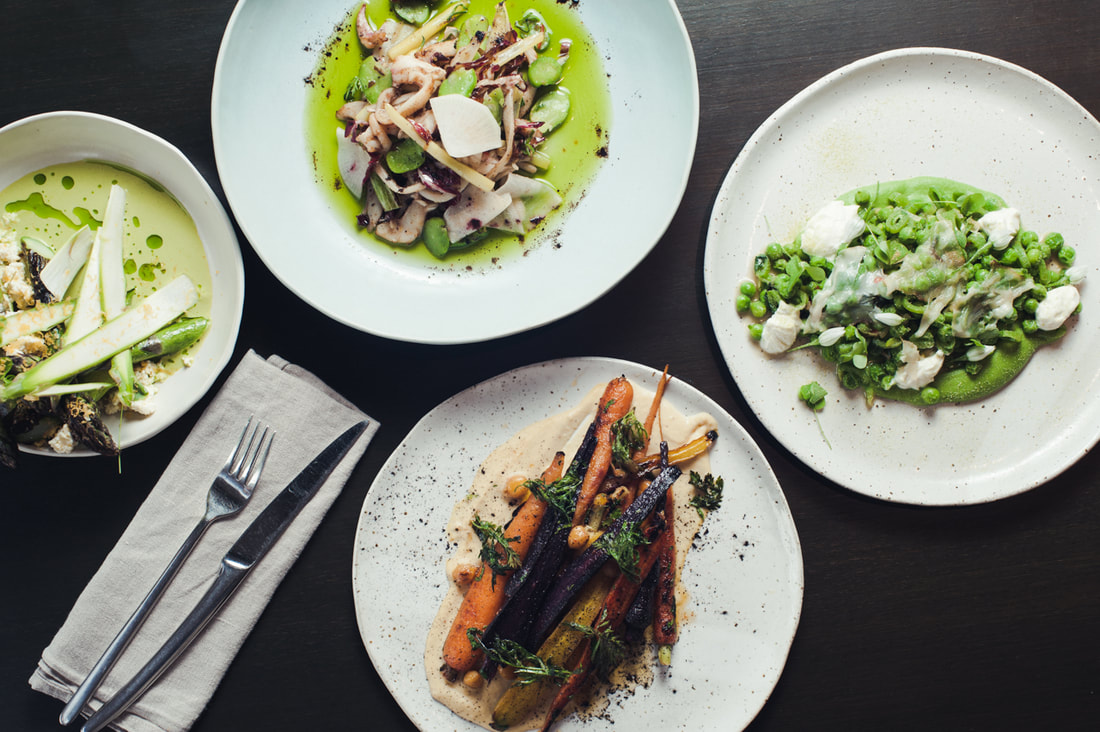
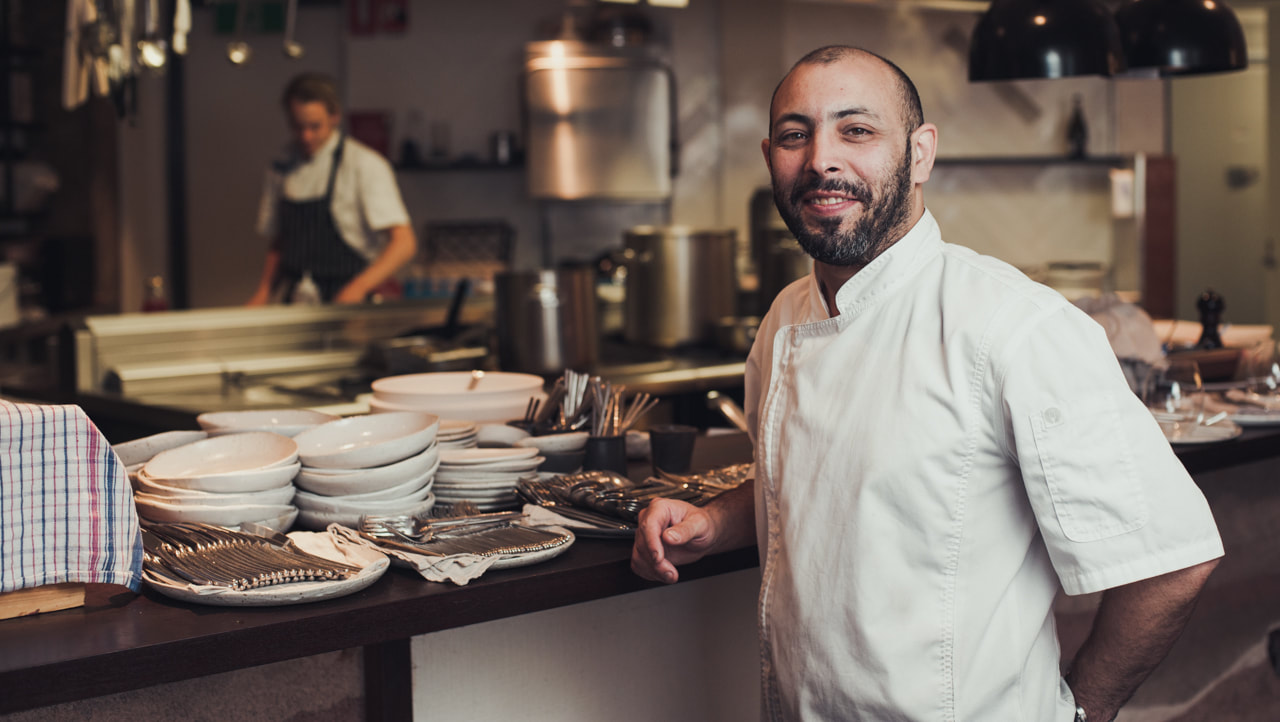
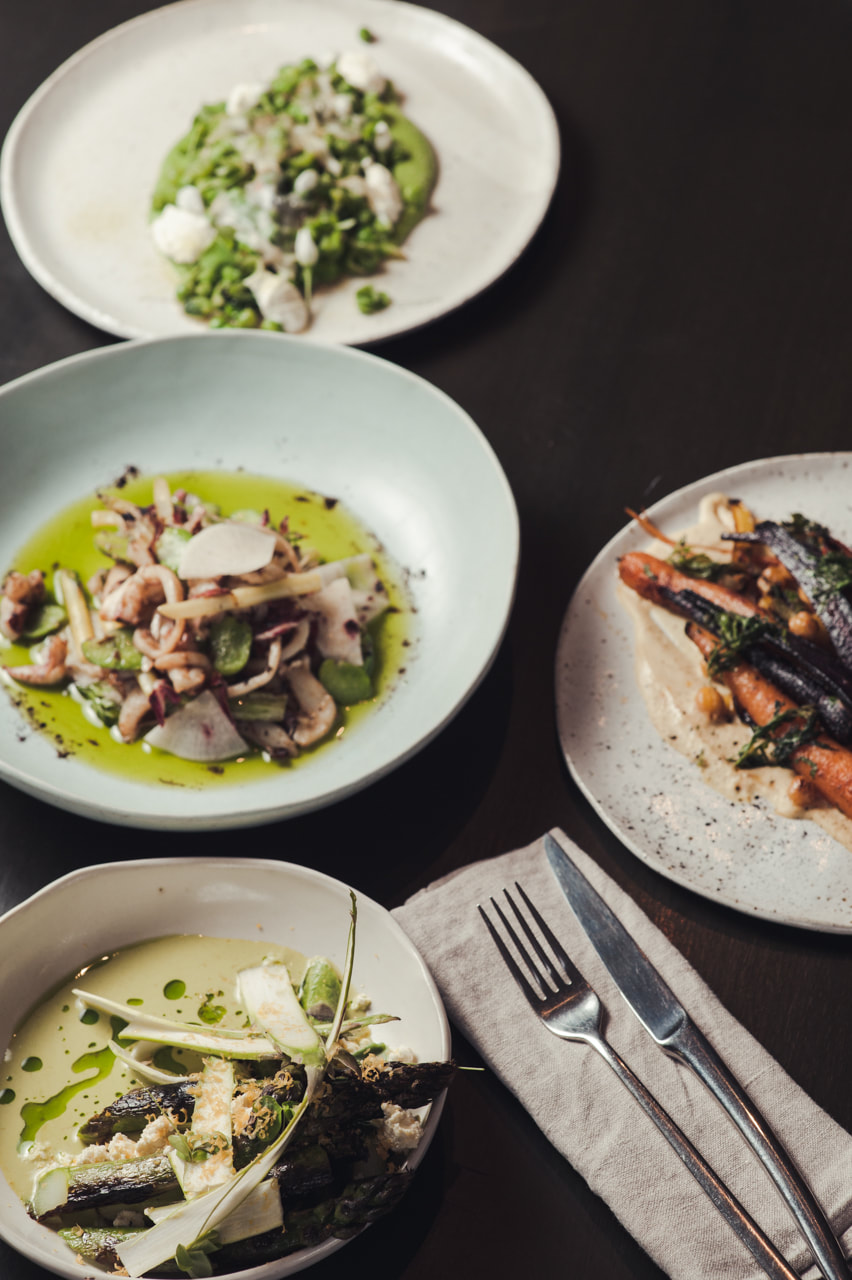
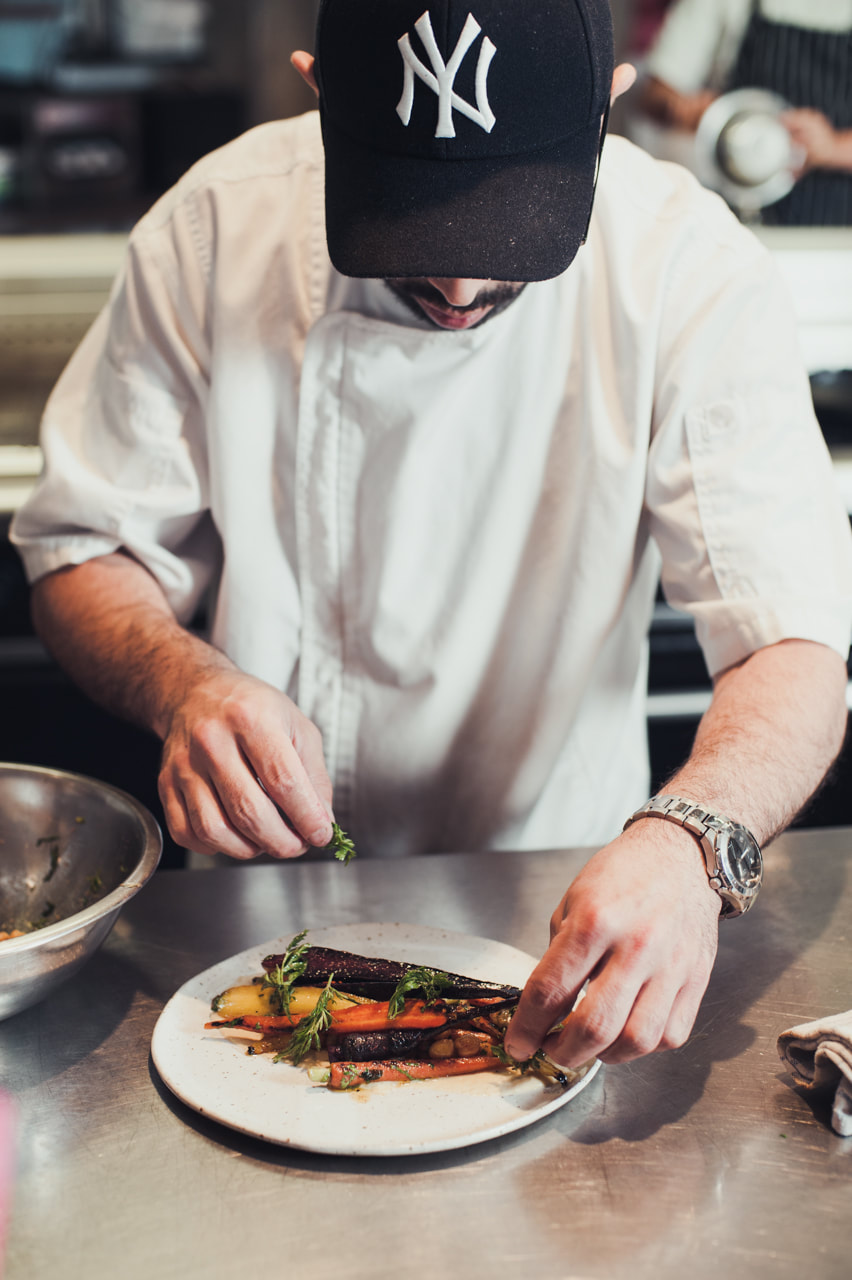
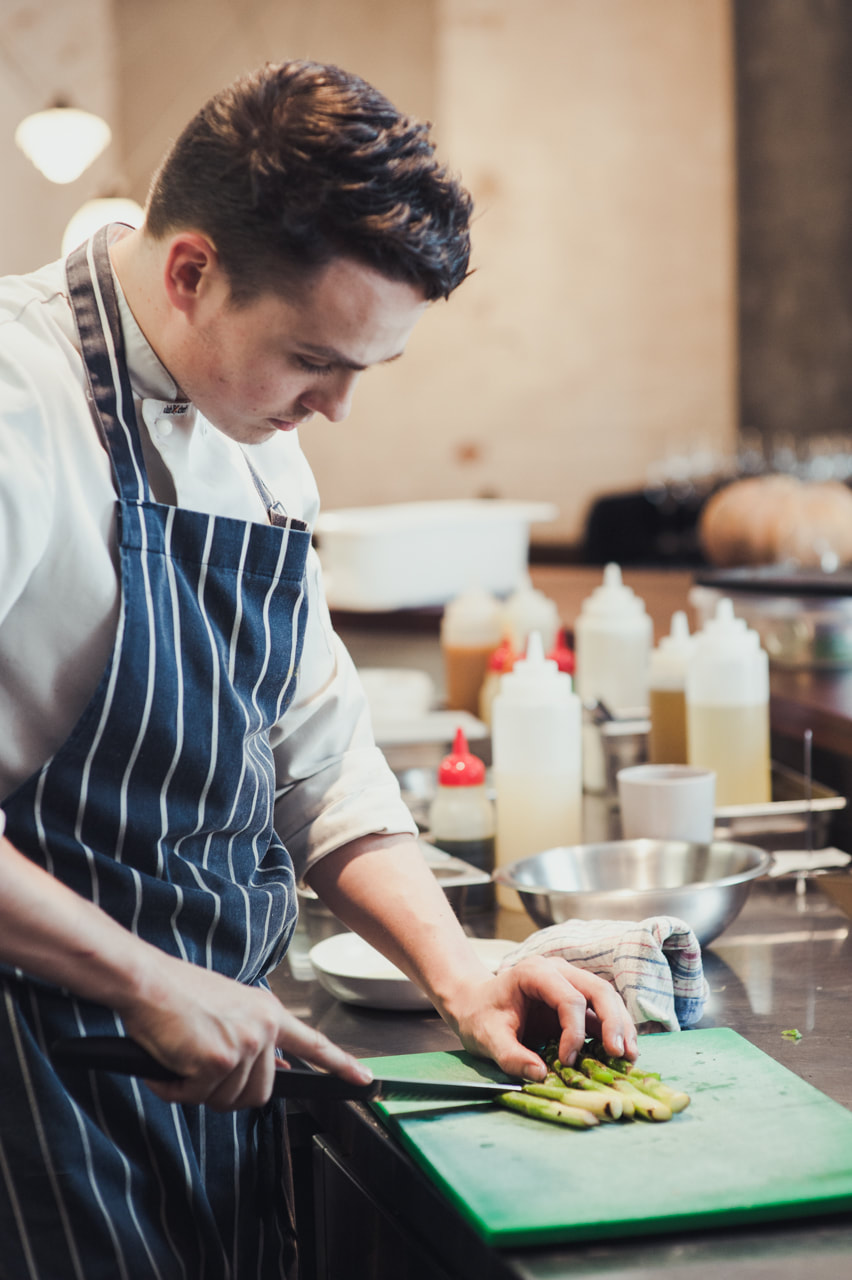
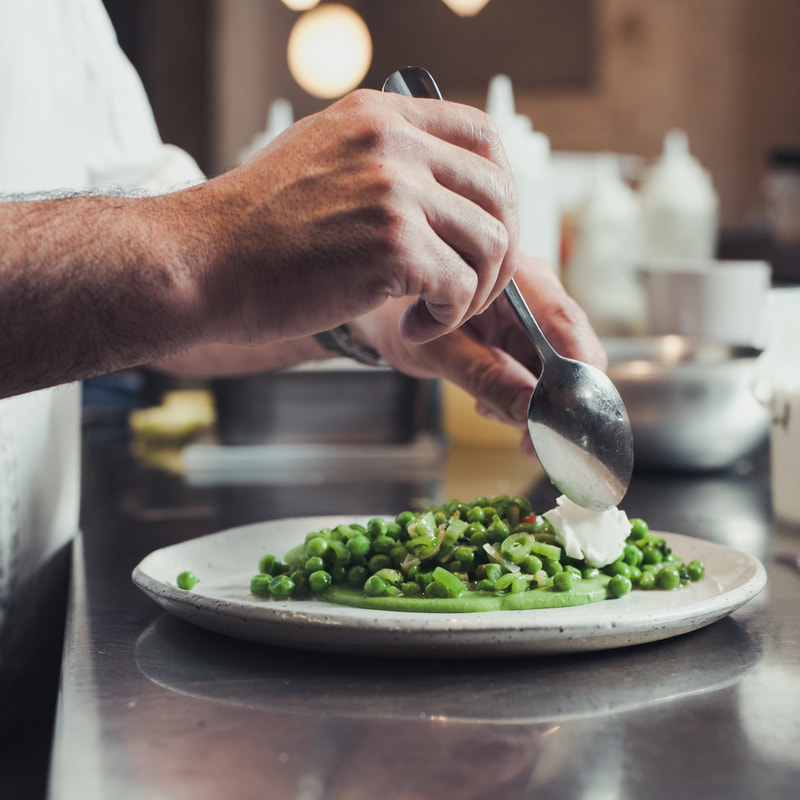
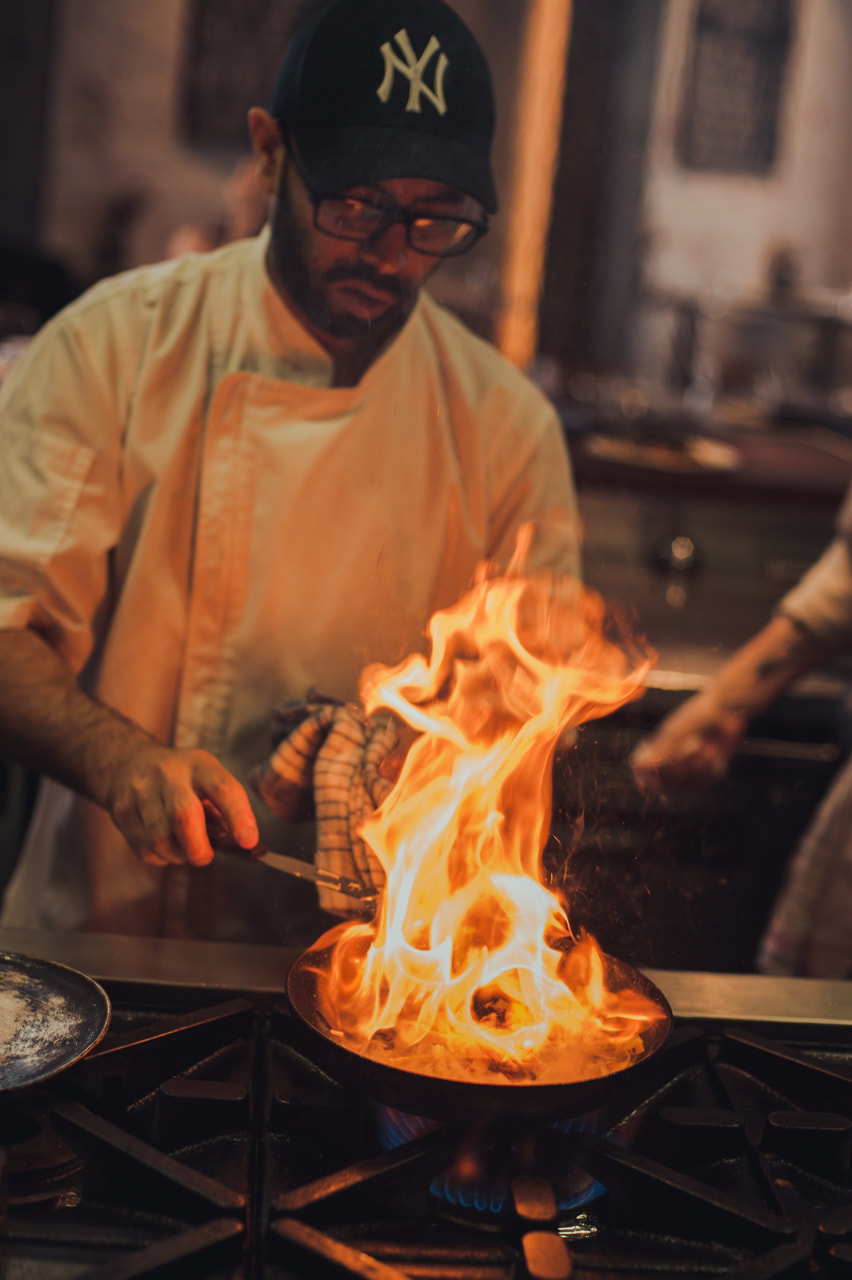
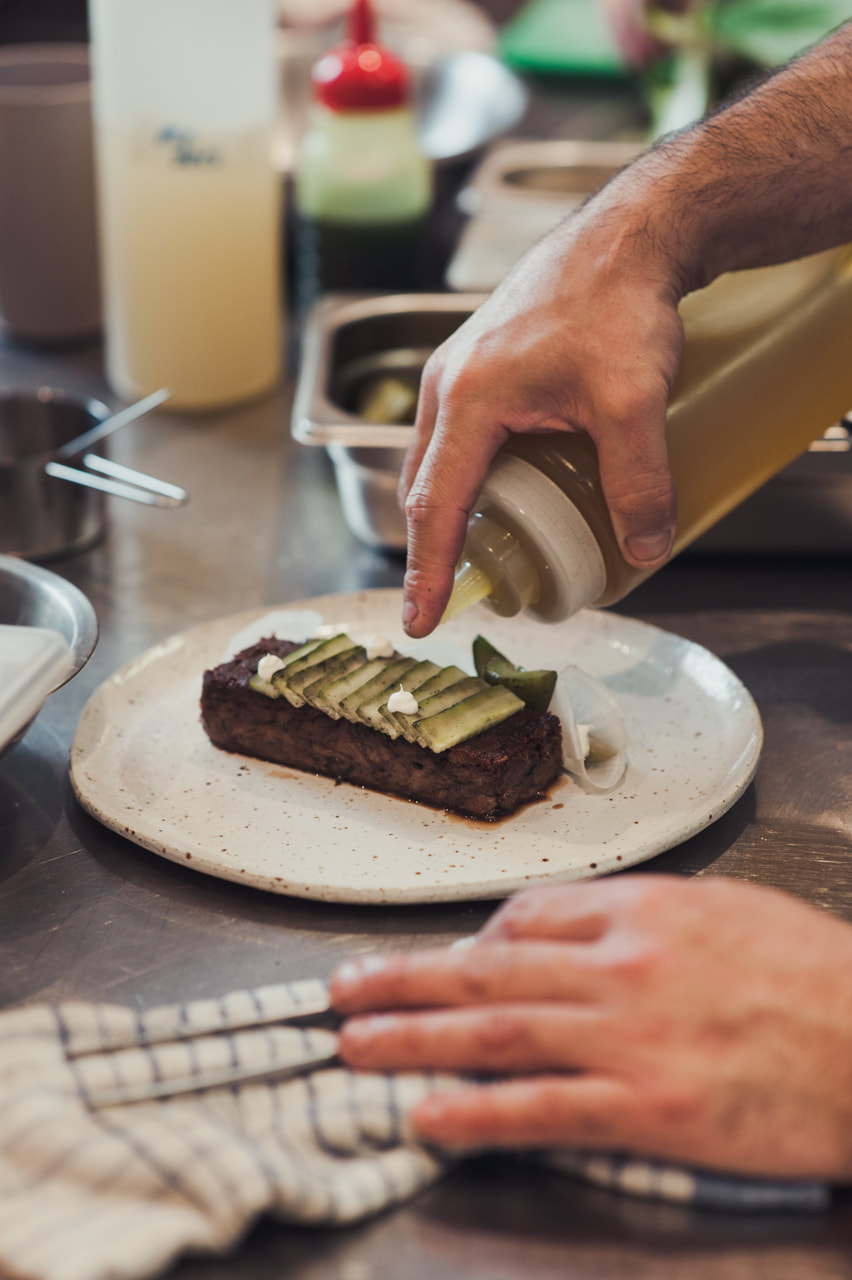
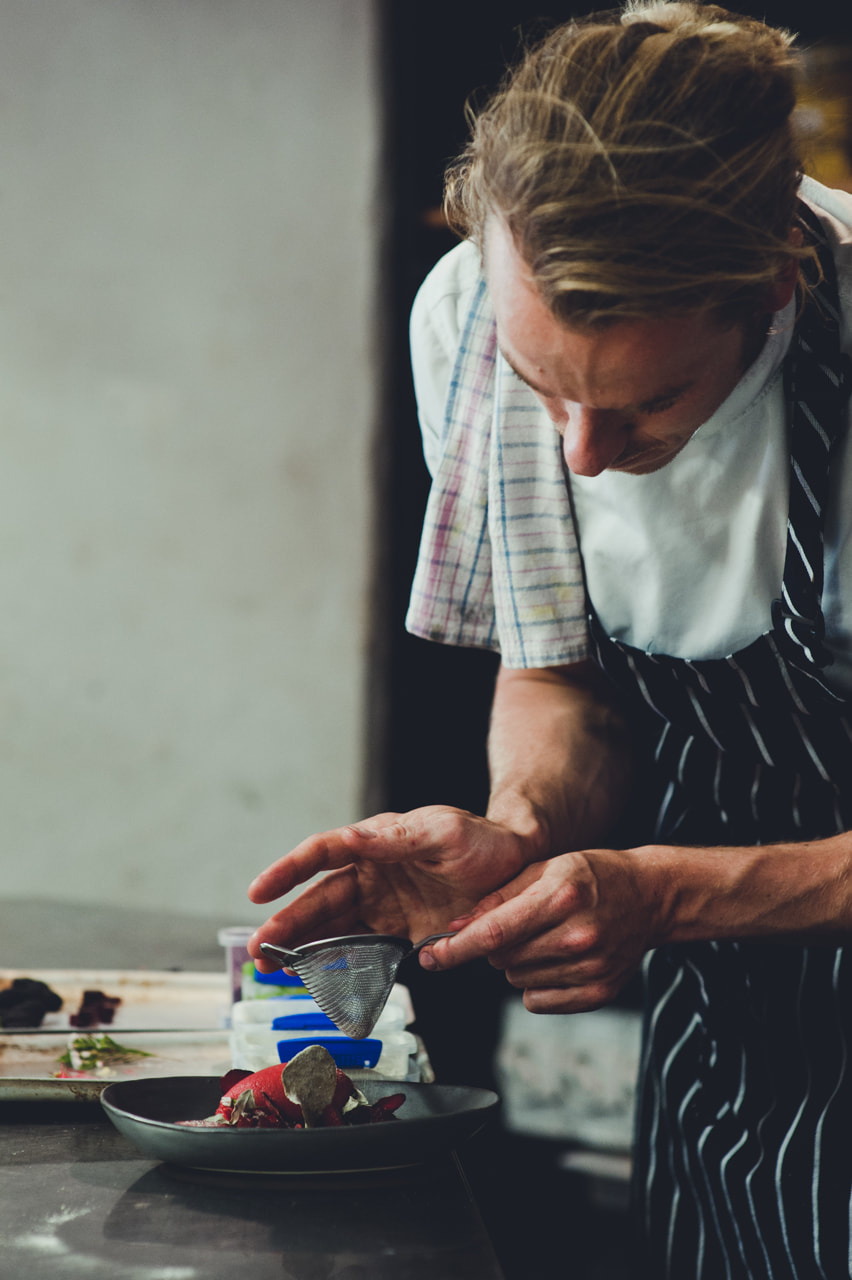
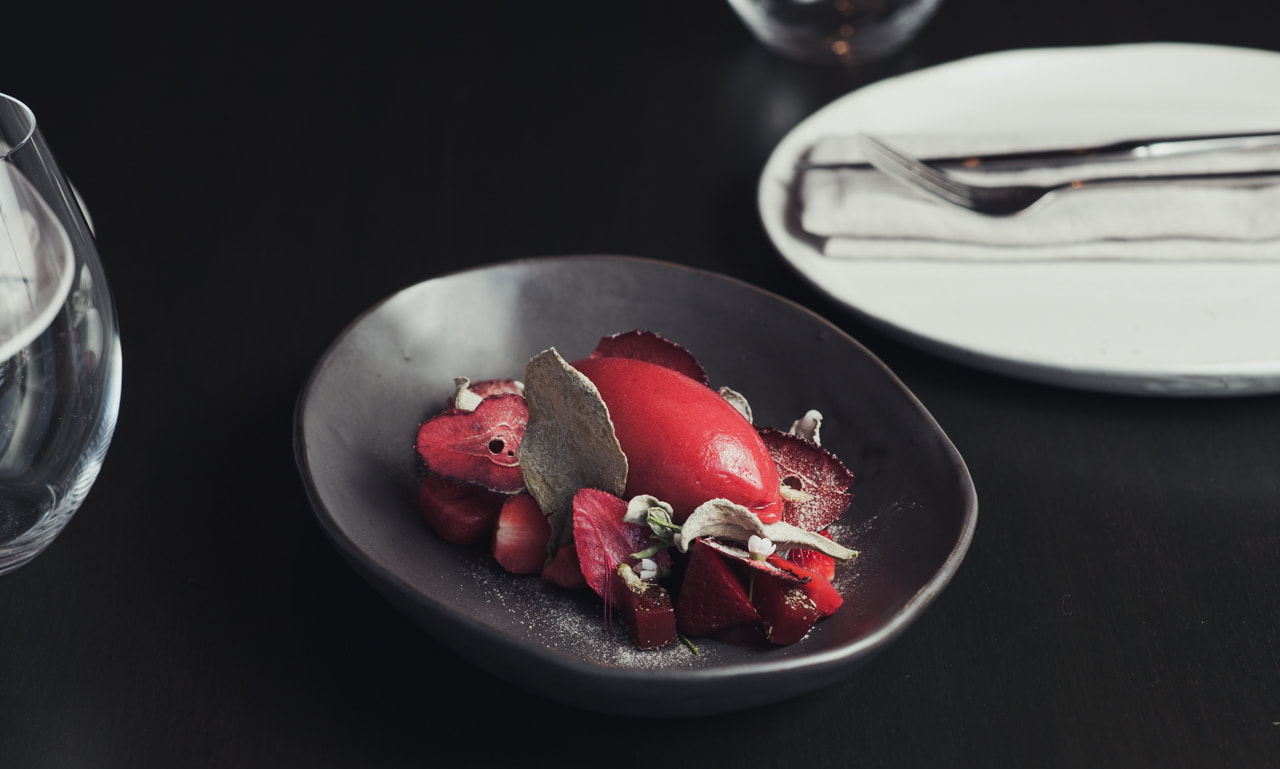
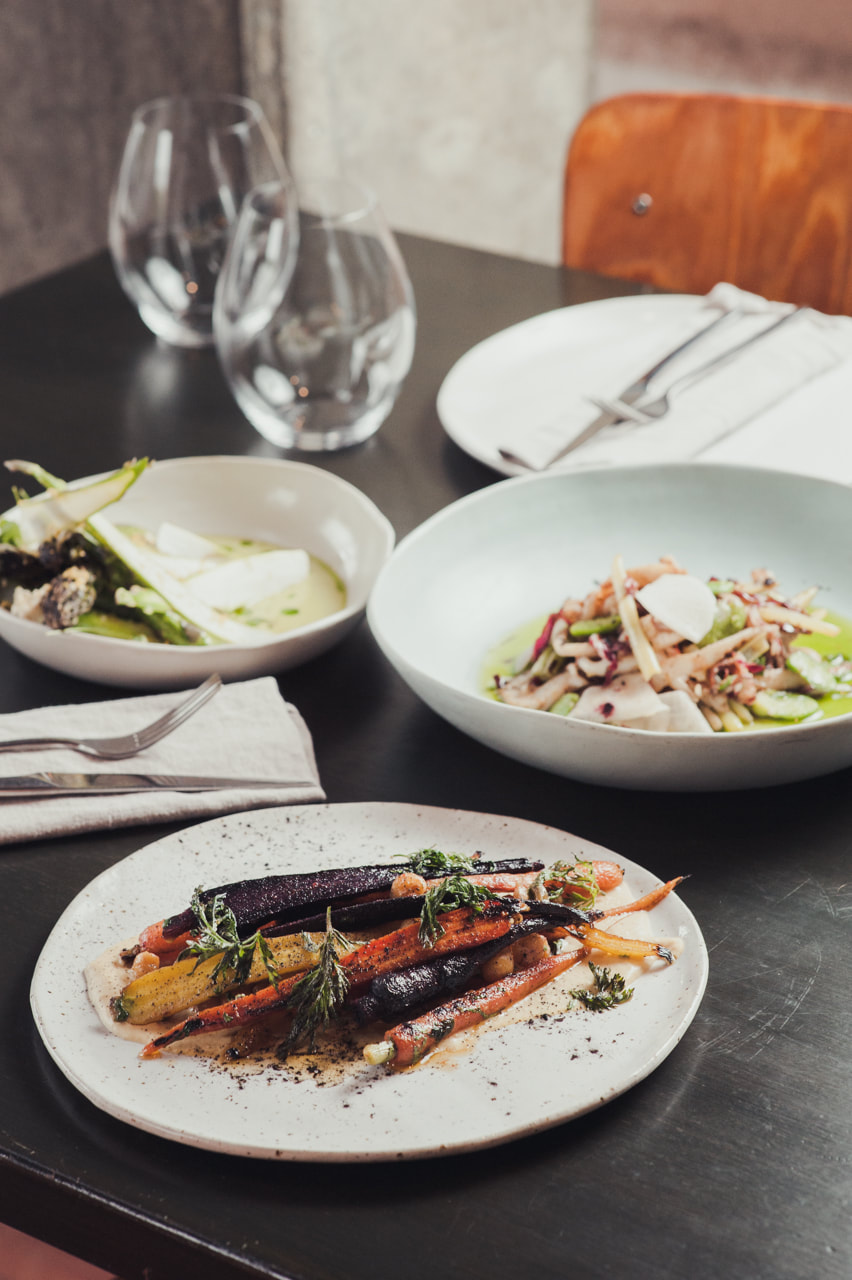
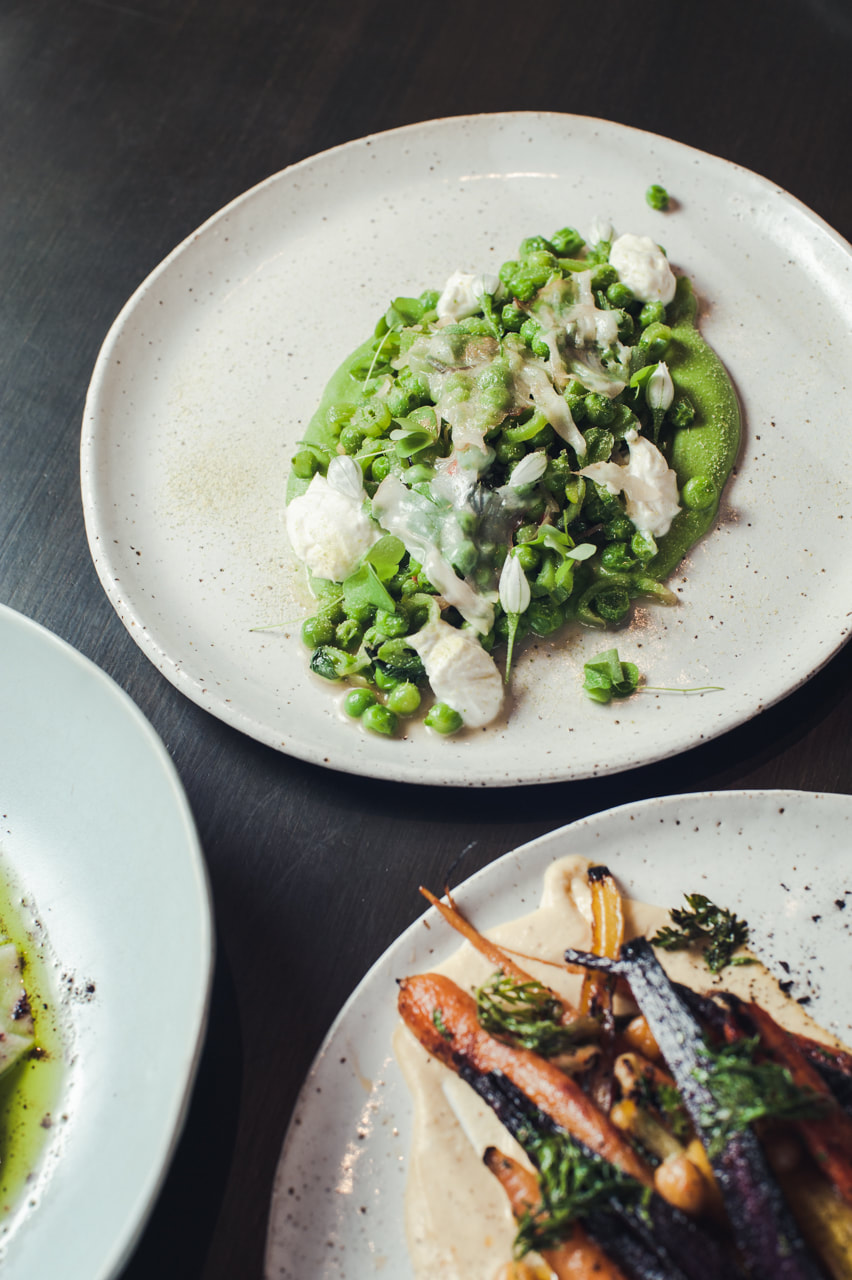
 RSS Feed
RSS Feed